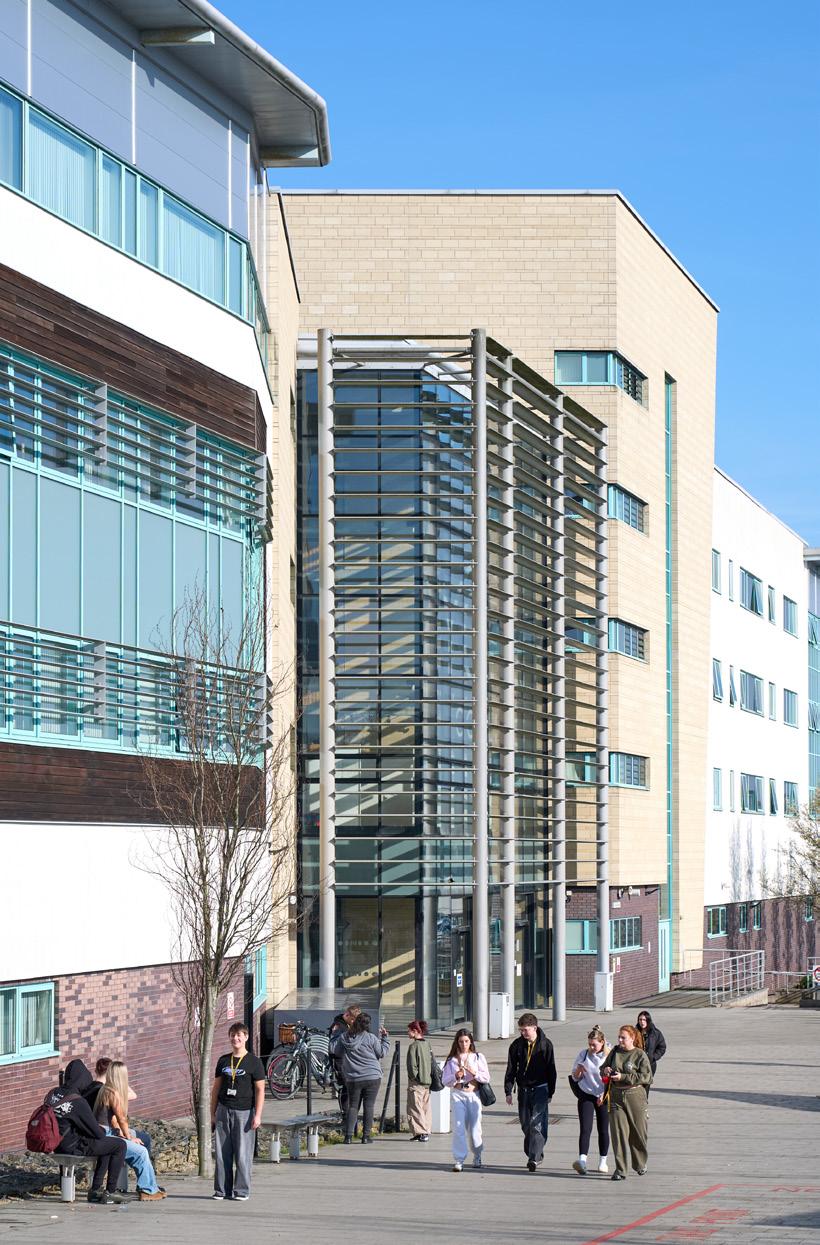Course Guide 2026
A LEVEL | VOCATIONAL | T LEVEL | APPRENTICESHIP
YORK COLLEGE MIX
You can now mix A Level and Vocational Courses. For more information see page 8.

You can now mix A Level and Vocational Courses. For more information see page 8.
It is possible to produce this document in other formats. If you require this service please call the College on 01904 770239.
Tuesday 7th October 2025 5.30pm - 8.00pm
Saturday 8th November 2025 10.00am - 12.30pm
Thursday 20th November 2025 5.30pm - 8.00pm
Thursday 12th February 2026 5.30pm - 8.00pm
Wednesday 29th April 2026 5.30pm - 7.30pm
Taster Days for Year 11 students will be held on: 13th & 15th January 2026
Booking in advance is required. Please see our website or call 01904 770239 for further information.
Tuesday 23rd June 2026 A fun social event for applicants.
Our Schools Liaison Team work closely with schools across the region to ensure students, parents and staff are informed about all Post-16 course options and opportunities available at York College. They deliver presentations and attend careers fairs in school, providing advice and guidance, as well as organising information events at the College.
To find out more or to get in touch with our Schools Liaison Team, please email info4schools@yorkcollege.ac.uk
FIND OUT MORE
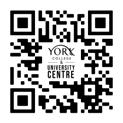
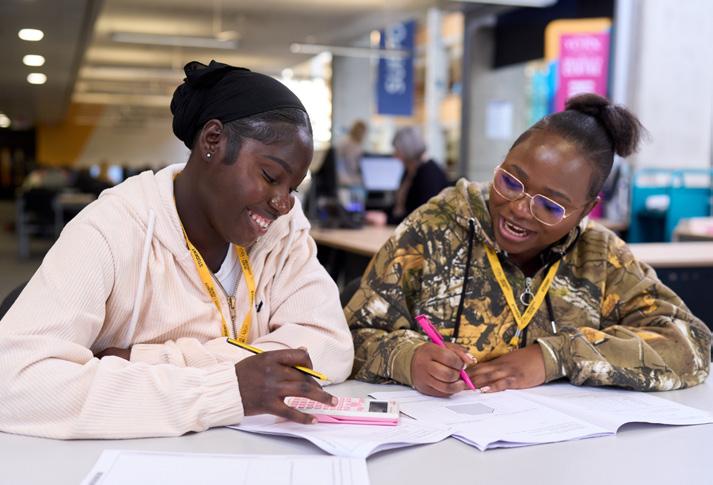
Choosing the right course or combination of subjects to study after Year 11 is exciting but can also seem a bit overwhelming. Here are a few tips to help you get started, and some advice on what to be doing throughout the year.
Think about the subjects you enjoy, the style of course you prefer (e.g. exams, coursework or work placement) and any specific careers you are interested in.
Look at the entry requirements for courses that you are interested in as this will give you an idea of what is needed for different types and levels of courses. We have courses to suit all levels and abilities.
These give a great overview of all the course options and support available, provide the chance to speak to tutors and the opportunity to see our outstanding facilities.
Please see page 3 for dates.
Our Taster Days for Year 11 students take place in January and provide a great chance to try some of the courses you are considering. But remember to book a place before Sunday 23rd November 2025 as we can’t accept any Taster Day bookings after this date.
6
Year 11 students can apply on our website for courses starting in September 2026 from 7th October 2025. Early application is advised and we would encourage all applications to be made by Easter.
All applicants will be invited to our Welcome Fest event - Tuesday 23rd June. A great social event designed for fun, exploration and answering any further questions you might have.
7
Once you have applied and have an offer to study at York College, we will send you details in early August of when you will enrol on your chosen course. Enrolment takes place after GCSE results day, in College, where there will be advisers on hand to discuss your plans and provide advice and guidance.
The table below gives an overview of typical GCSE entry requirements for our A Level, Vocational, T Level and Apprenticeship programmes starting in September 2026. This is for guidance only.
More detailed entry requirement information is available on the course pages of our website, as well as at Open Events, Taster Days and Guidance Discussions. Please note that some courses differ to the general guidance below for their level.
A Level + Mix (Level 3)
T Level (Level 3)
Vocational/ Apprenticeship (Level 3)
Vocational/ Apprenticeship (Level 2)
Vocational (Level 1)
Vocational (Entry Level)
Typically a minimum of four subjects at grade 5 or above plus English Language and Maths at grade 4 or above. Exact requirements will vary according to the subject.
Please refer to individual curriculum T Level offers for entry requirements. Most T Levels will require a grade 4 or above in English and Maths.
Five subjects at grade 4 or above including English and/or Maths. Exact requirements will vary according to the course. For Apprenticeship courses you must be in relevant employment.
Four subjects at grade 3. Exact requirements will vary according to the course. For Apprenticeship courses you must be in relevant employment.
Three subjects at grade 2. Exact requirements will vary according to the course.
There are no formal entry requirements.
In order to support progression to higher levels of study and employment, students who have not yet achieved a grade 4 at GCSE in English Language and Maths, and are 16 -19 years old, will be required to work towards this as part of their study programme.
Students will have dedicated English and Maths classes with access to additional materials to support independent study, as well as support sessions and revision workshops.
From September 2026, we are introducing a new and innovative qualification pathway here at College - York College Mix.
These programmes are equivalent to one A Level and will allow students to combine two A Levels and one Vocational course, offering a more flexible and personalised learning experience tailored to career aspirations and academic goals.
This flexible approach gives you the freedom to shape your education according to your ambitions. Whether you want to follow a traditional university route or pursue an industry-specific career, this pathway will equip you with the necessary skills and knowledge.
With a mix of A Levels and Vocational courses, you will gain a well-rounded education that opens up more career paths, whether you're looking to go to university, enter the workforce, or pursue further professional training.
The York College Mix allows you to tailor your studies based on your interests, strengths, and future career plans, ensuring you can maximise your potential.
Vocational qualifications focus on real-world skills, whilst A Levels provide in-depth academic knowledge, giving you the best of both worlds.
The combination of academic rigour and vocational expertise is highly regarded by employers and universities, giving you a unique advantage in the competitive job market.
Typically a minimum of four subjects at grade 5 or above plus English Language and Maths at grade 4 or above. Exact requirements will vary according to the subject.
There will be a wide range of subjects to chose from, the full list is available on our website but could include:
• Applied Science
• Cyber Security & Networks
• Early Childhood Development
• Engineering
• Enterprise & Innovation
• Health & Social Care
• Information Technology
• Medical Science
• Marketing
• Policing & Criminal Justice
• Sport, Exercise & Health
From September 2025 we will have information from the government to confirm which Mix subjects will be available in 2026 and beyond, so there is plenty of time to explore your options by attending one of our Open Events, checking our website for updates or contacting us directly via info@yorkcollege.ac.uk.
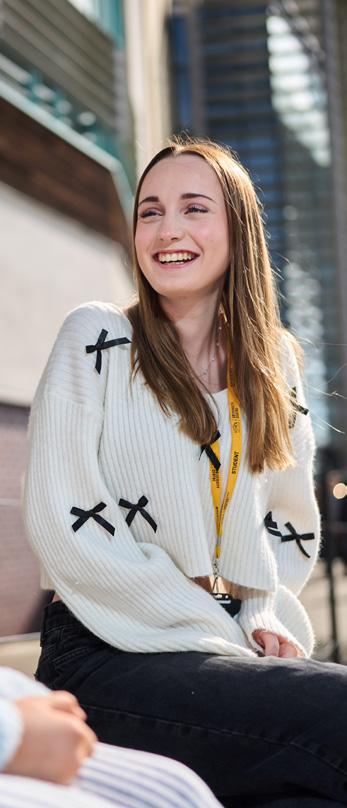
We pledge to provide students and apprentices with opportunities to develop the following skills:
Being able to relay messages and be persuasive about different points of view.
Being able to work with other people, whether you are friends with them or not, to ensure the end goals of the group are achieved.
Being able to overcome challenges and not giving up when things get difficult.
Being able to overcome tricky situations and finding solutions to challenges.
Being seen as someone who does what they say they are going to do and delivering on promises as expected.
Being able to think creatively when facing challenging situations and wanting to know more about how things operate or how what you are doing might make a difference.
Being able to understand where your own strengths and weaknesses are, and what you need to do to maximise or minimise them.
Being able to cope well with change and continue to be successful in new environments.
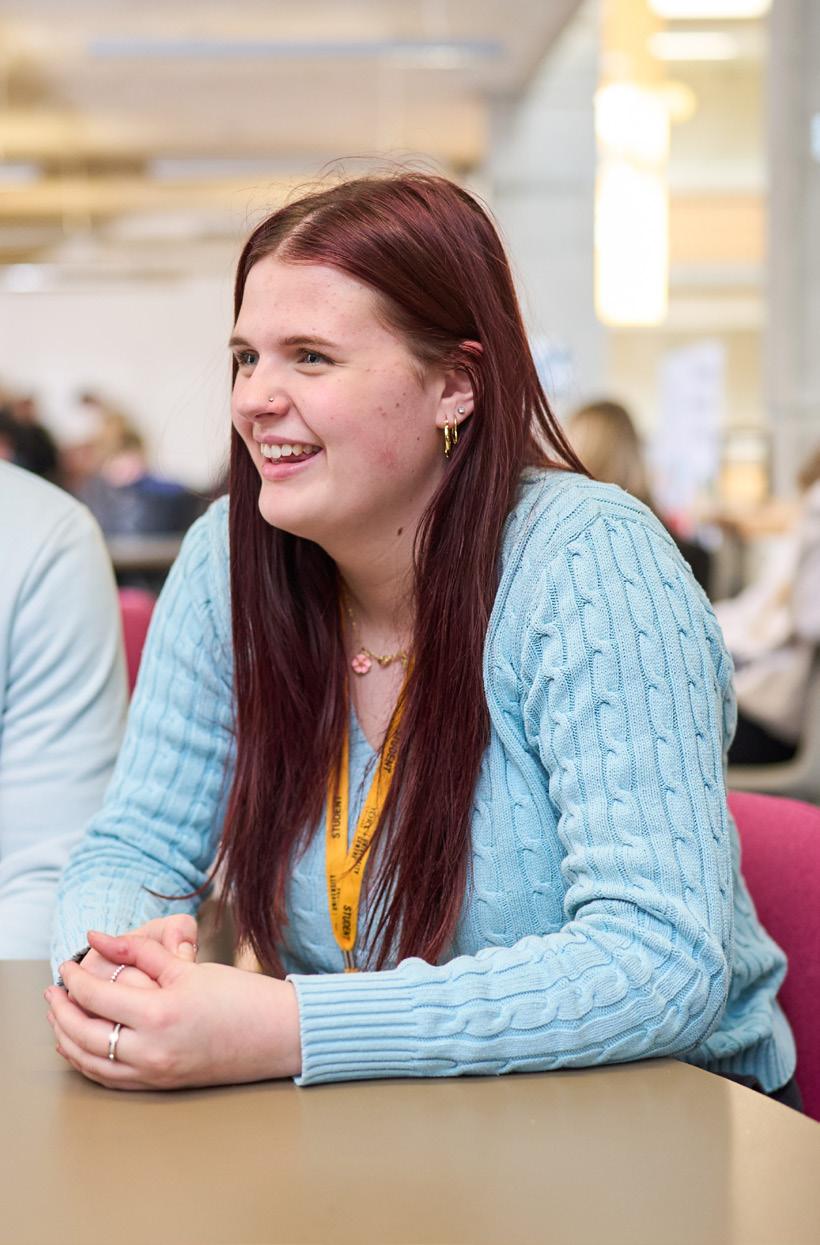
The ‘Your Experience’ Team are here to support you and ensure you get the most out of your time at College. The team are dedicated to making sure your experience is a positive one, and cover a wide range of services which include:
Students are allocated a Progress Coach who will play a key role in supporting their academic and personal development, through individual meetings and group tutorials.
Tailored support for students with learning difficulties and/or disabilities (SEND) including specialist staff, equipment and resources.
Assisting students to secure high quality placements where this is a requirement of their course.
Providing information about financial support available including loans and bursaries.
Students are at the centre of our decision-making process and are encouraged to get involved in an active programme of student voice activities.
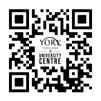
We offer a range of health and well-being services including drop-in sessions, counselling, workshops and referrals to external support if needed.
Get involved with our wide range of enrichment activities: find a new hobby, develop personal skills and gain valuable experience.
The Learning and Research team, based across the Learning Centre, are on hand to support you with your study skills and accessing key resources and materials.
Run by students, for students, the Student Union organise charity and social events and raise and discuss relevant issues.
Personalised guidance to help students explore career options, develop employability skills, and plan their next steps.
We operate privately run College coach routes directly into College from around the region for areas not conveniently served by public transport.
Please visit the transport page of our website where you can find more information about:
• College coaches including timetables, pricing and links to buy tickets
• Public transport including services which stop at or near to the College
• Travelling by train, bike or car
www.yorkcollege.ac.uk/about/travel
Richmond
Northallerton
Knaresborough
Harrogate
York
Kirkbymoorside

Nafferton
Barmby Moor
Crossgates
Leeds
Our Esports Development Centre is for Esports athletes who have a passion for their games and want the opportunity to combine a full-time education programme with high-quality coaching in one of our Development Centre teams.*
• Valorant
• Overwatch 2
• FC26
• League of Legends
• Rocket League
• Apex Legends
• Sim Racing
• Street Fighter
• Rainbow 6 Siege (18+)
• Counter Strike 2 (18+)
• Plus more

*Teams may be subject to change. FIND OUT MORE
Our Esport teams are competing at the highest level nationally within the British Esports Student Championships as well as other tournaments and competitions. Involvement with the Development Centre is organised during the College week ensuring that students are still free to train and play for their own teams outside of College time.
Supporting the ‘British Esports Federations’ mission to promote, improve and inspire, we’re joining the ‘Women in Esports’ initiative, a dedicated space to “build a more diverse and inclusive industry, combating the under representation of women and marginalised genders in esports.”
Join our thriving Women in Esports team and showcase your skills in Valorant and Overwatch 2.

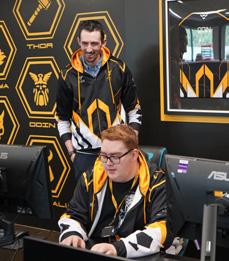

Our Development Centres are for talented student-athletes between the ages of 16 and 19 (and aged 16+ for Esports) who want the opportunity to combine academic study with high quality coaching in one of our Development Centre teams.
Every student accepted on to our Development Centre teams is required to undertake a full-time programme of educational study (Esports requires enrolment onto a full or part-time course of study). This is organised to fit in with regular training and coaching. Students may study across the range of courses offered at the College, (subject to Vocational pathways’ timetables and excluding Apprenticeships and T Levels) and results demonstrate success in both exams and coursework.
Our Sports Development Centre is for talented student-athletes who have a passion for their sport and want the opportunity to combine a full-time education programme with high-quality coaching in one of our Sports Development Centre teams.
• Men’s and Women’s Football, in partnership with York City
• Men's and Women's Rugby League, in partnership with York Rugby League Football Club
• Basketball
• Netball
These teams are competing at the highest level regionally and nationally within English Colleges and Association of Colleges competitions and leagues. Involvement with the Development Centre is organised during the College week ensuring that students are still free to train and play for their own club outside of College time.
Our Sports Development Centre has outstanding links with local partners who support and enhance our delivery.

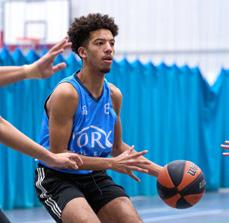

York College are recognised for their support of talented athletes as part of the TASS Dual Career Accreditation Scheme. This recognises our support to talented athletes in their chosen sport, helping them to balance their academic studies alongside their sporting commitments.









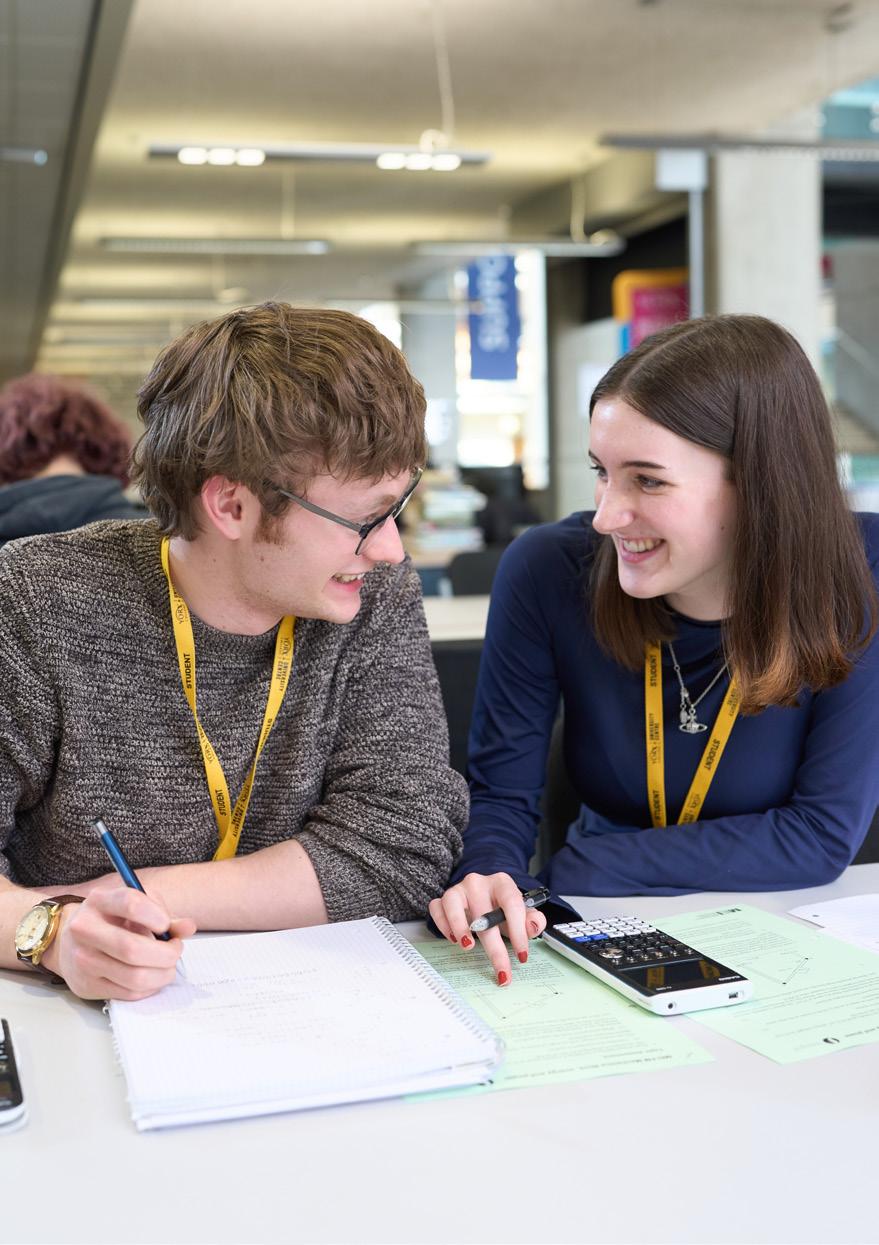
FIND OUT MORE
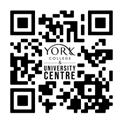
A Levels are Level 3 qualifications, have an academic approach to subjects and are primarily assessed by written exams. You will take three A Level subjects as well as an enrichment option, and with a wide range to choose from, almost any combination of subjects is possible.
These options are equivalent to one A Level and allow you to choose a qualification with specific links to a chosen industry sector or career meaning you can gain practical skills alongside academic knowledge.
You will take two A Level subjects and one 'Mix' subject, assessed primarily by course work/practical assessments and exams, as well as an enrichment option.
The following pages give you an overview of the A Levels and Mix subjects we offer. For more detailed descriptions and entry requirements, please visit the relevant course pages on our website.


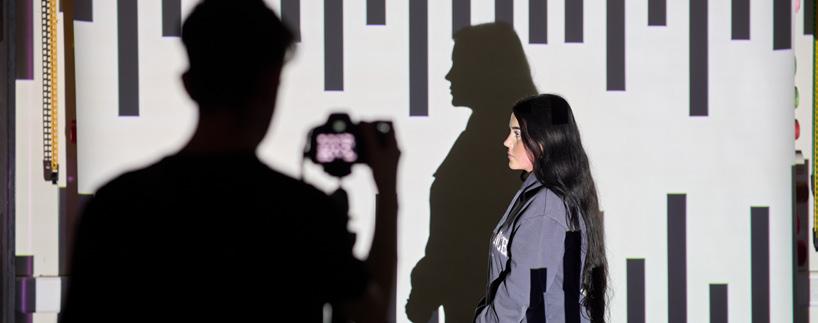

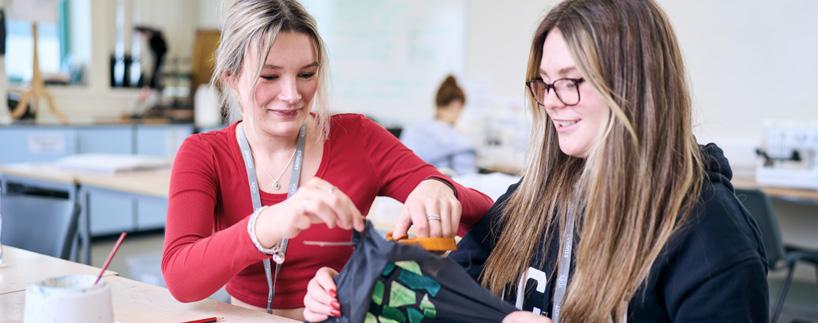
The Fine Art programme provides you with the opportunity to learn, express yourself imaginatively and develop a range of skills in relation to drawing, painting, sculpture and mixed media. There are two components: personal investigation 60% and externally set task 40%. You will produce a body of work for all units, from initial research, through development and experimentation towards a finished piece with your achievements celebrated in an end of year Creative Show.
This course combines well with most other A Levels and can be taken alongside other creative A Levels or as a creative subject to give your A Level programme breadth and depth. On completion you can do a one year post-A Level Art & Design Foundation Diploma or apply directly on to higher-level degree courses.
This course provides you with the opportunity to learn and develop a range of skills in relation to a variety of photography processes and techniques. You will produce a body of work for all projects/units, following the art process from initial research and starting points, through development and experimentation towards a final response in the form of a finished piece.
This course combines well with most other A Levels and can be taken alongside other creative A Levels or as a creative subject to give your A Level programme breadth and depth. On completion you can do a one year post-A Level Art & Design Foundation Diploma or apply directly on to higher-level degree courses.
This course provides you with the opportunity to learn and develop a range of skills in relation to a variety of print and surface decoration, fabric manipulation, pattern cutting and garment construction techniques. You will produce a body of work for all projects/units, following the art process from initial research and starting points, through development and experimentation towards a final response in the form of a finished piece.
This course combines well with most other A Levels and can be taken alongside other creative A Levels or as a creative subject to give your A Level programme breadth and depth. On completion you can do a one year post-A Level Art & Design Foundation Diploma or apply directly on to higher-level degree courses.

FIND OUT MORE
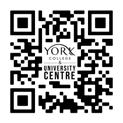
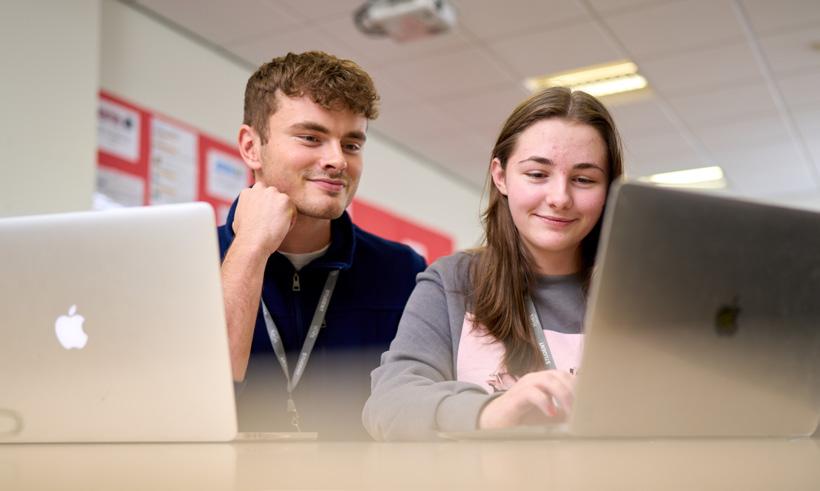
This course covers the role of an Accountant within an organisation. You will learn about the financial aspects of business operations as well as build knowledge and understanding of key concepts and principles and techniques of accounting that apply to real-life scenarios. You’ll develop the ability to solve problems logically, analyse data, make reasoned choices and communicate your findings effectively. Content includes analysis and evaluation of financial information, budgeting, accounting for limited companies, capital investment appraisal, and preparation of financial statements.
A Level Accounting is an excellent complementary subject to Business, Economics, Maths or Core Maths. It will prepare you for further study at university or to study professional qualifications such as AAT, ACCA, ACA, CIMA or CIOT.
Engaging with many of the issues relevant in today’s society, studying Business gives you the knowledge and tools needed to understand how businesses are created, managed and become successful. It gives an understanding of the problems businesses face and encourages you to develop analytical and evaluative ways to solve them. You’ll study units including marketing, operational and financial management as well as analysing the strategic position of a business, choosing a strategic direction and managing change.
Business combines well with any subject, but particularly Economics. Progression includes higher-level courses or university in a number of related areas such as marketing and business.
This A Level encompasses subjects associated with both micro and macro economics, including the market system, market failure and government intervention, the national and international economy, labour markets, poverty and inequality, financial markets and monetary policy, to give you a broad knowledge of economics. As well as being equipped to handle modern life, having this qualification shows you have the ability to analyse and understand economic subjects, as well as sound financial knowledge and essay-writing skills.
Economics combines well with Business, Accounting, Maths and any of the Social Sciences. It will prepare you for higher education economics courses, joint degrees, or higher apprenticeships. Careers could include working in financial markets, business management and corporate law.
This course is all about turning ideas into reality. You will learn how to start and grow a business, develop a brand, manage finances, and pitch like a pro. Through creative projects, business simulations, and working with real-world challenges, you will gain the confidence and knowledge to become an entrepreneur or an innovation leader. You will explore key topics such as market research, financial planning, brand development, and the role of innovation in a competitive marketplace. Students work on real-world business challenges, pitch ideas, and develop enterprise projects, fostering creativity, resilience, and commercial awareness.
This course supports progression to business related higher education courses or degree apprenticeships and is ideal for those who enjoy problem-solving and want to shape the future of business.
If you’re creative, curious about customer behaviour, and love the idea of shaping brands and campaigns, this Marketing course is for you. You will explore the key principles of marketing, including market research, consumer psychology, digital marketing strategies, and brand management. Through practical projects and real-world case studies, you will learn how businesses attract and engage customers, develop effective advertising campaigns, and use social media to build strong brands.
This qualification is designed to complement creative A Level subjects such as Art or Textiles but also aligns well with subjects such as Business and English, providing a strong foundation for higher education courses in advertising, marketing, business, or communications. It also prepares you for exciting career pathways in marketing, public relations, digital media, and sales.
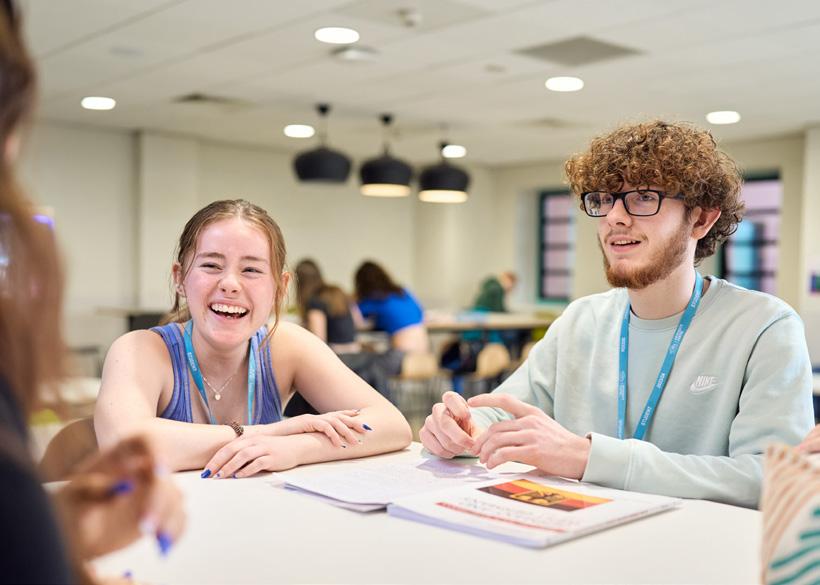
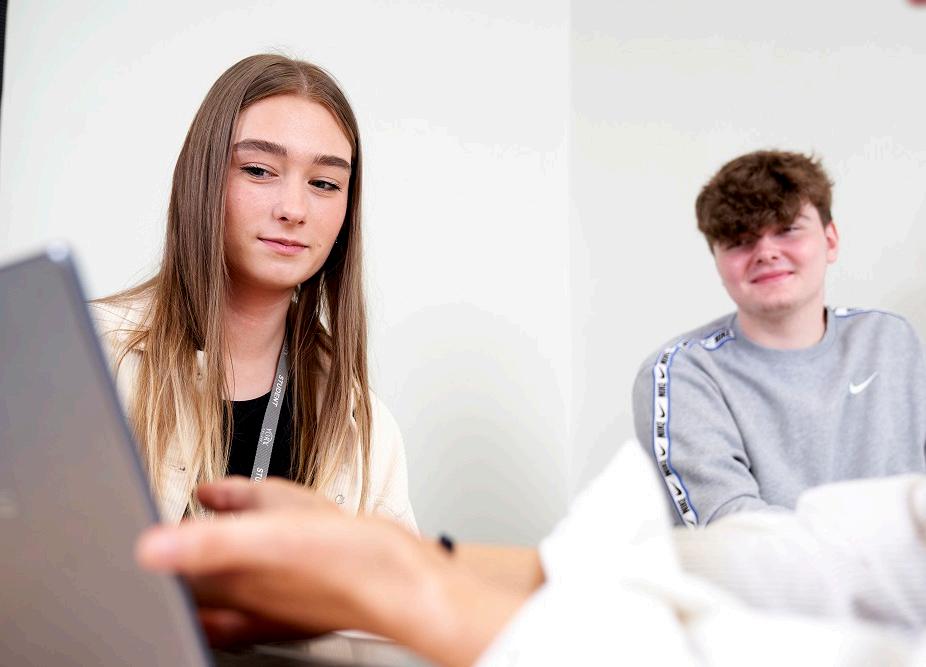
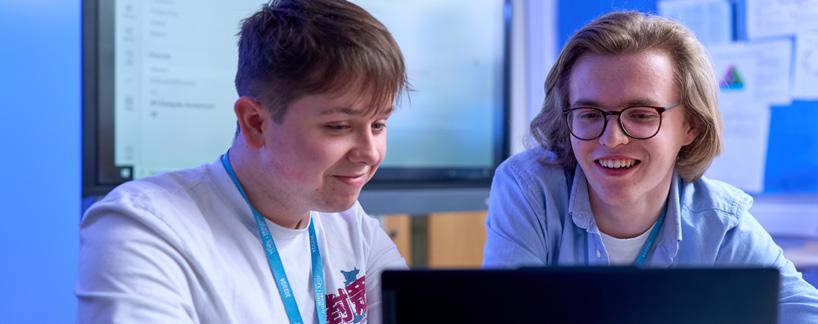

FIND OUT MORE
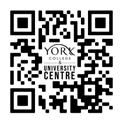

Computer Science is an exciting, modern subject relevant to many disciplines and careers. You will study units relating to computer systems such as software types and software development, networks and exchanging data (web, encryption and security), data types and data structures as well as looking at legal, moral, cultural and ethical issues. With algorithms and programming you’ll study elements of computational thinking (designing and coding in C#), problem solving and programming (coding in C# and using LMC) and using algorithms to solve problems.
Computer Science skills are relevant for technologically rich subjects such as engineering or science and for a wide range of careers and courses. Degree study could include computer science, software programming, artificial intelligence, cybersecurity, engineering, physics, mathematics and aeronautics. Alternatively, you could progress into industry or on to an apprenticeship as a Software Engineer, Software Developer or other related roles.
This is an academic subject that teaches theoretical, cultural and historical approaches to film. In the first year you will develop your appreciation and understanding of film as a dominant art form and a vastly commercial venture. You will also create your first film from pre-production to post-production. In the second year you will continue to deepen your knowledge and appreciation of film by continuing your Hollywood and British film studies, but you will broaden your understanding beyond ‘mainstream’ cinema. You will create your second film from script to screen, using industry standard equipment.
A Level Film Studies will help you to achieve a place on one of the film studies or film journalism degree courses in higher education, as well as industry work.
This course allows you to investigate different important issues in the media. In the first year you will explore the way we interact with the media as audiences, find out about the companies and institutions that dominate the media industries and learn about the techniques used to make media products, such as camera work, editing, layout and design. You will also explore the different media sectors. The second year introduces you to some of the interesting theories that we use to understand the role of the media in society, culture, politics and economics.
Media Studies gives you excellent analytical and technical skills. Students have gone on to study media, film, journalism, events management and marketing at university, providing the practical skills and academic knowledge to work in the industry.
Step into the world of digital systems, data, and cybersecurity with this exciting Information Technology course. You will gain a strong foundation in how IT systems work, their impact on organisations, and how to defend them against cyber threats. Learn how to respond to cyber-attacks, design secure solutions, and understand the risks facing modern information systems. You’ll also get creative with hands-on projects, developing fully functioning websites, and managing complex data using relational databases to meet real-world briefs.
This qualification is designed to be studied alongside A Levels such as Mathematics and Business and is ideal preparation for degrees in IT, computing, or digital business. It is perfect for students who want to progress to university courses and for those aiming for high-demand tech careers.
This course gives access to one of the most in-demand and fast-moving areas of technology, Cybersecurity and Networks. This course is perfect if you want to learn how to protect data, fight cybercrime, and keep the digital world secure. You will learn how networks are built and maintained, how hackers operate, and, most importantly, how to stop them. Dive into topics like ethical hacking, data encryption, firewalls, and risk management through hands-on exercises and real-world scenarios. You’ll also develop key IT skills and a deep understanding of how businesses and governments defend against threats.
Students can go on to study cybersecurity, digital forensics, or network engineering, as well as apprenticeships with tech firms, defence organisations, or financial institutions.
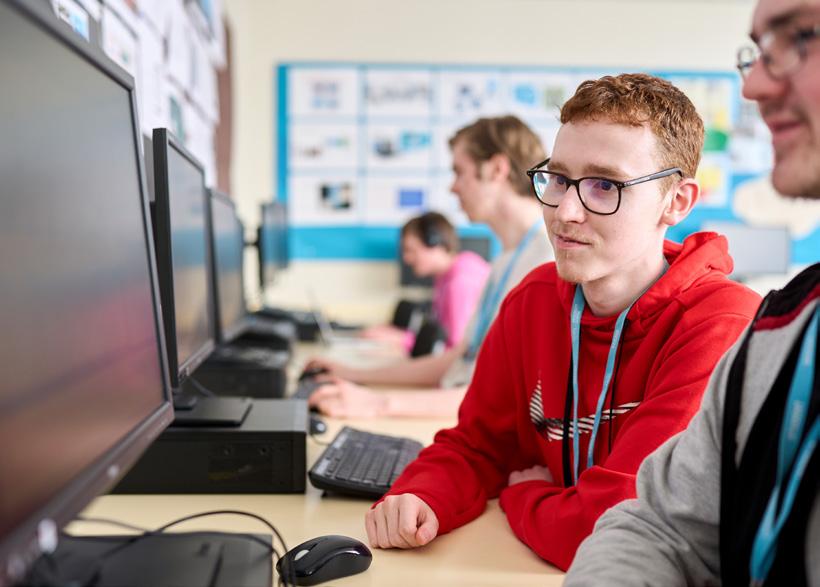
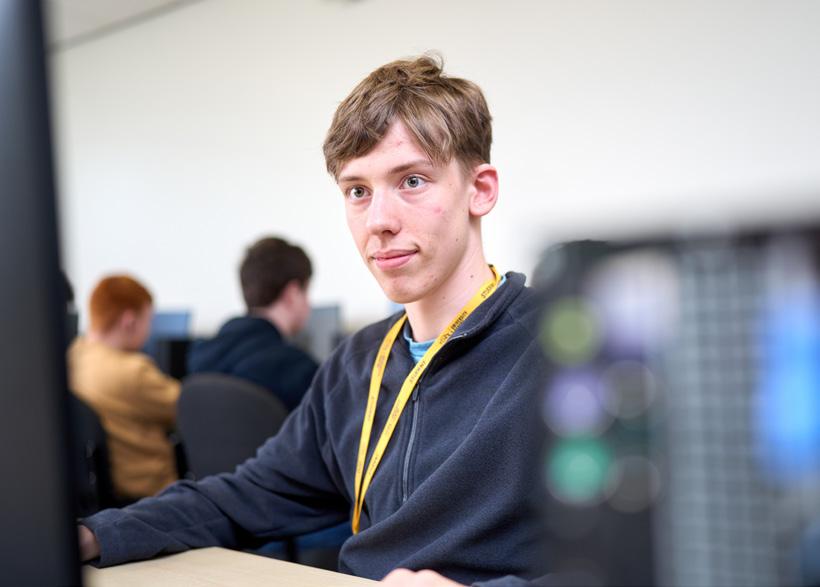
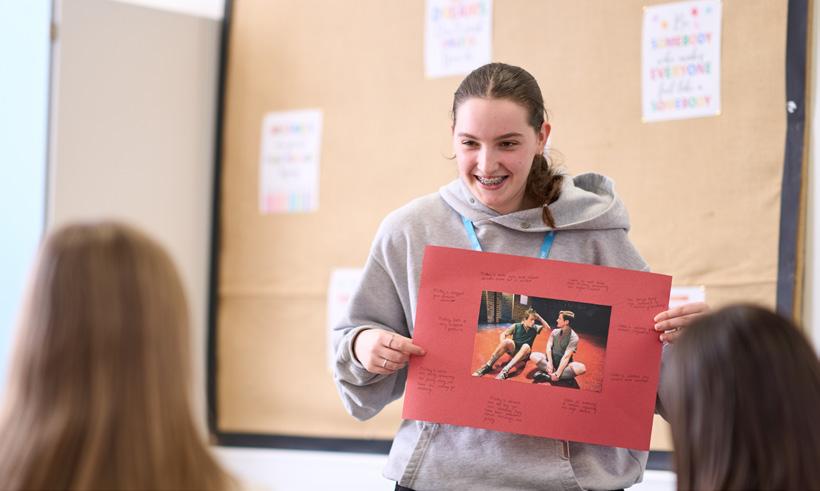
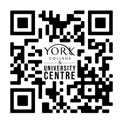
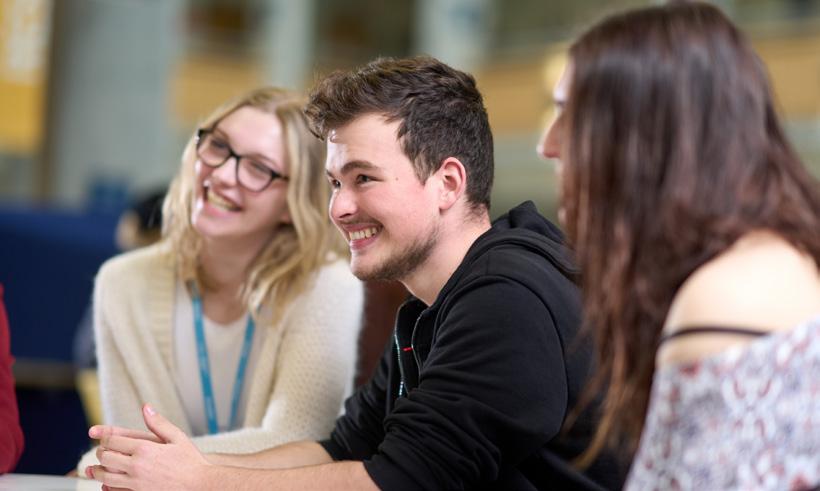
Do you love working with children and want to help them grow, learn, and thrive? This inspiring course is all about understanding how young children develop and how to support their early years. You’ll explore play-based learning, child psychology, safeguarding, and will plan educational activities that spark imagination and curiosity.
Through creative projects and practical learning, you’ll build the knowledge and skills needed for working in nurseries, schools, and early education settings. Whether you dream of becoming a Primary Teacher, Nursery Practitioner, or Child Psychologist, this course opens up brilliant progression routes into university and the world of work. It’s the perfect choice for caring, creative individuals who want to nurture the next generation.
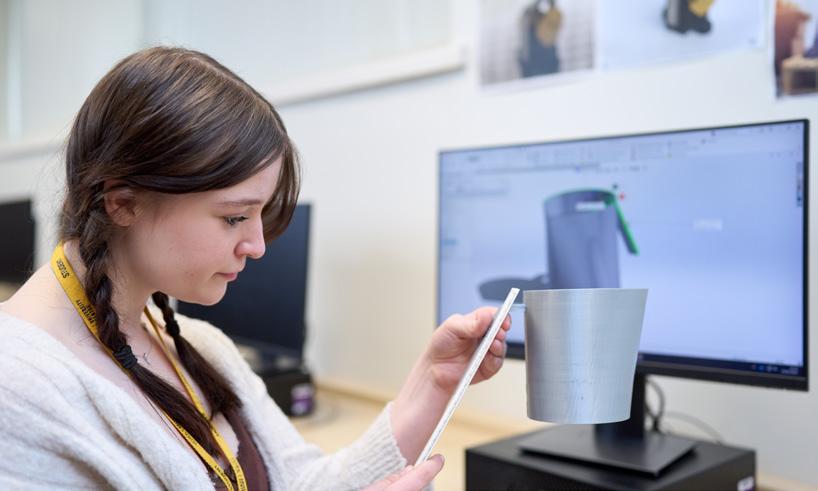
FIND OUT MORE

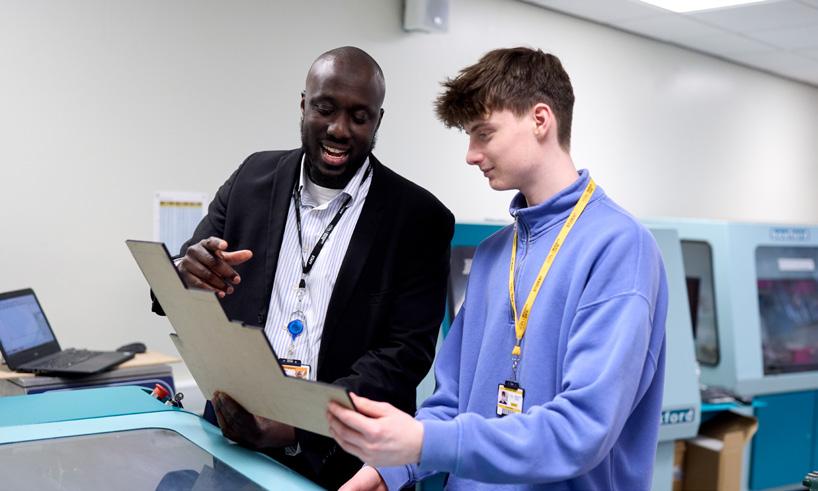
The course covers the underlying core principles of design and technology with the focussed pathway of engineered and electronic products/systems. Throughout this course you will develop an understanding of how engineered products and components function and operate; the properties of engineering materials and why they are selected for specific applications; engineering processes and application; and commercial viability when designing and manufacturing engineering products and/or systems. The topics you will cover include: identifying requirements of an engineered solution, engineering design thinking and communication, material and component considerations, engineering manufacturing process and techniques, and the viability of engineering design solutions.
Combining theory work assessed in exams and a practical design project, this course works well with A Level Mathematics and/or Physics which allows progression to higher education to study engineering or other STEM-related programmes. Alternatively, you could go on to advanced or higher engineering apprenticeships, or work in the engineering sector. This course cannot be taken alongside Design & Technology: Product Design as they follow the same specification.
This course is a balance between creative design and design theory. The substantial creative project element allows you to steer the direction of your work down a more graphical route or a more 3D resistant materials route depending on your preference. For both years the component work is tailored to ‘Product Design’ from initial design to manufacture and marketing through a balance of theory work and creative project work. You’ll learn about materials, processes and techniques, and topics include the effects of technological developments, design history, design practices and sustainability which are assessed in exams. You’ll undertake a design and make project in each year and develop your CAD (Computer Aided Design) skills leading to CAM (Computer Aided Manufacture).
Product Design combines well with Maths, Physics, Business and Computer Science, though cannot be taken alongside Design & Technology: Engineering as they follow the same specification. Progression includes higher education, in particular any design-related course including product design, engineering disciplines, architecture, animation, graphic design and the Foundation Diploma in Art & Design.
If you are a problem-solver who loves understanding how things work, Engineering could be your launchpad into a high-tech, high-impact career. Covering core principles in mechanical, electrical, and electronic engineering, the course provides an applied route and allows you to develop both theoretical understanding and practical skills. You’ll study materials science, design and Computer Aided Design (CAD), systems control, and problem-solving through real-world engineering projects. The qualification places a strong emphasis on innovation, sustainability, and health and safety, mirroring industry standards.
Perfect for students with an analytical mindset and a hands-on approach, this course prepares you for university study or apprenticeships in Engineering, Manufacturing, or Design. Whether you’re interested in civil engineering, robotics, or product development, this course gives you a solid foundation with clear progression pathways as well as the practical and technical edge employers love.
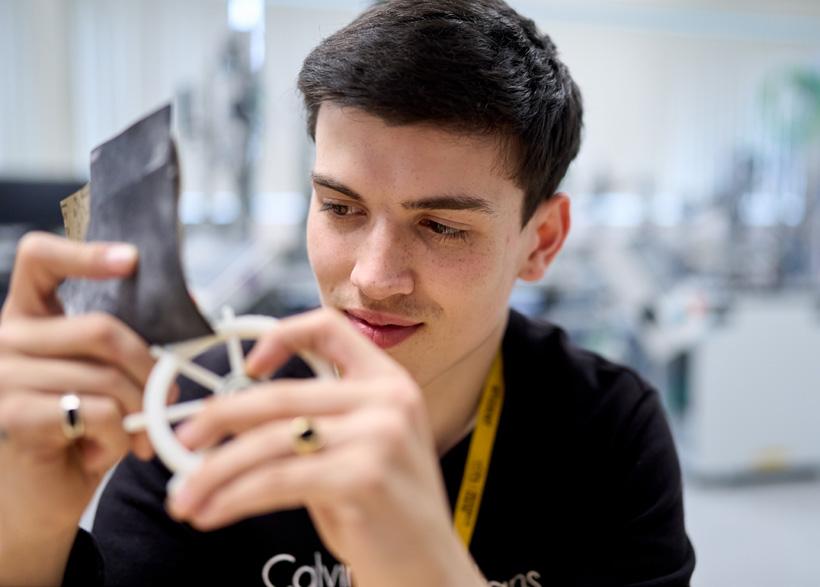
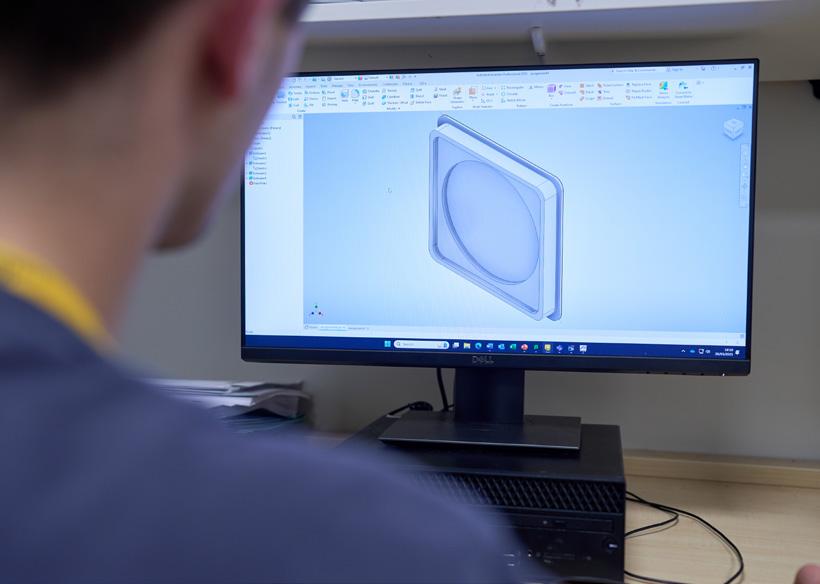

FIND OUT MORE
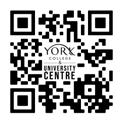

The content of this course builds on English Language GCSE and examines new, more varied aspects including accent and dialect, gender, World English and sociolinguistics. You will analyse a range of texts, identify language features in written and spoken text and explore various types of language, with consideration of audience, purpose and genre for different social groups. There is exploration of how children acquire language and how language changes over time. You will develop your academic and analytical writing skills and complete a piece of creative writing with commentary.
Progression includes degree level study in areas such as English, journalism, primary teaching and linguistic based subjects. Students have progressed into the creative & media industries, public relations, museum work, civil service and law whilst some have moved on to degree apprenticeships, particularly in journalism.
You will develop skills in discussion and debate, literary analysis and evaluation, engaging with texts from a literary and linguistic point of view. You’ll also engage creatively with the texts we read and use them as springboards for your own creative pieces. Looking at the theme of Encounters you’ll study The Bloody Chamber by Angela Carter, Wuthering Heights by Emily Brontë and Voices in Speech and Writing: An Anthology. Drama is introduced with Tennessee Williams’ A Streetcar Named Desire as well as two texts of your choice.
Progression includes degree level study in English, journalism, creative and media industries, public relations, museum work, civil service, law, literature, linguistics and creative writing.
Your study will focus on Comedy in the first year, exploring concepts such as the role of the hero, how language highlights comedy with wit and wordplay and how structure leads from disorder to order. Text studied are Shakespeare’s The Taming of the Shrew and The Importance of Being Earnest by Oscar Wilde. You’ll also study a range of post 2000 poetry and the works of Christina Rossetti. In the second year you’ll study the theme of the supernatural, looking at Bram Stoker’s Dracula and Toni Morrison’s Beloved, focusing on elements such as gothic, liminal space and characterisation.
Progression includes degree level study in English, journalism, creative and media industries, public relations, museum work, civil service and law.
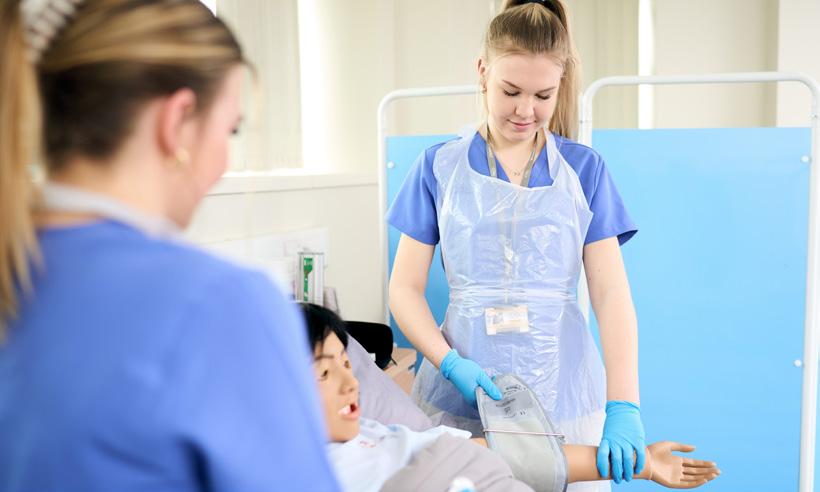
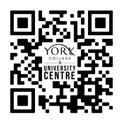

If you are passionate about helping people and making a real difference, then Health & Social Care is the perfect choice. You’ll study topics like human development, mental health, safeguarding, and communication, all through case studies, role-play, and real-world projects. You will learn how professionals support people through life’s challenges and gain practical insights into how the NHS and care systems operate.
This course is ideal for those interested in a career in Nursing, Midwifery, Social Work, or Therapy. It also provides a strong foundation for degrees in health sciences and social care. Along the way, you’ll build confidence, empathy, and skills that employers and universities are actively looking for. Whether you're aiming for higher education or a career in the care sector, this course will give you the tools to start making a difference.
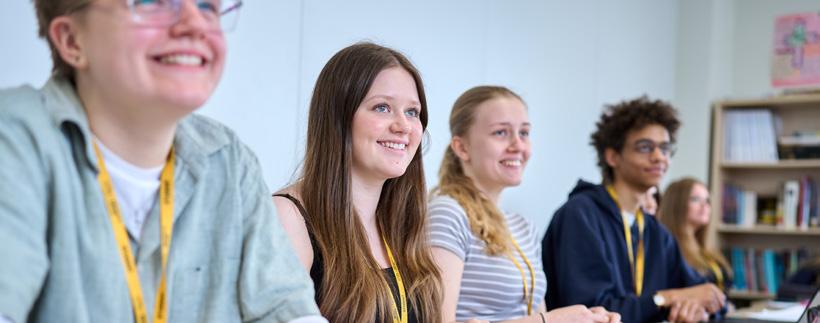
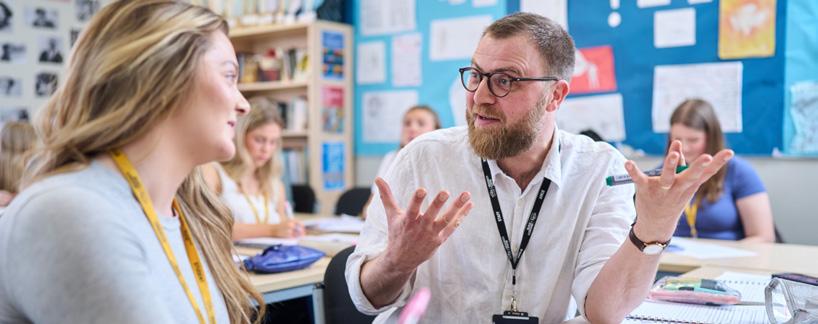
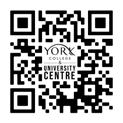

You will study Greek and Roman history, the views of ancient historians and how the ancient world was viewed by them. Topics include relations between Greek states and between Greek and non-Greek states 492-404 BC as well as the Julio-Claudian Emperors, focusing on the establishment of the principate and the reign of the emperors. In the second year you’ll study the breakdown of the Roman Republic, with a focus on the life of Julius Caeser, and the life and times of Alexander the Great.
You can progress on to degree level study in history or a closely related subject such as politics. History is also a suitable preparation for subjects such as law. Careers could include teaching, museum curation and law.
Studying from the accession of Henry VIII to the death of Elizabeth I you will focus in the first year on the political, social and economic features of Tudor England. You’ll also study Luther and the German Reformation c1515-55, gaining an in-depth understanding of the religious and political change in this period. During year two you will explore the nature of kingship and authority in late medieval England 1399-1509 with the Lancastrians, Yorkists and Henry VII. The coursework module allows you to focus on a key area of historical debate of your choice.
In recent years students have secured careers in various professions including academia, accountancy, archaeology, banking, journalism, law and politics.
Studying Germany and West Germany 1918-89 you will learn about key political changes and their impact on German economic, social and cultural developments. You’ll look at The Rise and Fall of Fascism in Italy c.1911-46, and explore how the British government took on more responsibility for people’s health and welfare within the context of the Industrial Revolution. The coursework module allows you to focus on a key area of historical debate of your choice.
You can go on to study a history degree, a closely related subject such as politics or a course for which history is suitable preparation e.g. law. Careers could include teaching, journalism, law and business.
Late Medieval & Early Modern History and Modern History use the same specification and cannot be taken together.
You will gain an understanding of how law influences many aspects of our lives, how our laws are made, applied and changed. You will study topics including the legal system (civil courts, criminal courts and sentencing), criminal law (fatal and non-fatal offences plus a range of defences), law making and tort law (civil liability, negligence and damages). Study will also include the concepts and ideas which underpin our laws and a range of Human Rights laid down in both UK law and the European Convention of Human Rights.
Many students go on to study law further and progress into the legal professions. Law is also useful for degree subjects such as criminology, policing and social work as well as a wide range of degree subjects and jobs.
Exploring a range of topics engaging the history of thought and culture, this course invites you to investigate controversial areas of ethics, enter into philosophical speculation and debate, and consider religious ideas and their continuing socio-political influence in the 21st century. You will study units relating to philosophy of religion including life after death and arguments for the existence of God; ethics including ethical theories and issues, key moral principles and conscience; and Christianity including God, and expressions of Christian identity.
This subject with its debate, exploration of ethical issues and investigation into belief provides an ideal platform for courses at degree level. Professions such as law, medicine and those involving people can draw on its many varied aspects.
You will look at government in the United Kingdom to understand the key process and debates about the role of the British constitution and Parliament, explore the role of the Supreme Court, devolution and the EU and the impacts on the nature of British Politics. You will study the nature of modern parties, voting and elections in the UK, as well as exploring a complex world with significant challenges in the study of global politics. At the end of the course you will be able to critically examine political arguments to formulate key arguments and reach your own conclusions.
Following completion of this A Level you could progress to study politics or international relations at university. Jobs in politics, the civil service, media and publishing, pressure groups, consultancy or education are also achievable.
Psychology is the scientific study of mind and behaviour, attempting to explain a wide range of different processes, behaviours and mental states, ranging from the function of memory to the risks in forming addictions. Topics you will study include memory, attachment (emotional development in children), social influence, research methods (how do we study the mind?), psychopathology (explanations and treatments of depression, Obsessive Compulsive Disorder and phobias), biopsychology (an introduction to the structures of the brain), relationships and forensic psychology. Psychology is useful for any career that involves working with people (or animals). Previous students have also gone on to study for a range of degrees including law, medicine, business, sports studies and music.
This course is your gateway to understanding the forces that shape our world and will open your eyes to the complexities of human behaviour. You’ll explore issues like inequality, culture and crime to analyse institutions like education and the family influence on our lives. You’ll also study topics on beliefs in society, research methods and sociological theory engaging in thought-provoking discussions and developing your critical thinking skills.
Completing this A Level could lead to university to study sociology, criminology, social work or law, or a career in social services, teaching, marketing, human resources or media. Alternatively you could move onto an apprenticeship in public services or community work.
Are you fascinated by crime investigation, justice, and keeping communities safe? This course allows you to explore the role of the police, how crime scenes are investigated, and how the legal system works, from first response right through to sentencing. During the course you will explore topics such as the role of police in society, crime scene investigation, the criminal justice process, and ethical decision-making. With a strong emphasis on practical skills, you will develop critical thinking, communication, and an understanding of real-life case studies. Using case studies, mock scenarios, and ethical debates, you’ll develop the skills needed in law enforcement, forensic science, youth justice, and legal careers.
This course is the ideal stepping stone to higher education courses in criminology, policing, or law, or for direct entry into police training or public service apprenticeships.


FIND OUT MORE
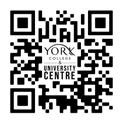
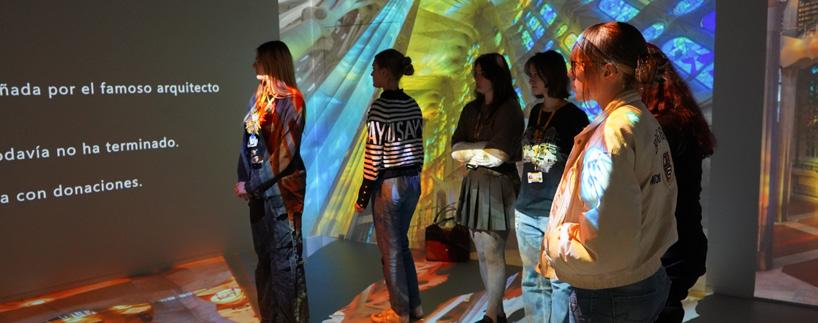
Our French curriculum is designed to ignite a passion for language and cultural exploration through an in-depth study of French and francophone societies. You will learn through interactive learning, collaborative pair work, exposure to authentic materials and independent research. Topics include social and technological change, artistic culture and exploring the influence of the past on present-day communities. You will learn the language in the context of French-speaking countries and the issues and influences which have shaped them. Study also includes a French language film, literary text and an independent research project of your choice.
Many students go on to a language related degree, including starting a new language or a course including language study combined with another option. Careers include teaching, translation and journalism.
You will develop your listening, speaking, reading and writing skills as you progress from GCSE German studying topics including social and technological change in German speaking societies. You’ll also examine artistic culture such as traditions, architecture and cultural life in Berlin. Further topics look at multiculturalism in German speaking society and aspects of political life. Study includes a German language film and a literary work as well as an independent research project of your choice on an aspect of German language, society or culture.
Many students go on to a language related degree, including starting a new language or a course including language study combined with another option. Careers include teaching, translation and journalism.
You’ll study topics looking at aspects of Hispanic society such as modern and traditional values, technology and human rights, in addition to artistic culture covering regional identity and cultural heritage. Examining these and further topics of multiculturalism and aspects of political life you will develop your listening, speaking, reading and writing skills building on from GCSE level. You’ll also study a Spanish language film and a literary work and complete an independent research project on an aspect of Spanish language, society or culture.
Many students go on to a language related degree, including starting a new language or a course including language study combined with another option. Careers include teaching, translation, journalism, publishing and work in the tourism or financial sectors.
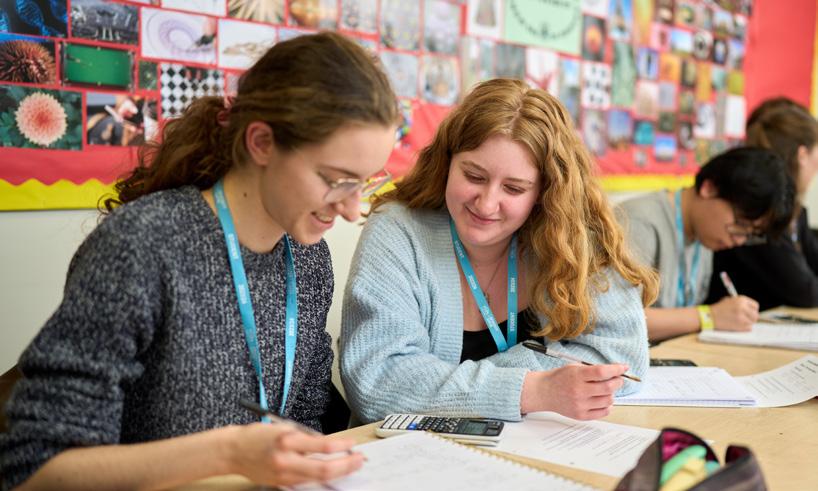
FIND OUT MORE
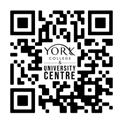
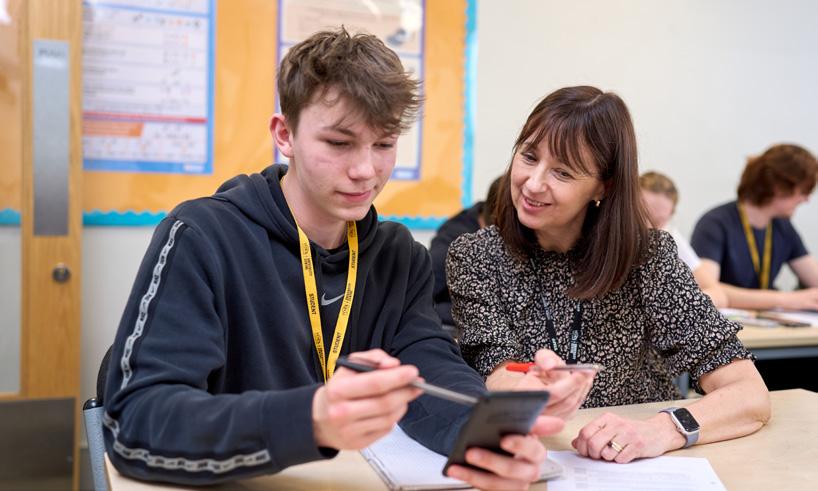
This A Level covers topics familiar from GCSE, such as algebra and trigonometry, and new ones like calculus. In the first year there are two components containing 70% Pure Maths and 30% Applied Maths (Mechanics and Statistics). For Pure Mathematics the topics include proof, algebra, graphs, binomial expansions, trigonometry, logarithms, calculus and vectors.
For Mechanics the topics include kinematics in one dimension, working with forces and Newton’s Laws. For Statistics the topics include working with data from a sample to make inferences about a population, probability calculations, using binomial distribution as a model and statistical hypothesis testing.
The three components of the second year are Pure Mathematics with Mechanics, Pure Mathematics with Statistics and Pure Mathematics with a Comprehension.
This course combines well with most other A Levels. Popular combinations include Physics, Engineering and Computer Science. It is helpful for many careers, especially in the areas of science, financial services, banking, accountancy and actuarial work. It is also a desirable qualification for degrees such as physics and engineering.
A Level Further Maths is recommended to anyone who loves their maths as it will give you an opportunity to extend the maths you are learning in A Level Maths. During the course you will study three components: pure maths, mechanics and statistics. In year one you will study Pure Mathematics with topics including complex numbers, matrices, vectors, planes and sequences. Mechanics topics include forces in equilibrium (including moments), friction, projectiles and Newton’s Laws of Motion. Statistics topics include probability distributions such as poisson, geometric and the normal distribution.
In the second year all students study Pure Maths, with students opting for one major option in Applied Maths. Option 1 is to major in Mechanics, minor in Statistics and option 2 is to major in Statistics, minor in Mechanics. In the exam the major option carries twice the weight of the minor option.
You must take A Level Maths with Further Maths A Level. They combine well with all other A Levels. Further Maths study will provide you with a deeper understanding of maths and give you a head start on courses requiring maths at university.
Focusing on problem-solving and interpretation of maths in the real world, this course builds on GCSE Maths. You will consider and tackle mathematics in meaningful contexts through financial applications and statistical ideas that can support work in other subjects. It can be studied in the first or second year of your study programme, alongside three other subjects.
Units include Statistics and Algebra, Probability and Estimation, Data Analysis and Modelling, Financial Planning and Management, Problem-Solving Approaches, Using Technology and Spreadsheets, and Displaying Data and Critical Analysis of Data in Media.
This qualification is equivalent to an AS Level in terms of UCAS points and is for students who need to be equipped for the mathematical and quantitative demands of other courses and employment.
This course builds upon the statistics and probability components of GCSE Mathematics and employs the statistical enquiry cycle to help make sense of data trends and to solve statistical problems in a variety of contexts, such as psychology, biology, geography, business and the social sciences. Units include Bayes Theorem, Probability Distribution, Experimental Design, Sampling, Estimating and Resampling, Exponential and Poisson Distributions, Hypothesis Testing, Significance Testing, Analysis of Variance and Effect Size.
It prepares students for further study and employment in a wide range of disciplines which use statistical analysis and reasoning with data.
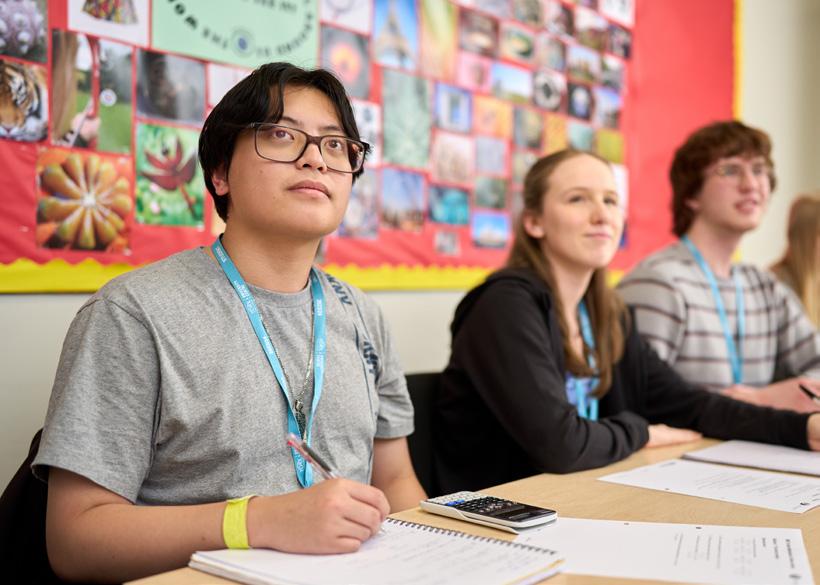
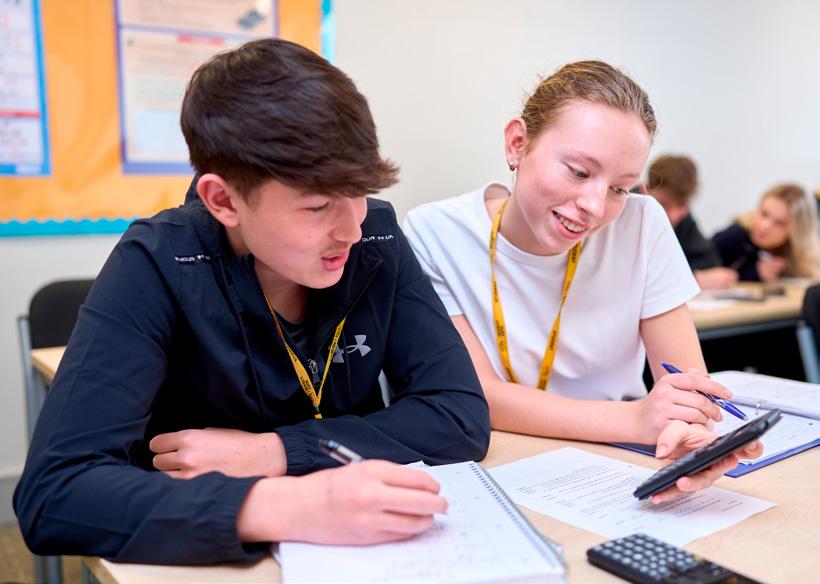
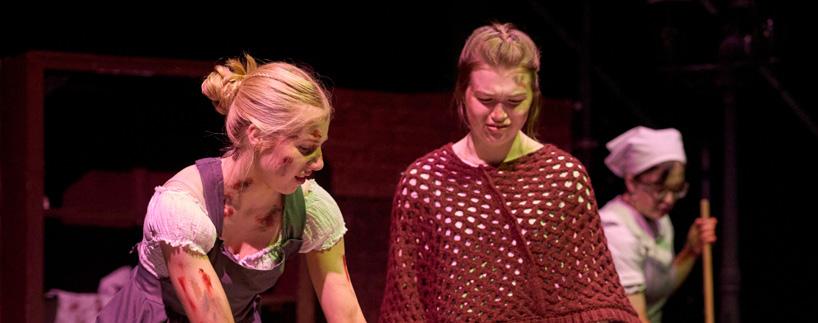
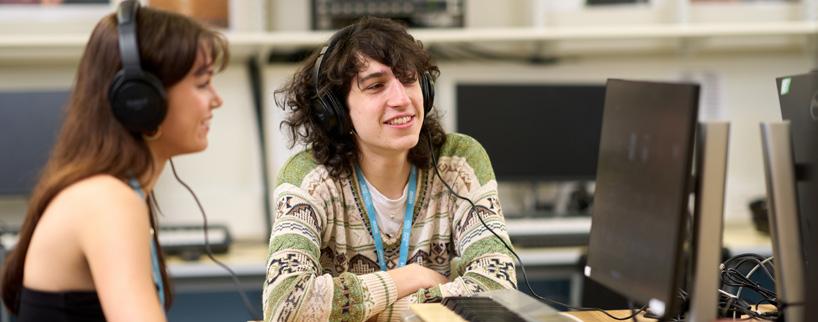
FIND OUT MORE

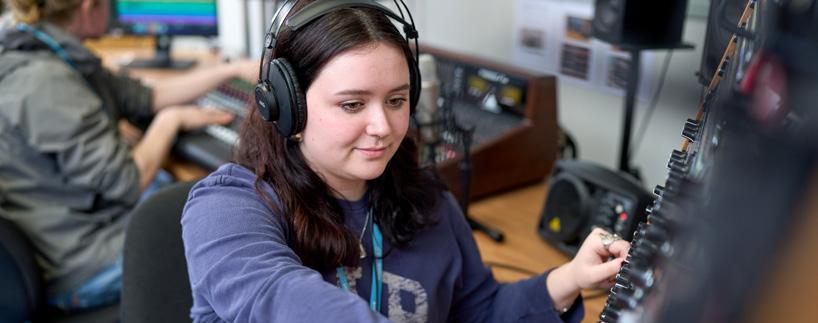
If you have a creative instinct for communicating your views through drama, are keen on acting, writing or on the visual and technical side of theatre then this is a good choice for you.
The course involves practical performance, devising and working from scripts, writing about theatre you have seen and plays you have read, and the theory and practice of practitioners, playwrights and directors.
The course complements a range of subjects including Music, Film Studies, Media Studies, English Language & Literature, Law, Psychology, History and Sociology.
It can lead to further study in drama, theatre studies and performing arts in higher education at degree or HND level or drama school.
A Level Music teaches you to develop performance and composition skills and to further develop your knowledge of a variety of music including classical, film, jazz and popular music.
There are three parts to the course: Performing, where you will work towards the presentation of a short solo recital; Composing, where you will study a variety of compositional techniques, and Appraising, where you will study a variety of eras and genres.
Music works well with Music Technology, Media Studies, Film Studies, Drama & Theatre Studies and Maths.
Past music students have gone on to study at top universities and conservatoires throughout the UK.
This course is grounded in Popular Music covering all styles from Rock and Soul to EDM and Commercial Pop. It follows several areas of study which are assessed through coursework projects, practical and written exam questions. The main areas of focus are: operating a professional recording studio and learning all associated techniques; capturing, producing and mixing recordings; composing with music technology; sampling, synthesis and effects; the principles of sound and audio technology; the development of popular music styles and the history and development of recording and production technology.
Past students have studied music related courses at top universities and conservatoires throughout the UK.
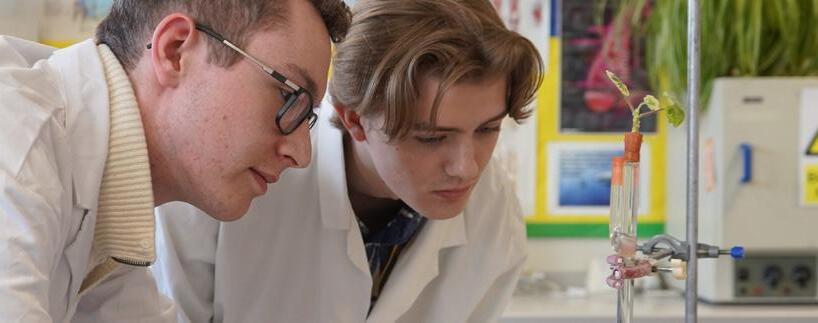
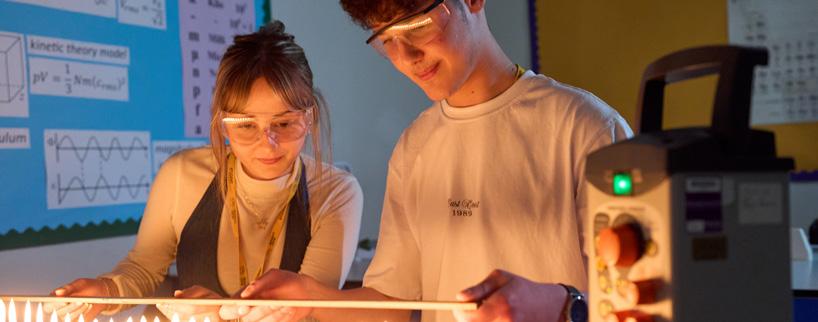
FIND OUT MORE
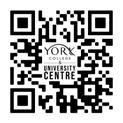
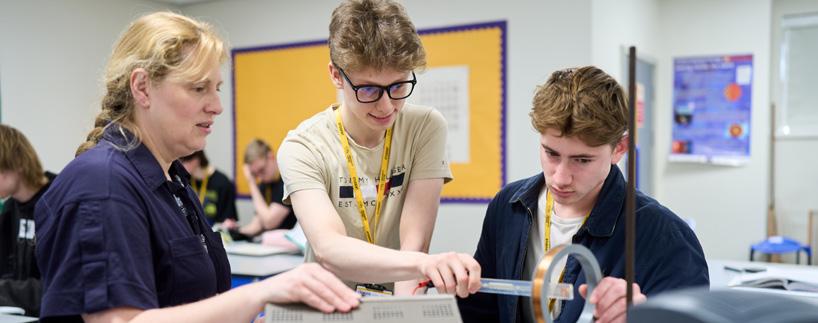
This course is an ideal introduction if you are wanting to study environmental science or other environmental/natural world courses at university. The course examines many of the issues that are important to modern society such as the impact of pollution and climate change on wildlife populations, the connections between different environments and how that influences climate, and how technology can be used to monitor environmental changes. There is also an introduction to research methods studied, and the course is supported by both laboratory practical work and fieldwork.
The course goes well with other A Level sciences (e.g. Biology, Chemistry, Geology) and with Geography.
This course builds on your knowledge of GCSE Biology with topics including cells, biological molecules, physiology, genetics and biodiversity. You will develop your practical skills and conceptual knowledge of essential biological topics. This provides you with the knowledge and understanding to study biology at university as well as crucial transferable skills such as competence in mathematical techniques and problem solving. Biology works well with most subject combinations, and in particular Chemistry, Geography and Psychology. You would benefit from studying Core Maths alongside Biology A Level if you have not opted for Maths A Level.
Past students have gone on to study a range of courses including biology, chemistry and biochemistry, medicine, veterinary medicine, pharmacy, environmental science, geography, geology, physiotherapy, psychology, marine biology and sports studies.
A Level Chemistry builds on ideas and concepts taught at GCSE with topics having an emphasis on real life chemistry. Alongside the theoretical content you will develop your practical skills, learning specific techniques, as well as how to use specialist apparatus and instruments. Topics include Elements of Life, Developing Fuels, Elements from the Sea, The Ozone Story, What’s in a Medicine, The Chemical Industry, Polymers and Life, Oceans, Developing Metals and Colour by Design.
Chemistry works well with Biology, Physics and Maths A Levels. It is a facilitating subject valued by employers and universities alike.
Chemistry is also a very useful subject for anyone wanting to do a biology-based degree. Past students have gone on to study a range of courses including chemistry, chemical engineering, medicine, veterinary sciences and natural sciences as well as arts subjects.
This A Level gives you the chance to investigate and understand some of the fundamental laws of the universe. First year topics include simple electrical circuits, fundamental particles, quantum mechanics, waves and optics; as well as Newtonian mechanics, which deals with forces, motion, energy and power. In the second year, additional topics include radioactivity and thermal physics. The additional topic is ‘Turning Points in Physics’: this investigates some important experiments which helped to define our current knowledge of physics. You will also develop your practical skills and learn specific techniques.
In addition to A Level Maths, Physics combines well with Chemistry, Computer Science, Biology and Geology. It is a facilitating subject and together with Maths, Physics is essential for studying physics or engineering related courses and is highly desirable for studying maths, cosmology, computing, architecture and medicine.
During this course you will learn about the Earth’s composition and internal processes by studying the geological history of the Earth, and by analysing fossils and rock structure. In the first year you will learn about minerals, the three main groups of rocks, fossil formation, volcanic eruptions, and geological time. In the second year this knowledge is extended into further details about the formation of different rock types, engineering geology and mining, earthquakes, and the evolution of life and climate on Earth. Geology is taught in a purpose-built geology laboratory with access to a large number of specimens.
Geology works well with Geography and Biology, but also complements other science and humanities subjects. Progression includes university to study geology or physical geography and careers in the environmental sector.
Geography A Level is ideal for those fascinated by the world we live in. You will study both physical and human geography and learn a range of transferable skills such as quantitative and qualitative analysis, communication skills e.g. report writing, and fieldwork skills. Units include Water and Carbon Cycles, Contemporary Urban Environments and Changing Places, Hot Desert Systems and Landscapes, Hazards, Global Systems and Global Governance. Fieldwork is an essential, enjoyable and rewarding aspect of the course.
Geography is a versatile subject and combines well with both science and humanities. Past students have gone on to study physical geography, human geography, environmental management, and environmental science.
If you are curious about how science works in the real world and enjoy hands-on learning, then this course is for you. You will explore key areas of biology, chemistry, and physics in a practical, engaging way. From testing water quality to investigating energy transfer, you’ll carry out experiments, analyse results, and discover how science shapes our everyday lives. Topics include medical science, forensic testing, environmental impact, and scientific research methods which are all geared towards giving you skills that matter in the workplace or at university.
Whether you want to become a Lab Technician, Biomedical Scientist, or environmental specialist, this course opens doors to science degrees and career pathways in healthcare, pharmaceuticals, and more. Combine it with A Levels and step confidently into a future full of discovery, innovation, and impact.
Step into the world of diagnostics, disease, and cutting-edge healthcare with this Medical Science course. You will study the principles and real-world applications of medical science through three core units, while also diving deeper into specialist areas through an optional unit tailored to your interests. You will develop practical lab skills, analytical thinking, and investigative techniques that build on your fundamental knowledge, essential for modern medical environments. Designed to complement A Levels such as Chemistry, Psychology, Physical Education, and Sociology, this qualification fits perfectly into a broader study programme.
Whether you're aiming for a career in biomedical science, healthcare, or research, Medical Science opens doors to a wide range of university degrees, apprenticeships, and healthcare professions.
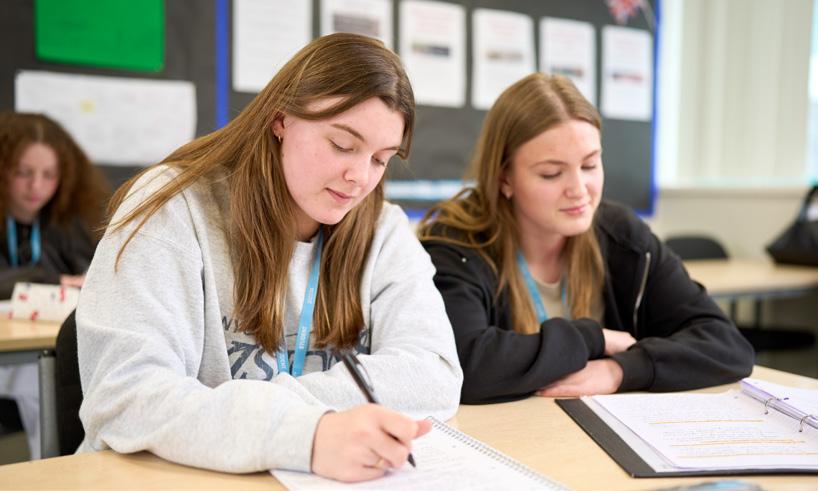
FIND OUT MORE

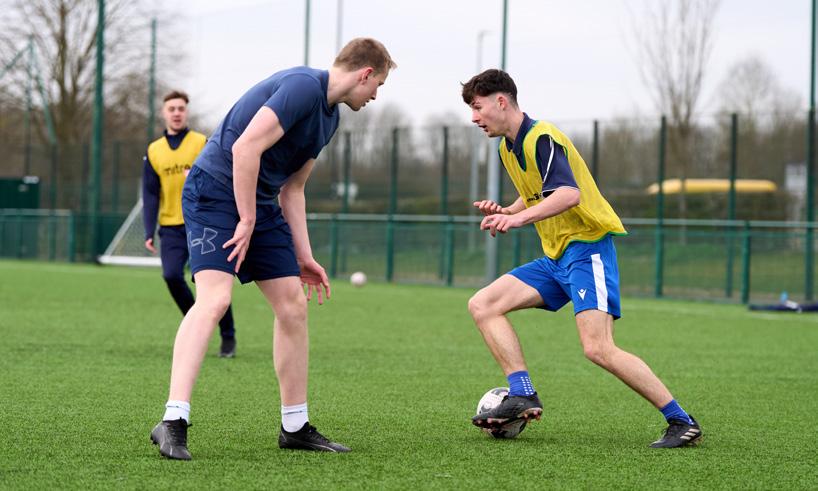
If you love playing sports, have a desire to gain a deeper understanding of the scientific and socio-cultural factors that underpin physical activity and perform regularly in a sporting discipline, then studying A Level PE is for you. It will prepare you for further study in sports science, research, or wider disciplines such as sociology, psychology, sciences and physiotherapy. As well as knowledge, you will develop many transferable skills to help at university and entry into industry.
You will study a variety of different topics to develop and enhance your sport knowledge including applied anatomy and physiology, sport psychology, exercise physiology, biomechanics, sport in society and the role of technology in sport.
The course blends theory and practical with academic tutorial in the classroom combined with sports participation. Assessment is via exams constituting 75% of the course and the remainder is through coursework and practical sports performance.
Physical Education lends itself to a range of careers in sports and fitness, as well as other industries that you may not have considered before. Examples of careers following completion of a degree in PE include Nutritionists, Physical Therapists and Chiropractors. Further careers that you could consider having studied PE include: roles in sports science, PE Teacher, Physiotherapist, Professional Sportsperson, Sports Coach/Consultant, working in sports policy at local and national level, Diet and Fitness Instructor and Personal Trainer.
If you are fascinated by how the human body moves, performs, and stays healthy then the Sport, Exercise & Health course is your gateway to a future in fitness, healthcare, and performance science. This course combines physical activity with in-depth study of anatomy, physiology, exercise psychology, and nutrition. You will explore how to optimise athletic performance, promote active lifestyles, and support physical and mental well-being. Through hands-on fitness testing, programme design, and applied research, you’ll build the skills to work in both the sport and health sectors.
Whether you aim to become a Physiotherapist, Sports Therapist, Exercise Scientist, or Wellness Coach, this qualification offers a clear route on to university degrees or higher apprenticeships in sport and health sciences.
You can now mix A Level and Vocational Courses. For more information see page 8.
We offer a range of Vocational courses and students can access these at Entry Level, Level 1, Level 2 & Level 3. Vocational courses offer a more practical, hands-on approach to learning and are primarily assessed through assignments and coursework. Typical duration is one year for Level 1, one year for Level 2 and one or two years for Level 3 courses.
The Vocational programmes in this next section are full-time study programmes, so it is not possible to study more than one at a time, or to combine them with other study programmes. Students are able to progress through the levels and may then go on to higher level study or employment.

T Levels are Level 3 qualifications which combine classroom-based theory, practical learning and a significant industry work placement to provide a real experience of the workplace.
These 2-year courses have been developed in collaboration with employers and businesses so that the content of the course meets the needs of industry and is great preparation for further training or study. Students spend 80% of their time in the classroom and 20% on an industry placement. T Levels are full-time study programmes, so it is not possible to study more than one at a time, or to combine them with other study programmes.
We offer the following T Levels:
• Building Services Engineering for Construction - Electrical Installation
• Broadcast, Media & Production (Content Creation Production)
• Craft & Design
• Construction Design, Surveying & Planning
• Digital Security & Support
• Digital Software Development
• Education & Early Years
• Engineering & Manufacturing: Design & Development
• Events & Venues Technician
• Health
• Leadership & Management
• Legal Services
• Marketing
• Science
The following pages give you an overview of the Vocational courses and T Levels we offer. For more detailed descriptions and entry requirements, please visit the relevant course pages on our website.
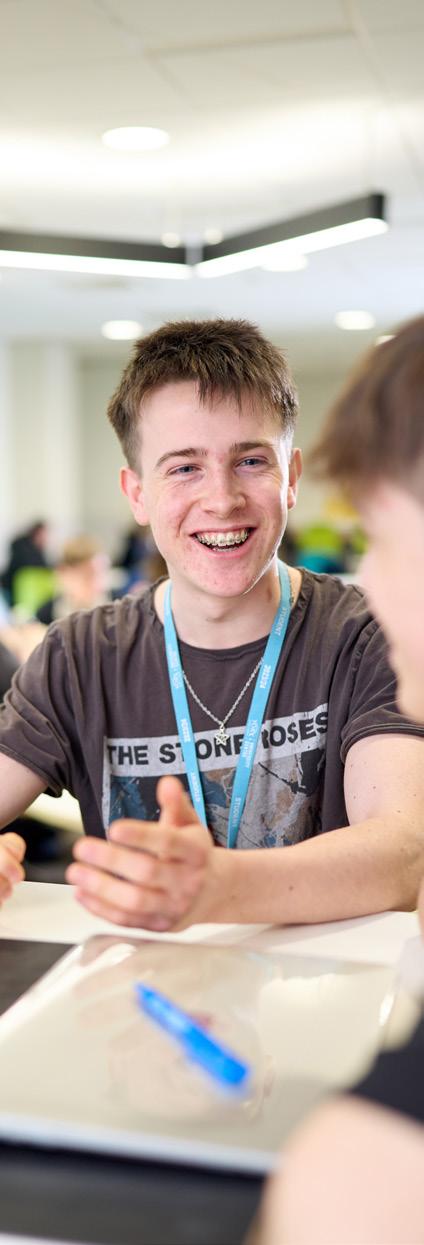
We offer a bespoke full-time course for students from all different overseas backgrounds to improve reading, writing and communication skills, with basic maths and digital skills included.
This course can offer progression routes into specific vocational programmes on offer here at the College, moving on to GCSE English & Maths alongside these.
For more details you can contact ESOL@yorkcollege.ac.uk
The Skills Centre is an exciting new provision based at the main York College site. The provision focuses on personal development and employability skills, encouraging students to be able to progress on to further education or employment. There are three routes available: Entry Level 3, Level 1 and Level 2.
A dedicated team of specialist tutors work with students on personal and social skills, promoting confidence and employability skills.
For further information please email info@yorkcollege.ac.uk
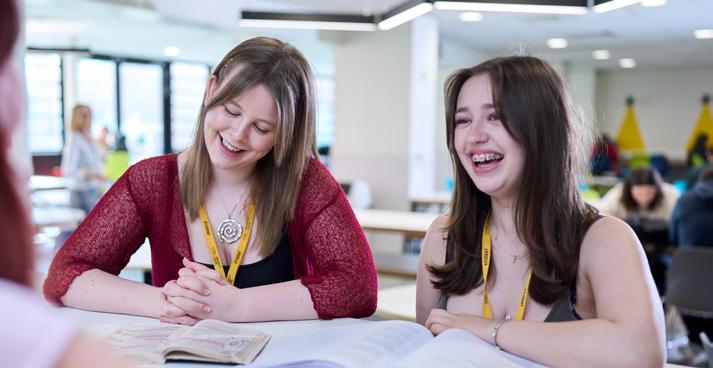
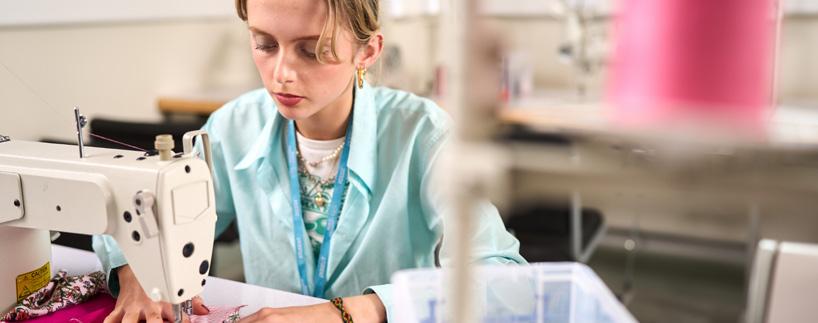
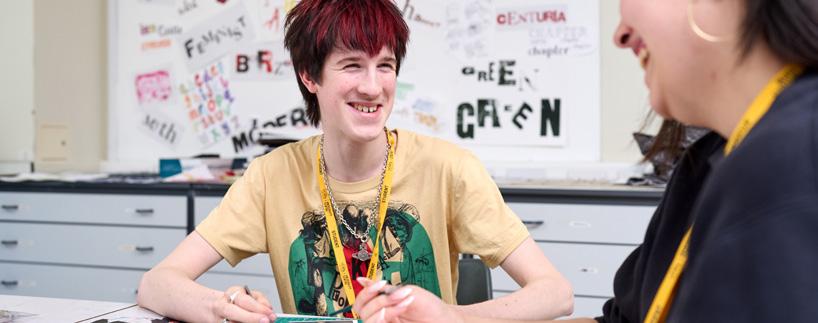

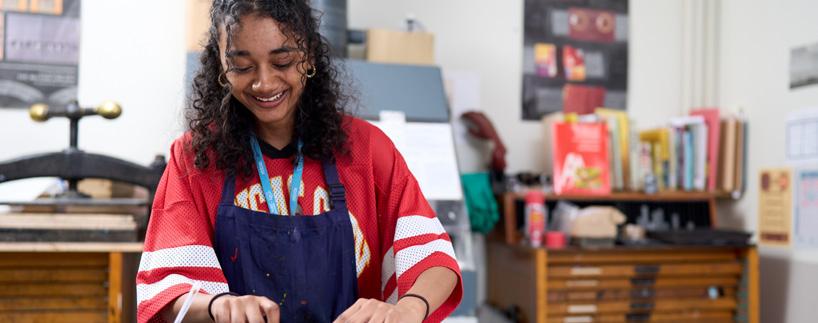
The course covers the following areas: exploring drawing, painting, print techniques, textiles, 3D design craft and a personal project. You will experiment with a variety of art, design and craft media and techniques, and explore the work of other artists in a lively and exciting way. At the end of the course your work will be exhibited in the Creative Show.
During the programme there are potentially visits to galleries, museums or exhibitions to provide inspiration for your own work in art and design. If you achieve a Merit grade on this course you can progress to our Level 2 Diploma in Art and Design.
This course involves working on projects in a rich variety of fields such as: painting, drawing, graphics, sculpture, digital design and mixed media printmaking. You will work in an art and design studio and spend time in the Apple Mac and mixed media studios. You will research the work of artists and designers in a historical and contemporary context. There will also be opportunities to go on educational visits.
Students who achieve a Merit grade can progress on to one of our Level 3 courses in Art & Design, Graphic Design, 3D Design, Photography or Fashion & Clothing. There may be the opportunity to go on to employment at assistant level in an art, design or craft-related profession.
During this course you will experience a variety of new art and design media and techniques through drawing projects and experimental workshops. This will allow you to broaden your own visual experience so that you can make an informed choice of specialist area in your second year. You will extend your art and design skills by working in printmaking workshops, photography studios, Apple Mac suites and 3D workshops. There are educational visits to extend your awareness of the wide range of contemporary creative activity. Your work will be exhibited in the end of course Creative Show. On completion you can progress on to a wide range of specific art and design degree programmes at universities and colleges within the UK, including York College University Centre.
During this course you will have demonstrations and workshops to introduce you to the following subjects, techniques and processes: Wood - carving and furniture; Metal - forge work, casting and welding; Ceramics - slab building, coiling, throwing and glazing; Mixed Media – mould making and plastic forming; Fine Metal - soldering, enamelling and jewellery, and Glass - slumping, moulding and fusing. You will work in sketchbooks and on design sheets to collate your ideas and also have the opportunity to work on live projects with links to industry. Your Personal Project work will be exhibited in the end of course Creative Show.
On completion you can go directly into employment or continue to higher education at university including York College University Centre.
This course teaches you specialist skills including fashion illustration, pattern cutting, Adobe Photoshop and Illustrator, garment construction and all aspects of fashion. There are real-life ‘live’ projects, competitions and opportunities to work with professionals. It culminates in a Final Major Project which is exhibited/presented at the end of year Creative Show/Fashion Show. Throughout the programme there are educational visits to galleries, workshops, museums, exhibitions and places of specific interest to extend your awareness of the wide range of contemporary creative activity.
On completion you can go directly into employment or continue to higher education at universities throughout the UK, including York College University Centre.
This course is made up of inspirational projects which integrate many different approaches to graphic design. There are live briefs set by companies and industry professionals and workshops which will teach you a wide range of graphic design skills. You will experience a variety of new graphic art and design media techniques to broaden your own visual experience within the following areas: Graphics; Printmaking; Illustration; Digital Imaging; Animation; Typography; Drawing and Layout. You will spend time in our Apple Mac suite using state-of-the-art computers to develop your skills. The course culminates with your work being exhibited in the Creative Show.
After the course you can go directly into employment or continue to higher education at university, including York College University Centre.
Made up of inspirational projects, this course integrates many different approaches to photography. There are live briefs set by companies and industry professionals, and workshops which will teach you a wide range of photography skills. Coursework will include the use of camera equipment, studio work, darkroom techniques, computer software presentation skills, bookmaking, building a portfolio and a digital sketchbook of creative ideas and personal project work. You will experience a variety of new photographic processes to broaden your own visual experience. It culminates with your work being exhibited in the end of year Creative Show.
On completion you can go directly into employment or continue to higher education at universities throughout the UK, including York College University Centre.
This exciting industry-focused course blends practical skills, technical expertise, and theoretical learning, ensuring that you are fully prepared for careers in design, craft, and manufacturing.
You will explore a wide range of creative processes, from traditional craft techniques to innovative digital design methods. With a strong emphasis on problem-solving and hands-on learning, the course fosters a deep understanding of materials, tools, and technologies, allowing you to produce high-quality, innovative work.
On completion you can progress into skilled work and higher or degree level apprenticeships and higher-level technical study, including creative degrees relevant to the T Level.
This programme is delivered in three distinctive stages: Diagnostic Investigation, Developing Specialist Practice and Consolidating Practice. The introduction to the course is mainly diagnostic in which you experience a range of different art and design areas. After this, you will choose a specialism from areas such as: Fine Art and Photography, Communication Design, Fashion, Textiles and Three Dimensional Design, which you will study in much greater depth leading towards a celebratory exhibition of your Final Major Project at the end of year Creative Show.
Progression routes have included degree courses in Fashion, Textiles, Fine Art, Illustration, Photography, Graphic Design and 3D Design at top creative universities.

FIND OUT MORE

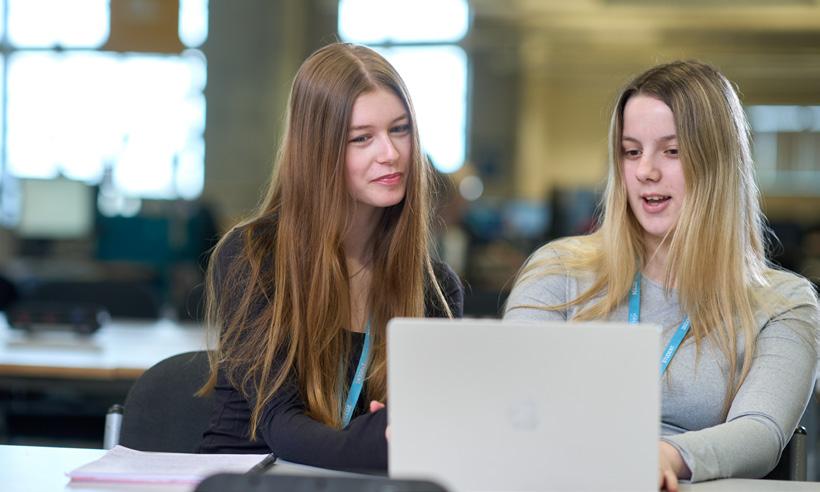
This course is an introduction to the world of business; developing your understanding of the essential skills required to work successfully in this environment and an understanding of business culture and responsibilities. You will develop the skills required to solve problems, communicate and work effectively with others, and to manage and improve your own performance in a working environment. Topics covered include marketing and planning, developing and participating in a business project and customer service.
On completion you may progress into employment within the business, retail or hospitality sector, move on to an apprenticeship, or further study on the Level 3 Leadership & Management or Marketing T Level qualifications.
Students who achieve either GCSE English Language or Maths a grade below the entry requirements for entry to the T Level in Leadership & Management or Marketing programmes can undertake a Foundation year to allow completion of the GCSE subject while gaining the skills and knowledge to support success on a T Level in the future. At the end of year one students will have completed a GCSE resit and will have gained the skills and knowledge to either continue to the T Level in Leadership & Management, or the T Level in Marketing which would then be completed over two years. You will also achieve a Level 2 Qualification recognising your skills development.
In the Foundation year you’ll cover the basics of business functions, leadership, management, sales and marketing while also developing professional behaviours, particularly around collaboration and communication. You’ll also develop introductory skills in managing people and events, supporting business plans, and helping to deliver projects.
Students who complete the Foundation year and then complete the full T Level programme will gain the equivalent of 3 A Levels at the end of a 3-year period of study.
This qualification will provide classroom theory, practical learning, and an industry placement. The core content topics in year one include finance; project and change management and business behaviours. In year two the occupational specialism content develops your skills in areas such as managing individuals, delivering core operational plans and managing and implementing projects.
This qualification will support students on to a range of progression routes including employment, higher education and higher apprenticeships. Career paths include Operations Manager, HR Professional, Marketing Manager and Project/Events Manager.
This qualification is for anyone who wants to progress to a career in the sales, marketing and/or procurement sector. With classroom theory, practical learning and an industry placement the content covers subjects including principles of marketing, sales and procurement; sustainability in business; project management and legislation, regulation and ethics.
This course will support progression to highly skilled employment, an apprenticeship or higher-level study including university, with career paths including Operations Manager, Marketing Manager and Project/Events Manager.
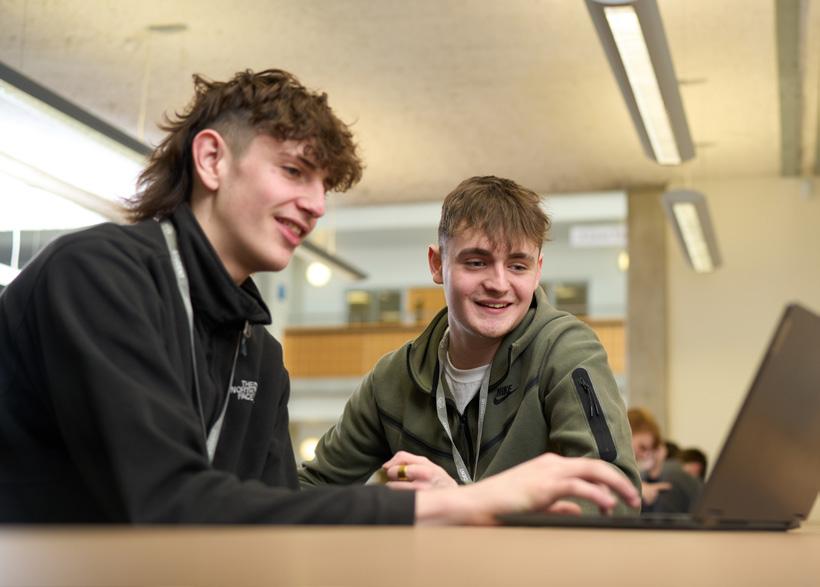
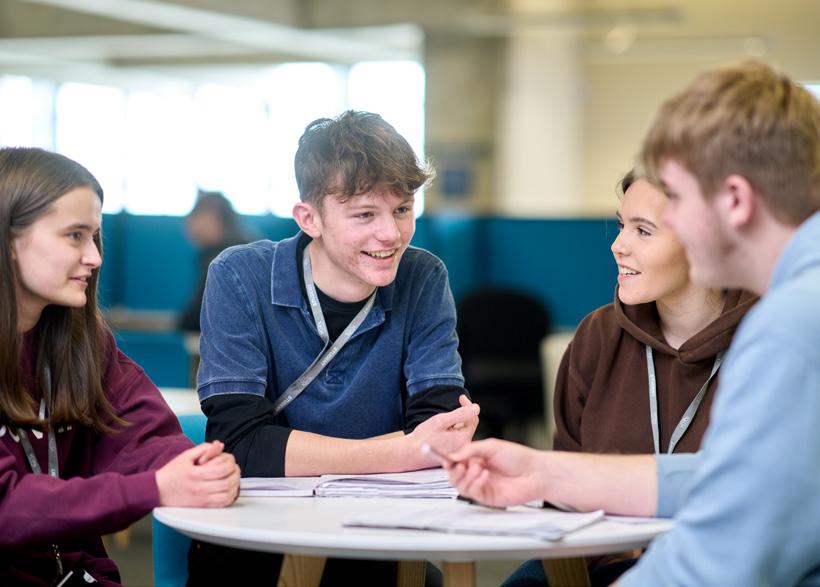
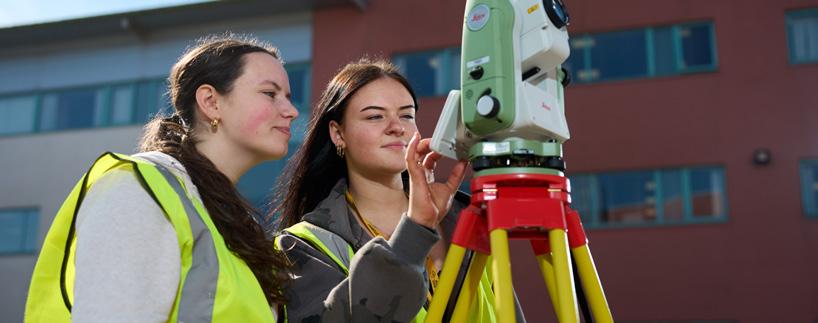

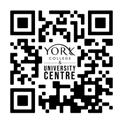
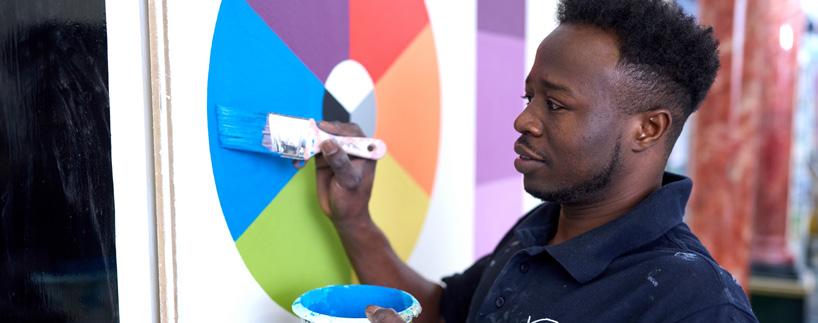
Want to work in construction but not sure where to start? The Entry Level 3 in Construction Skills is the perfect introduction to the industry. Designed for students who are ready to get hands on and learn practical skills, this course covers a wide range of trades including bricklaying, carpentry, and painting and decorating. You’ll learn in our fully equipped workshops, using our tools and materials to develop the confidence and know-how to work safely and effectively within construction.
This course is all about giving you the skills, support, and experience you need to move on to a Level 1 qualification or even an apprenticeship. Whether you’re aiming to be a builder, decorator, or site carpenter - this is your first step into the world of construction.
This course offers a hands-on introduction to bricklaying, with 60% of your time spent in the workshop developing practical skills and 40% in the classroom learning essential theory. You will study units including how to interpret building information, developing your skills in laying concrete blocks and laying bricks to industry standards, as well as constructing insulated cavity walls and understanding safety regulations and best practices on-site.
On completion of this course you can progress to the next level where appropriate or go on to find employment in order to transfer to an apprenticeship, then higher-level courses in construction.
This practical, hands-on course builds on your bricklaying skills, allowing you to learn, develop, and practice the techniques required for employment in the construction industry. You will spend 60% of your time in the workshop honing your practical skills and 40% in the classroom covering essential theory. You will study units to learn advanced construction concepts, read technical drawings to accurately set out masonry structures, gain experience in modern bricklaying techniques including thin joint systems and learn advanced techniques for building insulated cavity walls.
This course is designed to enhance your skills, boost your employability, and prepare you for a successful career in the bricklaying and construction industry.
This course is an ideal starting point for anyone looking to begin a career in the construction industry as a carpenter or joiner. You’ll be introduced to the key principles of carpentry and joinery with units to develop your understanding of workplace safety, learn how to work with a range of hand and power tools, develop your skills in cutting and assembling basic joints and master essential techniques for accurate woodwork.
Studying in our modern workshops and classrooms our tutors will support you in building your skills to progress to the next level or find employment to transfer to an apprenticeship, then higher-level courses in construction.
Progressing from the Carpentry & Joinery Diploma Level 1, this course will further develop your carpentry and joinery skills including structural carpentry, non-structural carpentry, first fix prior to plastering and second fix following plastering, as well as timber technology and using a circular saw. With lessons delivered in our modern workshops and classrooms you will learn, develop and practise the skills required for employment as well as undertaking theory work in the classroom to prepare you for the online tests.
This qualification will allow you to progress into employment or on to an apprenticeship in carpentry & joinery. Some of our students then go on to higher-level courses in construction.
Following completion of the Carpentry & Joinery Diploma Level 1, this course will develop your skills needed to work as an Architectural Joiner, a role based primarily in a workshop producing architectural products such as doors, windows, staircases and bespoke furniture. Units you will study include interpreting and producing information from drawings, specifications and work instructions including computer-aided design; understanding the characteristics associated with timber and timber-based products; how to use a range of hand and power tools and how to manufacture routine architectural joinery products including door, window and stair parts.
This qualification will allow progression into employment or on to an Architectural Joinery or Furniture Manufacturer apprenticeship, or higher-level courses in construction.
This Diploma will provide you with the foundational skills and knowledge required to start a career in the electrical industry. Units you will study include principles of installation including basic mechanics (resistance, voltage, amps), AC and DC supplies, electrical circuits, the principles of electrical machines, and electrical installation to buildings such as wiring systems and cable calculations.
On completion you will have developed a portfolio of evidence showcasing your work and skills, preparing you for further training, an apprenticeship or entry-level positions in the electrical industry. Please note this qualification does not make individuals fully qualified electricians or electrical installation engineers. To become fully qualified you must achieve the Level 3 Apprenticeship.
This course is designed for those who are eager to gain a comprehensive understanding of electrical systems and installations and have achieved the Electrical Installations Diploma Level 2. Topics you will study include electrical principles; installation practices in different environments such as residential, commercial, and industrial settings; fault diagnosis and rectification; electrical design of systems, including selecting appropriate components and creating wiring diagrams; renewable energy systems, exploring the integration of renewable energy sources; and advanced electrical theory.
On completion you can progress into employment, or transfer to an apprenticeship and then go on to higher-level courses in construction. Please note this qualification does not make individuals fully qualified electricians or electrical installation engineers. To become fully qualified you must achieve the Level 3 Apprenticeship.
This is a comprehensive course designed to equip you with the advanced skills and knowledge required for a successful career in the electrical sector of the construction industry. It combines classroom learning with practical experience and an industry placement. You will study a range of topics including electrical principles, wiring regulations, and the installation and maintenance of electrical systems. You will learn how to interpret technical drawings and specifications, and about emerging technologies and sustainable practices, ensuring that you are prepared for the evolving demands of the industry. On completion you will be prepared for higher-level study including university, an apprenticeship, higher apprenticeship, or entry-level positions in the electrical installations field. This qualification does not make individuals fully qualified Electricians or Electrical Installation Engineers. To become fully qualified you must achieve the Level 3 Apprenticeship.
This course is designed to provide you with the foundational skills and knowledge required to start a career in the painting and decorating industry. It focuses on both practical and theoretical aspects of painting and decorating. You will learn to prepare surfaces, apply coatings, and use various materials to achieve high-quality finishes on a variety of substrates. You will be trained in basic techniques such as painting walls, ceilings, and woodwork, as well as applying wallpaper and other decorative finishes. The course includes interpreting technical specifications, manufacturers’ instructions, and drawings, ensuring that you can work efficiently and accurately.
On completion, you can progress on to the next level of training where appropriate or go on to find employment in order to transfer to an apprenticeship.
Having achieved the Level 1 Diploma in Painting & Decorating this course will build on your knowledge and prepare you for more advanced tasks in the industry. Throughout the course you will learn advanced techniques for preparing surfaces, applying coatings, and using various materials to achieve high-quality finishes. You will be trained in more complex tasks such as decorative effects, specialist finishes, and the application of advanced wallpapering techniques. You will also study the use of appropriate tools, sustainable practices and efficient resource management.
On completion, you can progress on to the next level where appropriate or go on to find employment in order to transfer to an apprenticeship. Some of our students then go on to higher-level courses in construction.
The course combines theoretical knowledge with hands-on practical training, providing you with a solid foundation in plumbing. Key aspects you will study include health and safety in the building services industry, scientific principles, and essential plumbing processes. You will learn about the installation and maintenance of cold and hot water systems, sanitation and drainage, central heating, and basic electrical systems relevant to plumbing.
On completion you can progress to a Level 3 qualification to expand your skills, pursue an apprenticeship or NVQ in Plumbing & Heating, or secure employment in the industry at entry-level positions. Please note that this qualification does not make candidates fully qualified plumbers or plumbing and heating engineers. To become fully qualified you must achieve the Level 3 Apprenticeship.
If you have completed a Level 2 Diploma or Technical Certificate and have the required GCSE subjects and grades, then this course will further develop your skills and knowledge to become a proficient plumber. You will develop advanced knowledge and practical skills in plumbing, focusing on the design, installation, and maintenance of domestic central heating, hot and cold water systems, and sanitation systems. You will also explore environmental technology systems, gaining insight into sustainable plumbing solutions as well as building services site procedures, including project planning and safety protocols.
On completion you can progress into higher-level apprenticeships to gain industry recognition, secure employment as a plumbing and heating engineer, or pursue further education in areas like environmental technologies or gas safety.
Through a combination of classroom theory, practical learning, and industry placement you will develop core skills in areas including building technology, design, measurement, sustainability, construction and the built environment industry, project management and law. The occupational specialism route we offer for this T Level is Surveying and Design for Construction and the Built Environment as this offers the broadest range of skills and progression opportunities. The 45 day industry placement allows you to develop your occupational specialism skills with an employer.
On completion you may progress into employment, a higher apprenticeship, degree apprenticeship or higher-level study including university. Career paths include architecture, architectural technology, quantity surveying, estimating, land surveying, site engineering, site management, project management and building surveying.
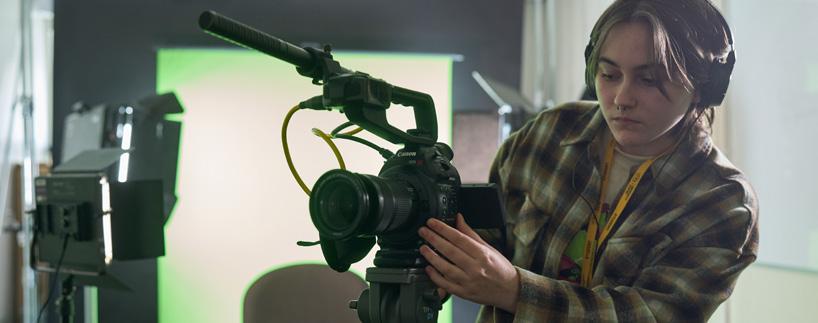
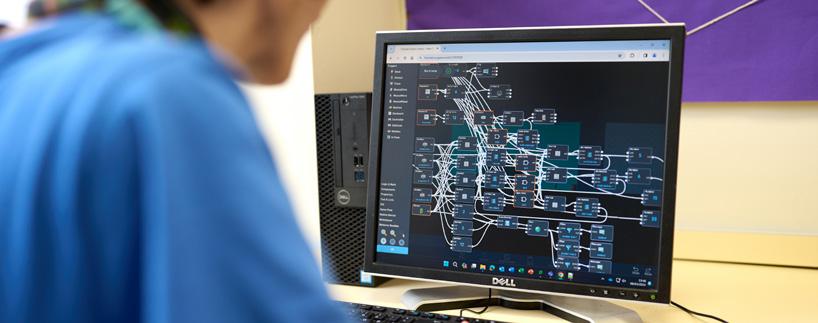
FIND

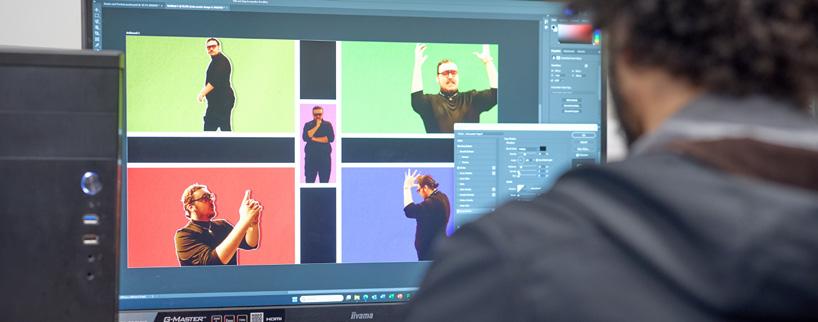
This exciting course gives you the opportunity to develop a wide skillset, completing hands-on projects and employing a variety of digital skills. You will develop subject specific skills including an introduction to IT basics that can be used in employment; knowledge and experience with programmes across the Adobe Suite, as well as Procreate design software and a wide range of apps that will enhance your learning further. Units you will complete over the year could include games design + development project, moving image and animation, and 3D modelling.
On successful completion of the course, you may progress on to the Level 2 in Computing & Games Development, the Level 2 Creative Media Production & Technology Diploma or an equivalent pathway.
This course is designed to introduce you to a range of skills that will help you progress towards the creative industries, with a focus on games development and visual storytelling. On the course you will learn the basics of games design, image manipulation and graphics, as well as exploring the different ways they can be brought together to create narratives. The last part of the course is based on a final major project, where you get to showcase what you have learnt through a project of your own choice.
On completion you can progress on to a Level 3 programme in one of the specialist pathways offered at the College, such as Games Development or Creative Media Technology.
You will learn about computer games development from both a practical and theoretical standpoint. The course is designed to provide a broad set of production skills, working on projects in the first year that will provide you with skills related to areas such as programming, 3D modelling, interactivity, audio and level design. The second year covers more advanced topics such as advanced programming and maths for games, 3D character modelling, texture generation and 3D animation. This prepares you for choosing a specialism for the extended final major project.
Progression could include higher education, employment or an apprenticeship in digital production, computer games production, computer games development, computer games animation, 3D modelling and multimedia development.
This course is a practical programme which allows you to create your own visual and audio digital content with an additional focus exploring a theoretical understanding of the products that will be produced. You will complete work related projects and activities to produce a variety of media products as well as exploring media organisations, audiences, and specific media texts. At the end of the course you have the freedom to specialise in one of the practical topics explored and produce a media product of your choosing for your final project.
On completion you can progress on to a Level 3 programme in one of the specialist pathways offered at the College such as Creative Media Production or Computer Games Development.
On this course you will learn about the media from both a practical and theoretical standpoint and develop a broad set of production skills across a range of different types of media. In the first year you will create music videos, learn to photograph, design and make pages for print and web publication, and develop your own radio play. You will use your skills, experience and interests to create your final major project. In the second year, you will pick a type of media to specialise in and approach each project with that in mind, building towards your extended final project.
On completion students have progressed to university to study courses that include animation (2D and 3D), TV & radio, film production, journalism and broadcasting, advertising and interactive media.
This course is an opportunity for you to develop relevant skills in the creative industries. The core units help you get to grips with what these creative industries are, how to work in them, researching and planning projects, working with others in a professional way and developing all the other skills professional media producers need. The Content Creation & Production route allows you to develop skills in ideas generation, effective research to develop those ideas, specific planning activities and the technical skills to create products working in a variety of media including graphics, print and video. You’ll have an industry placement where you will put these skills into action.
On completion you will have the knowledge and skills to progress into skilled work, a higher or degree level apprenticeship or university creative degrees relevant to the T Level.
Through a combination of classroom theory, practical learning, and industry placement you will develop core skills in areas which underpin most jobs in the digital industry including programming, data and data science, digital environments and networks, and security and software testing. The occupational specialism pathway of this course will allow you to develop skills in preparation for your career in the industry including designing, implementing and testing software and creating solutions in a collaborative environment. The industry placement allows you to develop your occupational specialism skills and put the theory you learn into practice, as well as those necessary for any working environment such as effective planning, working with others and promoting equality and diversity. You’ll work alongside industry professionals and contribute to ongoing projects.
On completion you may progress into employment in areas such as software development, artificial intelligence, cybersecurity, cloud computing, networking, data analysis, app and web development and digital marketing. Alternatively you could move on to a higher-level apprenticeship and progress into careers such as a Data Scientist, Network Engineer or Cybersecurity Specialist, or move into higher education and study a degree in areas including cloud computing, data science, software engineering, augmented reality, VR or robotics.
Cybersecurity professionals protect sensitive data, networks and systems from those seeking to exploit vulnerabilities for personal gain or malicious intent. They play a pivotal role in maintaining online privacy and ensuring secure digital experiences. The content of the course has been shaped by industry experts. Through classroom theory and practical learning you will learn the core knowledge that underpins most jobs in the digital industry with topics including programming, legislation, data, digital environments and networks, security and project planning and software testing. The occupational specialism pathway will allow you to develop the relevant skills in preparation for your career in the industry including how to apply procedures and controls to maintain the digital security of an organisation and its data, propose remediation advice for a security risk assessment and discover, evaluate and apply reliable sources of knowledge. An industry placement allows you to apply and develop your skills working alongside professionals.
On completion you may progress into employment for example in cybersecurity, software development, artificial intelligence, cloud computing, networking, data analysis, app and web development and business systems. Alternatively, you could go on to higher-level apprenticeships in careers such as a Cybersecurity Specialist, Data Scientist or Network Engineer, or study a higher education degree in an area such as cybersecurity, cloud computing, data science, software engineering, augmented reality, VR or robotics.
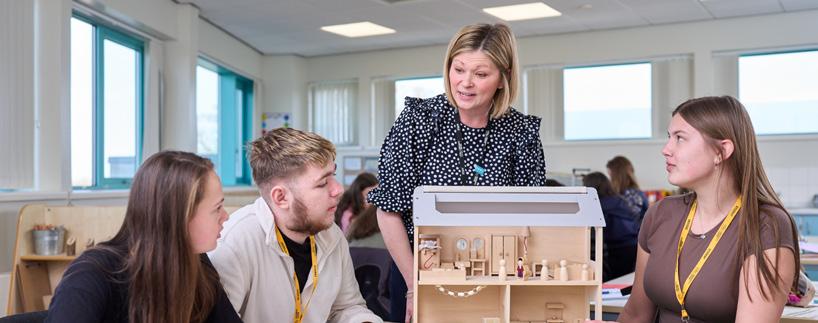


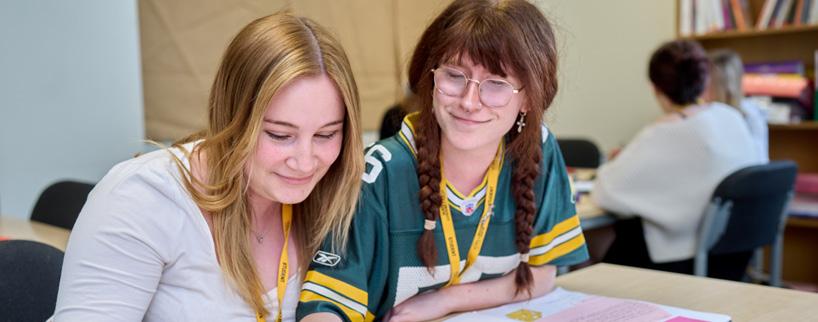
This qualification is designed to stimulate interest and encourage the understanding of the skills and knowledge needed to care for young children. The units of the course cover both personal development and the development and growth of babies and young children. They also explore the value of a healthy lifestyle and diet, communication and learning, aspects of play, the importance of building children’s confidence and human lifespan from birth to the elderly.
On completion of this course and achievement of appropriate grades in GCSE English and Maths, you could progress to a Level 2 qualification.
This course is ideal if you are looking to work with children between birth and 5 years, and gain knowledge of working with children up to 7 years. You will study units which include: Roles and Responsibilities of the Early Years Practitioner; Health and Safety of Babies and Young Children in the Early Years; Safeguarding, Protection and Welfare of Babies and Young Children in Early Years Settings; Understand How to Support Children’s Development, and Support the Needs of Babies and Young Children with Special Educational Needs and Disability.
On completion it contributes towards the Level 2 ratio as a qualified Level 2 Early Years Practitioner across the Early Years workforce. In addition, with the appropriate GCSE English and Maths grades you could also progress on to a Level 3 Apprenticeship or Education & Early Years T Level.
This qualification provides classroom theory, practical learning and a 750 hour industry placement with an employer. Students who achieve either English Language or Maths a grade below the entry requirements for this T Level can undertake a Foundation Year whilst retaking the GCSE, studying three years in total. The Technical Qualification is the main classroom-based element of the course and consists of two components. Core content provides you with the knowledge that underpins the industry with topics which could include safeguarding, supporting education, special educational needs and reflective practice. Occupational specialisms allow you to choose to specialise in a specific field which could include early years education and childcare, assisting teaching or supporting and mentoring students in further and higher education. The industry placement allows you to develop your subject specific skills as well as those necessary to working in any environment.
On completion of this course you may progress into employment, an apprenticeship or higher-level study, including university.

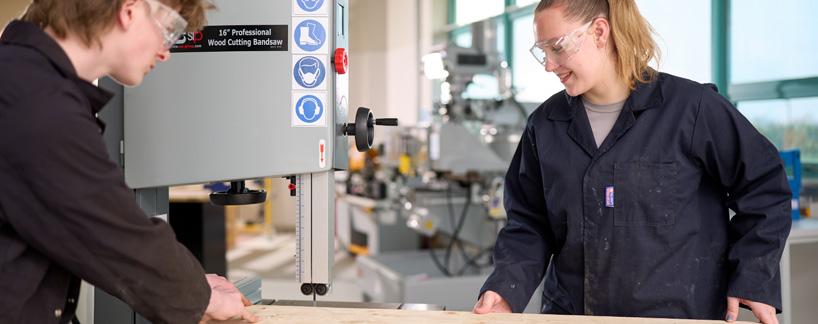
FIND OUT MORE

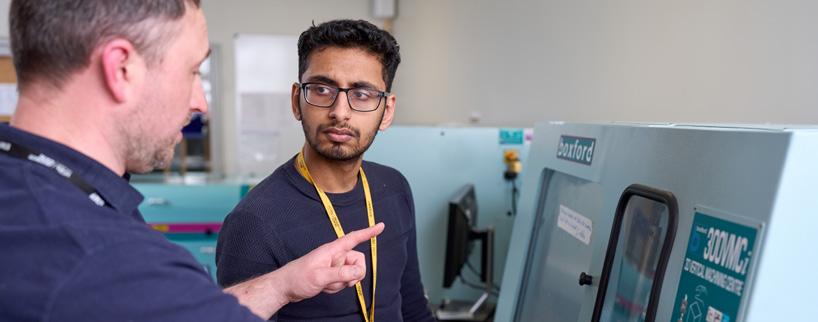
You will gain a good understanding of different engineering sectors and develop a broad range of practical engineering skills. You will also study the underpinning theory to develop your understanding of engineering processes and the engineering environment. The aim of the course is to give you experience of a range of different engineering sectors to help you discover the areas you might want to progress into in the future, such as mechanical, maintenance, fabrication, welding, CAD technician or electronics. Topics include filing and fitting techniques, working with sheet metal, MIG/MAG/gas welding, pneumatic systems and Computer Aided Design (AutoCAD).
Progression includes the Level 3 Diploma in Engineering & Technology, a complementary programme such as motor vehicle or electrical installation, or a programme of your choice.
This course has been designed to develop and extend your practical engineering skills and practices, and theoretical underpinning knowledge, building on Level 2. You are required to achieve eight units in total. Two are mandatory units on engineering health & safety and organisational efficiency & improvement with quality/assurance control. The other units may include: advanced turning, computer aided drawing, MIG/MAG welding, sheet metal fabrications, computer numerical control and pattern development.
On completion you could progress on to a job or apprenticeship in engineering e.g. Maintenance Engineer, Mechanical Engineer and Welder and/or Fabricator. Alternatively you could study further to expand your engineering skillset, perhaps in the field of electrical installation or other relevant programme.
This T Level Foundation programme has been specifically designed if you wish to progress onto the Level 3 T Level in Engineering & Manufacturing in the future and have come close to the entry criteria with GCSE grade 4 or 5 in Maths on the Foundation Paper. You will develop your engineering and design knowledge and skills and will be introduced to a wide range of engineering and manufacturing sectors. The course will balance the development of engineering maths and science skills with practical workshop skills, computer aided design & manufacture as well as developing engineering problem solving skills through a design project. You will also experience 30+ hours of employer engagement as you visit sites and meet a range of regional employers. We also encourage work placement.
This programme is designed to prepare you for transition to the Engineering & Manufacturing T Level. However, it will also support students on to other progression routes such as the BTEC Advanced Manufacturing Engineering or the practical Level 3 Diploma in Engineering & Technology. You could also move into employment or an apprenticeship.
Developed in collaboration with engineering employers this qualification will develop your knowledge, skills and professional behaviours across a wide range of engineering and manufacturing disciplines. Delivery is through a mixture of classroom theory and academic study, practical learning and industry placement.
The components that make up the course are common core units (year one), occupational specialism (year two) and industry placement (year one & two). Common core units include maths and science for engineering, materials and their properties, mechanical and electrical & electronic principles, mechatronics, quality management and project and programme management. You’ll undertake an employer-set project where you might be asked to design a solution to a given engineering problem, or to re-engineer a product, component, or engineering system to improve it. This will require you to use a range of skills and knowledge to solve an engineering problem and design a solution which you will model in CAD (Computer Aided Design).
The occupational specialism pathways you can choose from are Mechanical or Electrical Electronic Engineering. You will study theoretical and applied aspects and carry out a range of engineering projects leading to a 34 hour design and manufacture project exam. In addition, over the two years you will complete a 45 day industry placement which allows you to develop and apply your skills with an employer.
On completion you could progress on to higher education engineering degree programmes or advanced/higher apprenticeships, or into employment. Possible careers could range from Computer Aided Design Technician to Mechanical Engineer, and roles in electrical/electronic engineering, aerospace & aeronautical and advanced manufacturing engineering.
This course will give you experience, knowledge and skills across a broad range of engineering disciplines. It is an academic, applied engineering course which provides a good balance between important underpinning engineering knowledge such as maths and science but also covers design, electronics, engineering materials, computer aided drafting and engineering maintenance. You will develop a broad range of engineering knowledge and skills and understand this in an industrial context, covering manufacturing, mechanical and electronic/electrical engineering disciplines. This is not a practical workshop-based engineering course. You will study nine units in year one, being taught the knowledge and skills and then applying this to complete assignments to demonstrate your understanding. Every assignment contributes to your final grade.
On completion you can progress on to the Advanced Manufacturing Engineering Extended Diploma (Year 2). Alternatively, you could progress on to a Level 3 apprenticeship, or employment in engineering. You could also transfer to another related sector such as electrical installation or motor vehicle.
To do this course you will need to have completed Advanced Manufacturing Engineering Year 1, made up of nine units. This course adds an extra nine units to create an eighteen unit course which is equivalent to studying 3 A Levels. You will continue to develop and expand your engineering knowledge and skills in line with industry practice, putting your design and CAD (Computer Aided Design) skills into practice with an engineering project. You will focus more on industrial based knowledge and skills such as robotics, programme logic controllers, as well as understanding how manufacturing businesses function. There is a Further Engineering Mathematics unit you must take if you are wishing to go on to university degree programmes. All units are assignment based and spread across the year.
A substantial part of year two is to carry out a ‘design and make’ project with a ‘mechatronics’ theme; using the design skills and knowledge from year one and combining both mechanical and electronic engineering skills. This will also help develop wider skills of project management, research and analysis, communication and problem solving, and professional behaviours.
Progression includes HND or degree programmes in engineering disciplines from mechanical to electronic, to aeronautical, advanced manufacturing and engineering design and more. It is important to fully investigate the entry requirements for engineering degree programmes as many will require the Further Maths unit or A Level Maths; it’s important to research this now before embarking on your programme. You could also transfer or progress on to an advanced or higher apprenticeship, or employment in engineering.
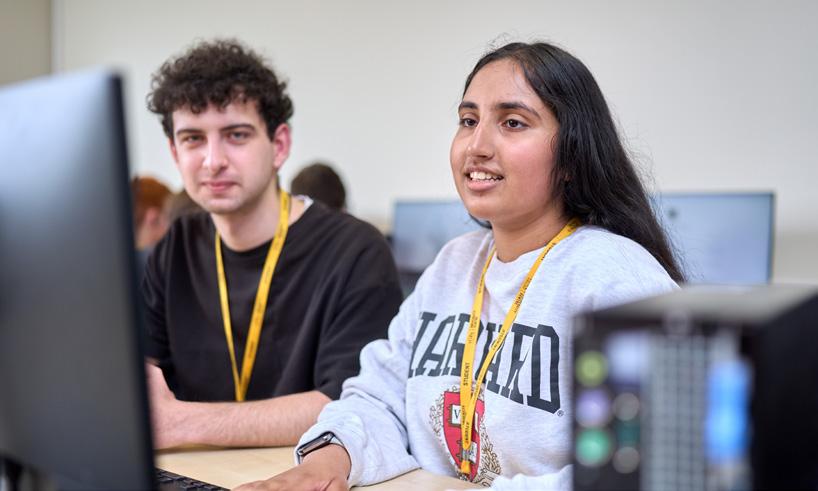
FIND OUT MORE
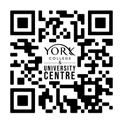
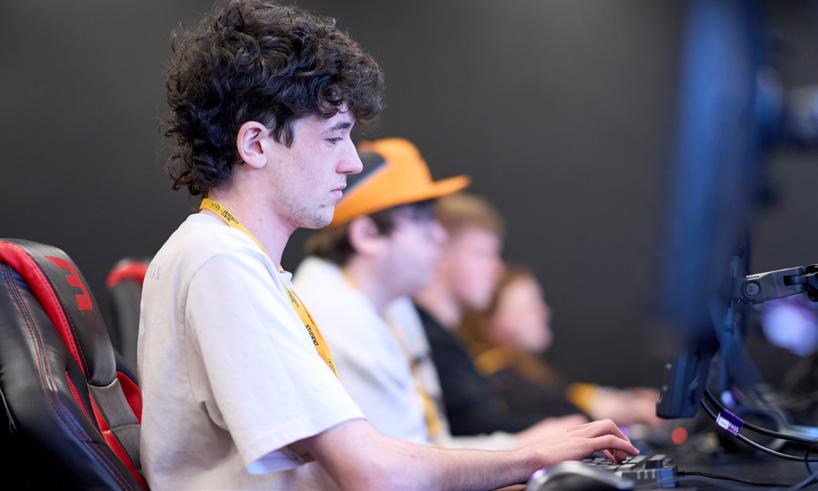
This Diploma is ideal if you have chosen to focus your learning and career development within the world of esports. It will prepare you for successful performance in working life, and progression into employment, by developing a range of transferable skills, techniques and attitudes. You will study a range of units including establishing an esports organisation, streaming for esports, planning and starting an esports enterprise and health and well-being in esports. Classes will be a mix of theory and practical lessons and you will show your skills, knowledge and understanding through an evidence-based portfolio.
Following completion of this course you can progress on to Level 3 pathways including Esports, Sports Coaching and Uniformed Protective Services.
This course is aimed at individuals who want to progress into employment in the esports industry or who may aspire to enter higher education. Endorsed by the British Esports Association, it is recognised by employers and supports entry into the industry. You will study units covering esports skills, strategies and analysis; coaching; esports events; customer immersion experiences; enterprise and entrepreneurship; business applications of esports in social media; health, well-being and fitness and nutrition. You’ll be assessed through a mixture of coursework, presentations and practical deliveries.
On completion you can progress on to the HNC in Esports (Athlete Support Pathway) at York College, into higher education or directly into industry.
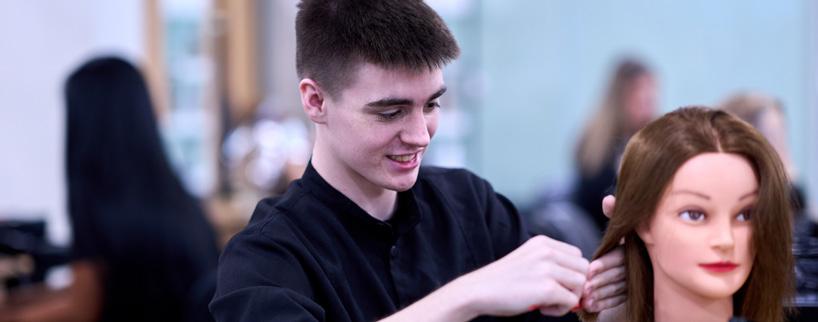
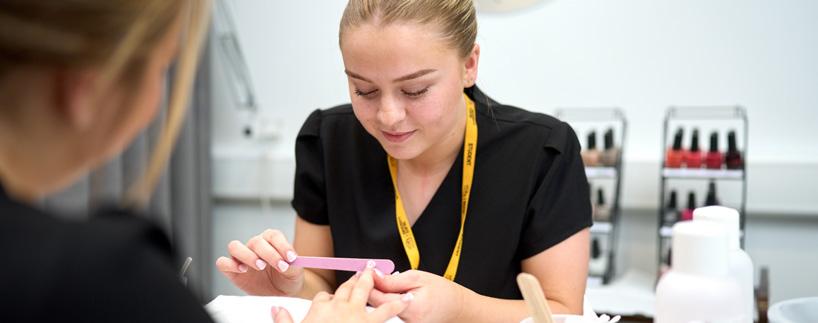
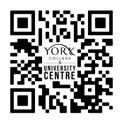

This qualification is designed to develop your basic skills, knowledge, and confidence in hairdressing techniques. Throughout the course, you’ll learn essential skills such as shampooing, conditioning, blow-drying, and basic styling techniques, whilst also gaining an understanding of health and safety practices in a salon environment. You’ll have the opportunity to work with real clients in our fully equipped training salon, giving you hands-on experience and building your customer service skills.
On completion you can progress on to the Level 2 courses in Hairdressing, Beauty Therapy or Hair & Media Make-up. Alternatively, you may go straight into employment in a salon as a Salon Assistant/Junior. The course also provides skills transferable to other subject areas.
This qualification is well-suited if you are looking to build on your basic skills and develop the technical expertise needed for a career in the hair industry. It is ideal if you have already achieved a Level 1 qualification, or have achieved Maths and/or English at GCSE grade 4. You will gain hands-on experience in cutting, colouring, perming, and styling techniques as well as essential skills in client consultation, hair and scalp analysis, and health and safety practices. Training in our professional salon environment will allow you to work with real clients, building your confidence and customer service abilities.
On completion you could progress straight into salon employment, continue your training on the Advanced Hairdressing Diploma VRQ Level 3, or follow an apprenticeship route and study the Advanced & Creative Hair Professional Apprenticeship Level 3.
This course will expand your hairdressing skills and offers the opportunity to learn more specialist treatments and services, mirroring current fashion trends and industry requirements. It also enables you to develop your supervisory skills in a wide range of hairdressing related activities. This advanced qualification will refine your technical abilities and enhance your creativity, preparing you for senior stylist roles or even running your own salon. Topics you will study include cut, colour, style and dress hair to create a variety of looks; bridal hairdressing techniques; cut men’s hair and hair colour correction.
Progression opportunities include Specialist Hairstylist, Lecturers, Demonstrators and Advanced Hair Colourists/Fashion Stylists or you could progress on to higher education such as the Foundation Degree in Media Make-up, Special Effects & Hair Design.
This course introduces you to the fundamental skills and techniques needed to kickstart a career in beauty. You’ll learn the basics of skincare, nail care, and make-up application, along with essential customer service and salon skills. With hands-on practice and expert guidance, you’ll build confidence in performing treatments and gain a solid foundation for further study or entry-level roles in the beauty sector.
You can progress on to the Level 2 courses in Hairdressing, Beauty Therapy or Hair & Media Make-up. Alternatively, you may go straight into employment in a salon as a Salon Assistant/Junior Therapist. The course also provides skills transferable to other subject areas.
This course is ideal to develop your skills and gain practical experience in a range of beauty treatments having achieved a Level 1 qualification or if you have achieved GCSE Maths and/or English at grade 4. You will learn techniques in facials, waxing, manicure, pedicure, lash and brow treatments and make-up, whilst also gaining knowledge of health and safety practices and client care. With hands-on training in a professional salon environment, you’ll build the confidence and expertise needed to progress into the industry or further your studies.
Roles you could progress into include working as a Beauty Therapist in a salon, spa or retail setting, or opportunities for freelance work offering services such as manicures, facials and basic waxing treatments. Alternatively you could progress to Level 3 Beauty Therapy to enhance your skills further.
This advanced qualification is perfect to expand your expertise and pursue higher-level roles in the beauty industry. You will gain in-depth knowledge and practical skills in advanced treatments, including body and facial electrotherapy, massage techniques, and specialised skincare. The course also covers client consultation, health and safety, and business awareness.
Progression routes include roles such as Senior Beauty Therapists, Skincare Specialists, or Spa Technicians in salons, spas, hotels, or on cruise ships or starting your own beauty business. Additionally, there are opportunities for further study or specialisation in areas such as Level 4 qualifications in Advanced Beauty Therapy/Aesthetics techniques (for example skin needling, skin peeling, radio frequency, micro pigmentation and laser and light treatments).
This is a dynamic course ideal if you are looking to develop creative skills in both hair styling and make-up artistry. Perfect for aspiring hairdressers and make-up artists, this qualification covers a range of techniques including fashion and photographic make-up, basic hair styling (cutting, colouring and dressing hair), and the application of basic special effects make-up. You will gain hands-on experience working with industry-standard products and tools, whilst also learning the fundamentals of client care, health and safety, and consultation techniques. Whether you’re aiming for a career in salons, or freelance artistry, this course provides the essential skills and knowledge to start your journey in the hair and make-up industry.
Career possibilities following Level 2 could include working as a Hairdresser or as a Make-up Artist/Consultant. Students with a keen interest in media hair and make-up are advised to continue with their training and education and complete Level 3 Theatrical, Special Effects, Hair & Media Make-up (and potentially Levels 4, 5 (Foundation degree) and Level 6 (BA (Hons) degree).
This Level 3 diploma is designed for aspiring hair and make-up artists who have already learnt the basic techniques at Level 2. You will develop advanced techniques in creating captivating looks for stage, screen, and photoshoots by gaining hands-on experience using pre-made prosthetics, special effects make-up, body paint and in hair styling for performers. You’ll also learn industry-standard practices, including how to collaborate with production teams and meet the demands of creative briefs.
With access to professional tools and guidance from experienced tutors, you’ll build a diverse portfolio that showcases your talent and prepares you for employment in the media make-up and hairdressing industries. Examples could include working in theatre, TV or film, although more experience at Levels 4 or 5 (Foundation degree) and Level 6 (BA (Hons) degree) are beneficial for film and television. On completion of this diploma you can progress into higher education to study the Foundation Degree in Media Make-up, Special Effects & Hair Design.
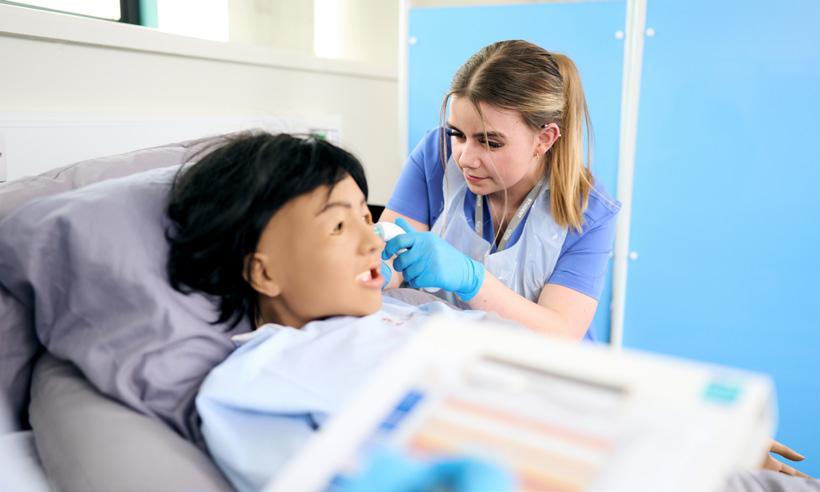

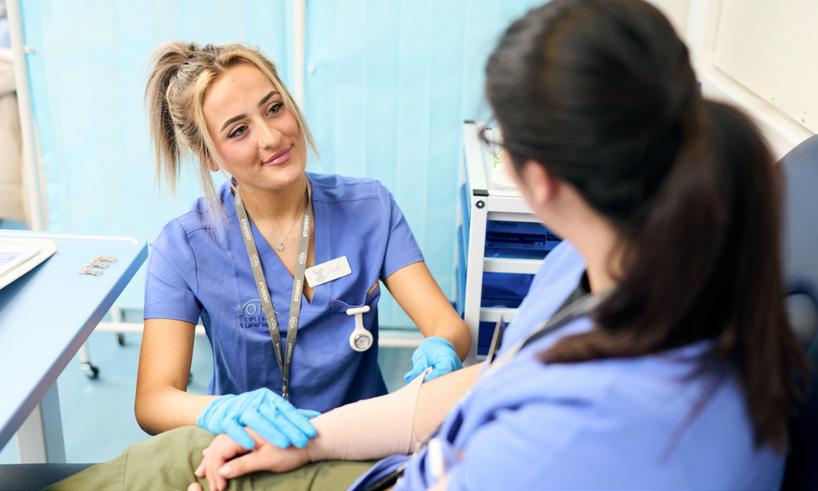
This course covers a number of units in health, social care and young people’s and children’s settings including safeguarding, health and safety, person centred care, equality and inclusion, and communication. It will also help you develop an understanding of the similarities and differences between these settings before deciding to work in a specific sector. On completion you may progress into employment within the health, social care, children’s and young people’s sector or progress to a related Level 2 course, for which a Pass profile is required.
Within this course you will study a range of key units applicable to working in the sector. Units covered include introduction to topics such as the role of the health and social care worker, communication, personal development, equality and inclusion and duty of care in health, social care or children’s and young people’s settings. Additionally, you will look at the principles of safeguarding and protection in health and social care and how to handle information in health and social care settings. The course also offers visits, guest speakers, career preparation events and work experience. On completion you could progress on to further studies at Level 3 or an apprenticeship.
This qualification provides classroom theory, practical learning and a 315 hour industry placement with an employer. Students who achieve either English Language or Maths a grade below the entry requirements for this T Level can undertake a Foundation Year whilst retaking the GCSE, studying three years in total. The Technical Qualification is the main classroom-based element of the course and consists of two parts. Core content provides you with the knowledge that underpins the industry with topics covering the following areas: working within the health sector; health and safety and environmental regulations in the health sector; and good clinical practice. Occupational specialisms provide you with knowledge and skills required to enter employment or further study in the specific occupational area and include supporting healthcare and supporting the adult nursing team.
Progression routes include employment, higher education and higher apprenticeships.


FIND OUT MORE


This course is ideal if you are working towards full Level 1 qualification and skilled employment, including apprenticeships, would like to enter the hospitality industry and may need a little extra help with confidence building and developing literacy and numeracy. You will gain experience in customer service, food service, basic food preparation and cooking, food safety and serving food and drink. There will be the opportunity to work in our onsite restaurant, The Cookery, to develop sector specific skills. You’ll also study GCSE English Language and Maths.
On completion of this course you can progress on to our Level 2 course in Hospitality, that includes food and beverage service and professional cookery, or you may wish to take up a job opportunity in the hospitality and catering industry.
This qualification is aimed at students who want to work in a wide range of hospitality and catering businesses covering a range of duties, such as Bar Person, Team Member or professional cookery roles.
You will study units in customer service, food safety and team working as well as practical units including food and beverage service skills and handling payments. You’ll develop professional cookery skills as well as pâtisserie & confectionery knowledge. You will work within our commercial restaurant and industrial kitchens where you’ll be assessed through practical assessment, as well as through a portfolio of evidence.
On completion you could progress on to higher-level courses, or into roles such as Catering Member or Contract Chef.
Progressing from a Level 2 Hospitality qualification, this course will further increase your knowledge and you will achieve a higher level of supervisory skills around craft and non-craft skills alongside the ability to manage others. You will develop advanced skills and techniques in producing dishes using poultry, meat, fish, shellfish, vegetables, game and fermented dough products as well as pastry, petit fours, desserts and chocolate work.
On completion you could progress on to higher-level study or employment in roles such as Sous Chef, Catering/Restaurant Manager, Kitchen Supervisor/Manager, Development Chef and Nutritional Therapist.


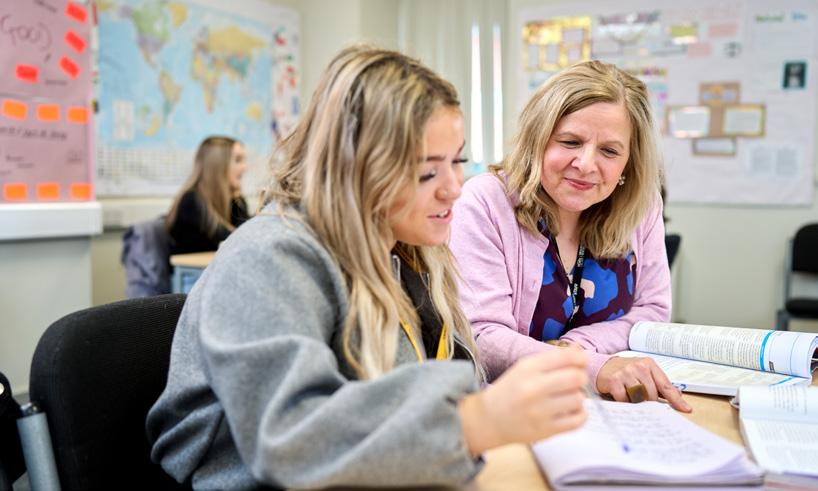
The T Level in Legal Services is your gateway to understanding how the legal system works and how you can make a difference. This two-year qualification is designed to give you hands-on experience and deep insights into the legal sector, preparing you for an exciting future in law. With a mix of classroom learning and practical experience, you’ll explore a range of topics aimed at developing your understanding of the legal sector. You’ll also gain real-world experience through industry placement, working alongside legal professionals to see the action up close.
You will cover a broad range of topics which will allow you to develop a strong understanding of the legal sector and prepare you for future work in this field. This includes: careers within the legal profession, regulation, the fundamentals of law, research skills, and project and change management approaches in legal contexts.
On completion you could enter employment in legal assistant or paralegal roles within law firms, courts or legal departments. You could pursue a higher apprenticeship in legal services or apply to university to study a law degree or related courses to become a solicitor, barrister or legal executive. You can also continue your learning with specialised legal training and certifications.
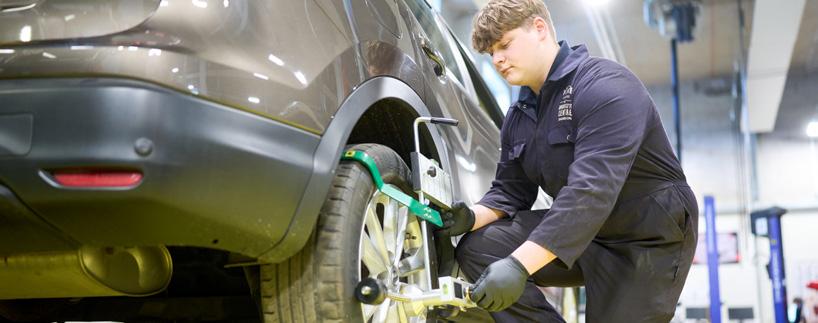

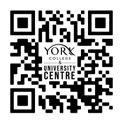
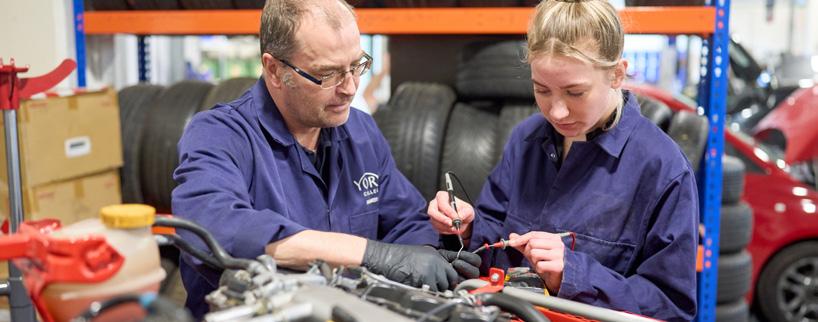
This course is ideal if you are interested in learning about the maintenance of motor vehicles and the roles that are available in the retail motor industry. You will learn about health and safety in the workplace, tools and equipment for vehicle maintenance, and various vehicle systems including engines, steering and suspension, braking systems, tyres, transmission, and electrical circuits. Alongside your Motor Vehicle studies, you will also work towards achieving your GCSEs in Maths and English.
On completing this course, you can progress to higher levels of learning, such as the IMI Level 2 Technical Occupational Entry in Automotive Care (Diploma). Additionally, you can progress towards other appropriate destinations, such as apprenticeships and employment in the automotive industry.
This course covers the full range of motor vehicle engineering skills from routine maintenance to repair techniques. You will learn about health and safety in the workplace, tools and equipment for vehicle maintenance, and various vehicle systems including steering and suspension, braking systems and tyres. The course content is similar to that of the Level 2 apprenticeship standard. You will spend three days per week in College with time spent in the workshop undertaking practical activities and in the classroom studying theory work.
Following completion of this course you could progress on to the IMI Level 3 Technical Occupational Entry in Automotive Care (Diploma). Alternatively, you can progress towards other appropriate destinations, such as apprenticeships and employment in the automotive industry.
You must have achieved the Level 2 Automotive Care Diploma in order to progress on to this course. The programme will build on what you have already learnt and more. You will learn to diagnose complex vehicle system faults using the latest diagnostic techniques and equipment - from live data reading on diagnostic scanners, to using oscilloscopes, to engine and transmission overhaul. The course content is similar to that of the Level 3 Light Vehicle Maintenance & Repair Technician standard.
On completion you would typically seek employment within the automotive industry as an improver, gain an apprenticeship or go on to university through an Access course.
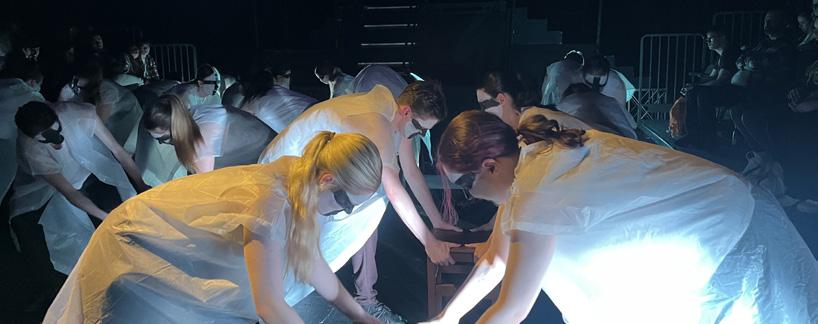

FIND OUT MORE


This course provides an exciting introduction to the world of performing arts and creative production. This hands-on programme covers key skills in acting, stagecraft, and behind-the-scenes production techniques. You will explore performance styles, develop your creativity, and gain practical experience in areas such as lighting, sound, and set design. With a focus on collaboration and creativity, this course builds a solid foundation for you to pursue further studies or careers in the Performance and Production industry.
After this course, you would apply for the Level 2 Diploma in Performing Art or Music Performance & Production, another Level 2 course in the College or use your skills in employment.
This is a practical course which introduces you to many areas of the performing arts. Units studied include acting, backstage technical theatre, singing and the principles of movement and dance. There is continuous assessment of project/assignments throughout the course. These may include performances, presentations, practical or written work. The course is primarily a practical one, consisting of 70% practical work and 30% written work.
Students who achieve a Merit grade can look to move on to a Level 3 pathway in either Acting, Dance & Musical Theatre or Events & Venues Technician (dependant on passing GCSE English/maths).
This practical course is for students who love acting and may want to pursue a career on stage and screen. You will study a wide variety of acting styles, genres and practitioners such as Naturalism, Physical Theatre, Shakespeare and Screen Acting. You will study three projects per year which cover areas such as: Principles of Performance; Engaging with an Audience; Collaborative Performance Project and Developing Performance and Production Skills. These projects are practically explored through a range of approaches including duologues, devised and scripted work, monologues and audition preparation, ensemble, and practitioner influences.
An Extended Diploma in Acting, equivalent to three A Levels, can lead to further study in screen acting, drama and performing arts, either at university or at a specialist college or conservatoire.
This is a practical course where you will study a wide variety of dance and musical theatre styles. You will be taught by industry professionals and experienced tutors who have knowledge, experience and industry links. In the first year you will study Ballet, Contemporary, Commercial, Acrobatics, Singing, Acting, Musical Theatre, Physical Theatre, History of Theatre, physiology, progression and participate in many performance projects. In the second year you will study Ballet, Contemporary, Commercial, Acrobatics, singing, auditions and applications, Musical Theatre, Children’s Theatre and undertake many performance projects.
This course can lead to further study in Dance or Musical Theatre at university, a specialist college or conservatoire. Previous students have secured places at Urdang; Bird; Addict Dance Academy; Laine; Performers College; Italia Conti; Dance Box; Rambert and Trinity Laban.
This course is your ticket to an exciting, hands-on career. From managing high-energy events to operating cutting-edge technology, you’ll gain the skills needed to thrive in fast-paced industries like TV, live music, theatre, and more.
The core units help you get to grips with what these creative industries are, how to work in them, researching and planning projects, working with others in a professional way and all the other skills professional media producers need. You will also work to professional briefs through the Employer Set Project and work experience placements in relevant areas. On completion you can progress into skilled work and higher or degree level apprenticeships and higher level technical study, including university to study creative degrees relevant to the T Level.
Level 2
In this highly practical course you are introduced to a range of skills including studio recording and performance. You will learn by completing a range of projects and assignments based on realistic industry situations.
The range of units include: Introduction to music performance; Introduction to music production; Listening skills for music performance and production; Listening skills for music performance and production; Contextual research for performance and production; Creating original music; Production skills and practice and a Music performance and production project.
This course is a good stepping stone to the Level 3 Extended Diplomas in Music, Performing Arts Acting, Musical Theatre & Dance or the Events & Venues Technician T Level.
The course provides opportunities to develop the practical skills and theoretical knowledge required to work within the music industry or continue studying at a higher education level. You will develop music performance skills through rehearsal sessions and explore music composition using industry-standard software to produce audio content for a variety of purposes. Music theory knowledge is developed alongside critical listening skills through production analysis, composition interrogation and rehearsal room communication. There are opportunities to explore the use of modern digital equipment as well as traditional analogue hardware.
Completion could lead to further study in Music, Music Production or Musical Theatre, both at university or a conservatoire, or could lead straight out into industry as a performer or working in music production and live sound.
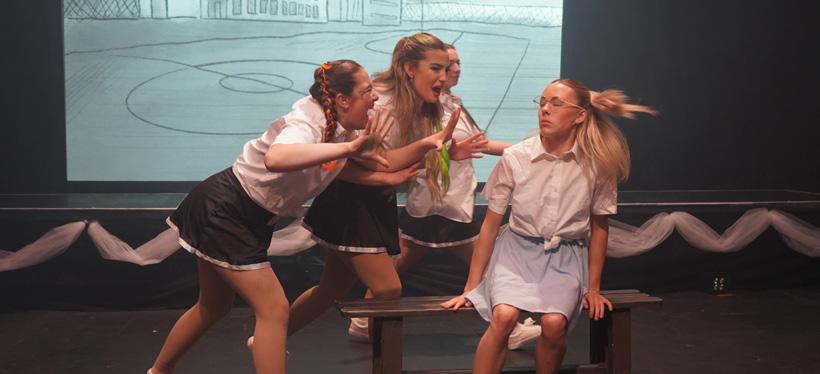


FIND OUT MORE

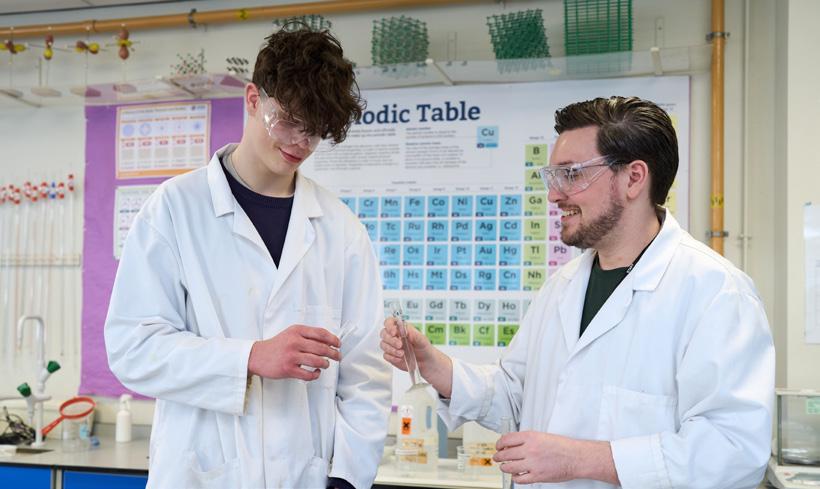
This qualification builds on what you have learnt in GCSE Science. It covers all three sciences with an emphasis on practical lab-based biology and chemistry. Much of the work you do will have a practical starting point and assignments that have a real-world context so that you can see how the science you are studying is used in industry, medicine and other settings.
During the first year you will develop your practical and investigative skills, learn how to work safely and competently in a lab as well as analyse and evaluate data. You will look at a range of scientific topics including microbiology and industrial chemical reactions. In the second year you will develop your knowledge of science further, with topics such as genetics and genetic engineering, biological molecules and metabolic pathways, organic chemistry and applications of medical physics.
Students who successfully complete the second year will be awarded a BTEC Level 3 Extended Diploma in Applied Science. This is equivalent to 3 A Levels. Most students progress to study at university. Past students have gone on to study in a variety of different areas including biology, marine biology, chemistry, biomedical science, radiology, forensic science and paramedic science.
The course is currently being re-written by the awarding body but will be designed to cover a range of science topics with real-world application and direct links to how science is used in industry. Lessons take place in purpose-built science labs with modern facilities and equipment. You will be taught by subject specialists in each area of the course with at least one tutor for each of biology, chemistry and physics.
Assessment on the T Level in Science is a combination of written exams, employer-set projects, and practical assignments. You’ll complete core assessments to demonstrate your understanding of scientific principles and practices, as well as a specialist project in your chosen area of technical science. A key part of the course is the industry placement, where your performance and professional skills will also be evaluated. This mix of academic and hands-on assessment ensures you’re ready for the workplace or further study.
After completing the course, you will be well-prepared to move into a range of careers such as Laboratory Technician, Food Manufacturing Inspector, or Metrologist. You can also progress to a higher-level apprenticeship, employment or a related university course.

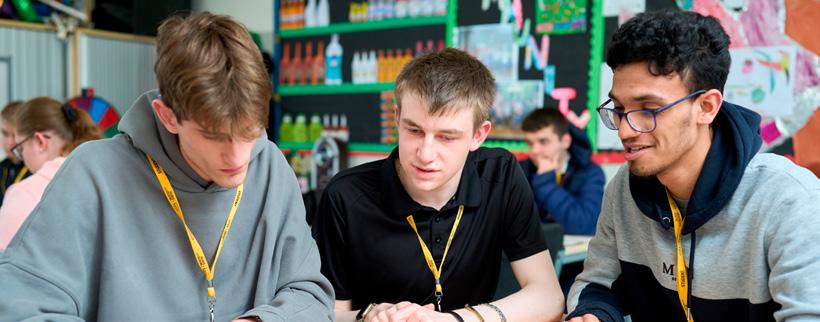
FIND OUT MORE
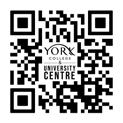
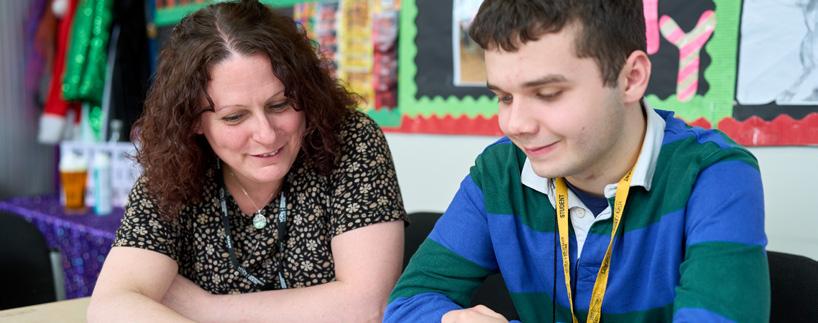
Our DFN Project Search Internship is available at Levels 1, 2 and 3, and is based at AVIVA Insurance, City of York Council and LNER. These programmes are designed to support the transition from education to lasting paid employment by equipping young people with the skills they need for work, through a combination of short classroom sessions and real on-the-job work experience.
As an intern you will get on-the-job training with a departmental mentor, with an expert job coach and College tutor heading up the programme, who are responsible for supporting both interns and their employers.
The range of skills that are taught includes: Employability skills; Applying for jobs; Creating a CV; Interview techniques and Well-being & self-advocacy.
The Pathways course is ideal for you if you are currently working at Entry Level 2, Entry Level 3 and Level 1 and may require a personalised approach to learning designed to meet your individual needs. The programme is supported with a high ratio of staff to students and is delivered through a combination of theory, practical sessions, visits, speakers and work placements.
Each individual course lasts one year, and you may be entered for Entry 2, Entry 3 or Level 1 at the start of your time at College, depending on your ability and prior achievements. The course is designed to be flexible and most students spend one or two years in Pathways.
You will study a range of units to develop skills that prepare you for employment and living independently. The following units are an example of what might be covered over the course of a year: Candidate Project, Preparing for Work Placement, Healthy Living - including a weekly session of physical activity, Working as a Team, Personal Finance, Enterprise, Searching and Applying for a Job, Community Project and Domestic Cooking.
We focus on helping you to prepare for adult life and develop the skills and confidence to achieve progression to other courses, supported internships and work.
The programme also encourages you to develop personal, social and communication skills, offering an excellent opportunity to belong to a small, supportive group of students within the context of the wider College setting.
As part of the Pathways course, you will study English and Maths at a level suitable for your needs. This includes working towards an award in English and Maths where appropriate.
You will also undertake a work placement on one day a week for 6 weeks of the course. This can be either supported 1:1 or undertaken with some support from staff who visit students regularly.
Past students have progressed on to Vocational programmes, employment and supported internships.
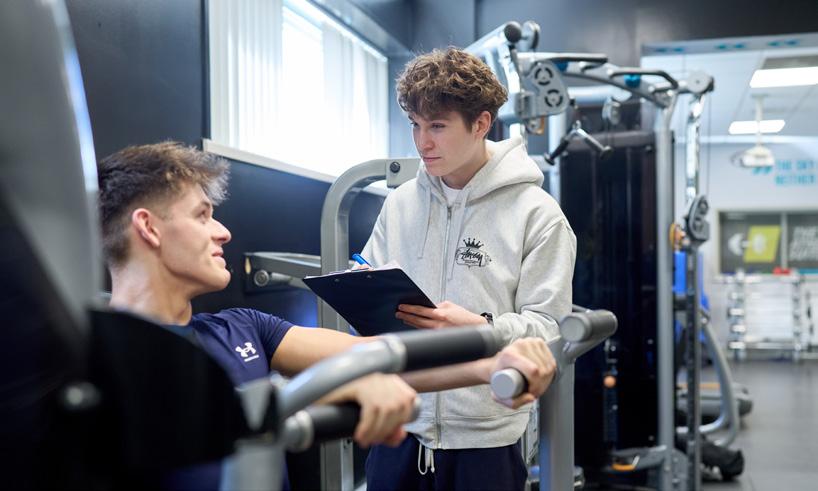

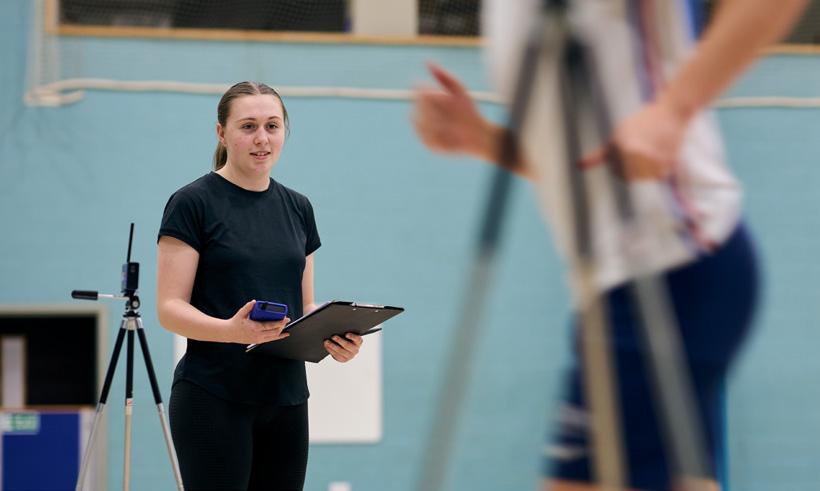
This qualification aims to help support your personal development through acquiring skills and knowledge in sport, exercise and fitness. It’s a mainly practical-based course which means that the majority of your learning will take place across classrooms, our state-of-the-art gymnasium, sports hall and 3G pitch. You’ll be expected to complete theoretical knowledge through homework activities and directed learning, although some theory work will also be embedded into practical sessions. A variety of enrichment activities will be scheduled throughout the year to help prepare you for progression and employment.
You can progress on to a number of pathways within the Sports curriculum area including the Level 2 Sports Coaching, Level 2 Esports and Level 2 Public Services courses.
You will need a strong interest in sport, and through theory and practical units will develop the knowledge and understanding of sports performance and coaching as well as how fitness, health and the human body contribute to sporting success. You will develop interpersonal skills to communicate and demonstrate effective team working. This will be through a range of sports coaching opportunities; as part of planning and running a sports event and participation in team and individual sports.
Topics you will cover include: developing sporting skills and tactical awareness; sports coaching; planning, delivering and evaluating a sports session; and health, exercise and nutrition.
You can progress on to a number of pathways within the sports curriculum area including Level 3 Sports Coaching, Level 3 Esports and Level 3 Uniformed Protective Services.
This qualification enables you to develop a purposeful combination of knowledge, skills and behaviours to enter employment as a gym instructor at entry level and provides a strong foundation to achieve full occupational competence with further training and development in the workplace. Skills you will develop include communication, teamwork and self-management. You will also study best practices and core values such as health and safety, professional conduct and inclusivity that are important for regulatory compliance, meeting professional requirements, working safely, sustainable operations and inclusion and diversity in the industry. The course includes a mix of theory and practical units which you’ll study in our sports facilities, classrooms and computer rooms.
On completion you can progress on to pathways including the Level 3 Technical Occupational Diploma in Personal Training, or Level 3 courses in Sports Coaching, Sport & Exercise Science, Esports or Uniformed Protective Services.
Studying this diploma enables you to develop a purposeful combination of knowledge, skills and behaviours to enter employment as a personal trainer or fitness instructor and provides a strong foundation for you to achieve full occupational competence with further training and development in the workplace. The qualification is mapped to the CIMPSA Professional Standards for Core Group Exercise Instructor and CIMPSA Professional Standards for Personal Trainer.
Through a combination of theory and practical work you will develop transferable skills and professional behaviours including good communication skills; the ability to provide a high level of customer care; problem-solving; and the ability to use IT for a range of purposes that are essential to personal effectiveness in a personal trainer occupation. In addition you’ll develop knowledge and understanding of best practices and core values such as following industry-recognised codes of practice; safeguarding; and personal trainer ethical behaviours that are important for meeting professional requirements and working safely with clients in the health and fitness industry.
You can progress directly into industry due to the strong links and work-based experiential learning opportunities embedded in the qualification. Alternatively, you could progress to higher education to further specialise in fitness-related areas such as strength and conditioning.
This is a career-focused qualification with industry endorsement and accreditation that will enable you to develop underpinning knowledge and technical skills and to gain experience as a Coach. It is endorsed by the Chartered Institute for the Management of Sport and Physical Activity (CIMSPA), which allows you to apply for CIMSPA membership after successfully completing this programme. This is recognised by employers enabling students to enter employment in the job role of Coach in the sports sector.
You will learn the fundamentals of sports coaching, covering topics such as health and well-being; sports development; self-employment in sport and physical activity and applied coaching. You will also complete a research project. In addition, you will be offered the opportunity to lead coaching sessions with a range of partner employers from the sector. There is also the opportunity to gain additional, specialist coaching qualifications.
The course has a strong success rate in aiding students to progress directly into industry. Alternatively, you could elect to continue to higher education in the areas of sports coaching, sports massage and sports & business management.
With a mix of theory and practical sessions, this course aims to develop a sound and in-depth understanding, knowledge and skillset that underpins the science of sport and what drives sporting success. The qualification will give you the knowledge, understanding and skills that underpin the sport and exercise science sector to prepare you for further study or training at a higher level.
The range of units you will study includes functional anatomy, applied sport and exercise psychology, sports massage, nutrition for sport performance, and biomechanics in sport and exercise science. There is a mix of theory and practical units which you’ll study in our on-site gym, The Athletic Suite, sports hall and on the 3G pitch, as well as in classrooms and computer rooms. Assessment is by evidence-based portfolio plus three exams, which prepares students for entry into sports-specific higher education.
Many students progress on to higher education courses including physiotherapy, sports massage, rehabilitative medicine, sports research and sports science.
This Level 2 Certificate in Public Services provides a firm base from which you can understand core knowledge, skills and behaviours common amongst all uniformed professionals that serve. Both theory-based lessons and work-related learning combine to prepare you for the next steps. The qualification covers key modules in understanding the role and work of the Public Services; working skills in the public services sector, crime and its effects on society; and health, fitness and lifestyle for the Public Services. There is a combination of theory and practical units and you’ll be assessed through the production of an evidence-based portfolio.
On successful completion of the course you could progress on to a number of pathways within the Sports curriculum area including the Level 3 Uniformed Protective Services, Level 3 Sports Coaching or Level 3 Esports course.
This qualification is designed to enable you to progress into a role within the protective services, or go on to higher-level studies in order to pursue more specialised service roles. Course content covers areas such as citizenship and diversity; behaviour and discipline in uniformed protective services; physical preparation, health and well-being; and teamwork, leadership and communication. The course includes strong work-related opportunities with the Army, Navy, RAF, Fire Service, Ambulance, Police and Prison Service.
Most sessions are theory sessions, but very applied. You will have a fitness session each week. This course also involves lots of work-related activity, including guest speakers and sessions delivered by the Army, Navy, RAF, Police and the Fire and Rescue Service.
The course has a strong success rate in aiding students to progress directly into service including the Police and Armed Forces. Alternatively, you could elect to continue to higher education, with the most common routes being sports coaching, sports massage and sports & business management.
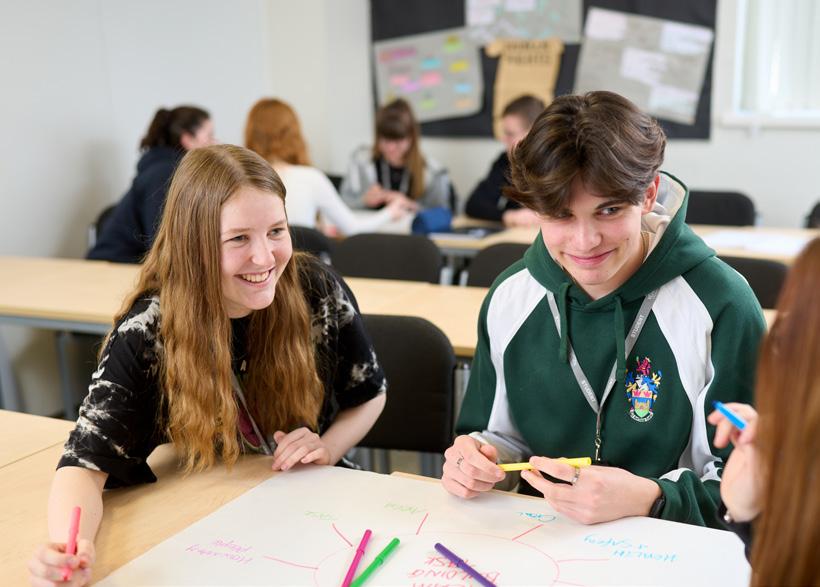

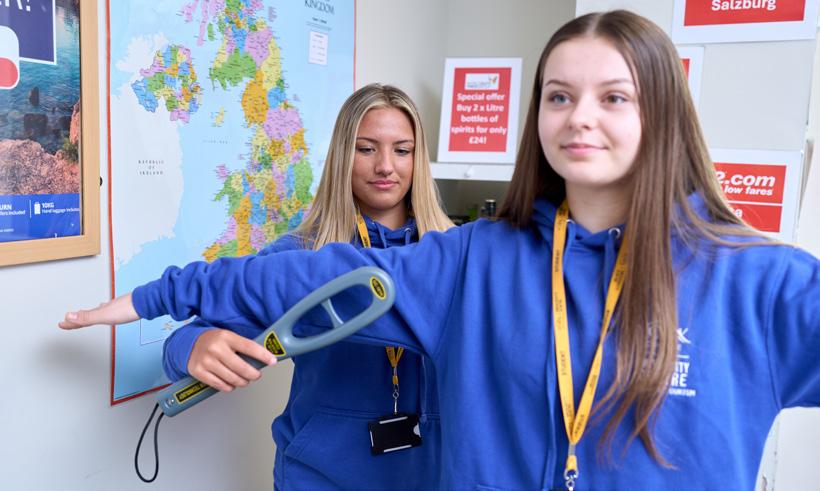
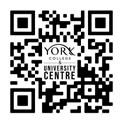
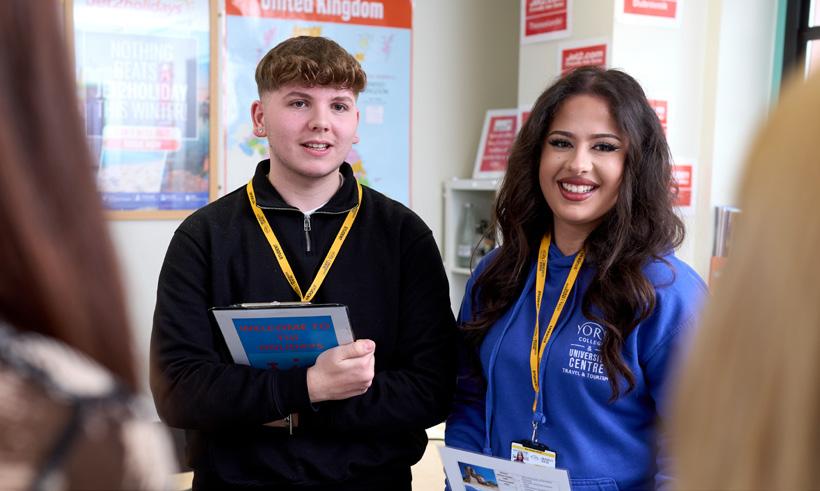
The course offers the perfect blend of practical experience through role play as well as classroom learning, giving you the skills, confidence and qualification needed to thrive in the travel and tourism industry. We deliver our programme alongside industry experts, who support us through guest speakers and visits, to develop a broad understanding of employment within the industry. You will cover topics such as the UK travel and tourism industry, promotion in travel and tourism, travel agency operations, hospitality in travel and tourism and knowledge about airports and airlines. There is also the option to take part in a range of trips during the course which are designed to support the topics being studied.
On completing this qualification you can progress to the Level 3 Extended Diploma in Travel & Tourism.
Our Extended Diploma in Travel & Tourism is designed to elevate your knowledge and skills and has assessments designed to enhance your presentation, customer service and supervisory skills; all of which are important when working in the industry. We work closely with travel and tourism organisations who support your learning through guest speakers, visits and involvement in our annual travel and tourism conference. Topics you will study include global destinations, sustainable tourism, working overseas and managing accommodation services. You will also explore topics such as researching current trends, the UK as a destination, the cruise industry and passenger transport.
On completion you could progress to higher education to study tourism, business, events, aviation or hospitality management qualifications. Other routes include progressing into employment and apprenticeship opportunities with employers across the tourism sector.
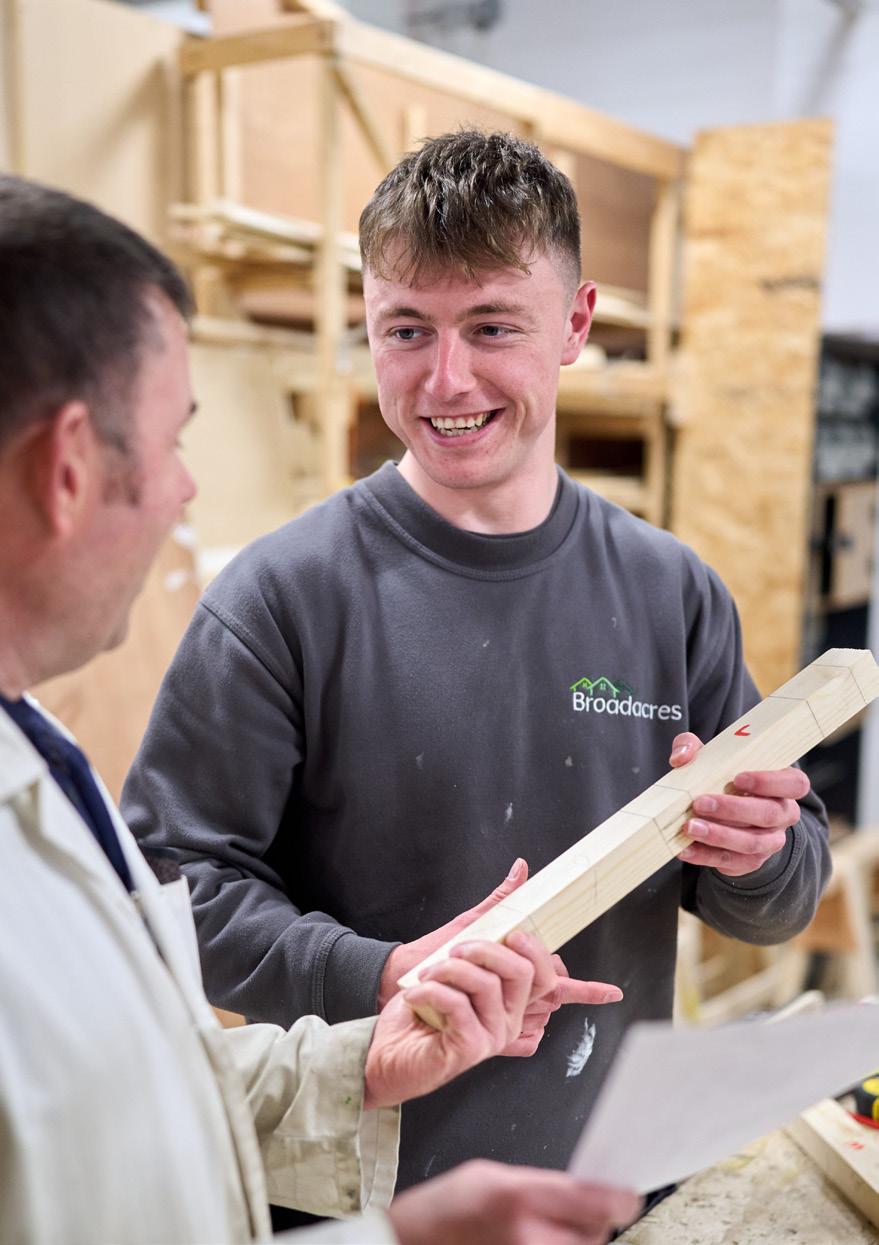
FIND OUT MORE
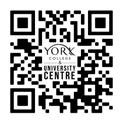
Apprenticeships combine work with study to gain skills and knowledge in a job role. Apprentices must be employed in a relevant environment for a minimum of 30 hours per week. They work with experienced staff and are allowed time for training or study during their working week.
As an apprentice, you will be employed, earn a salary, and experience the workplace as a fully-fledged employee.
We offer a full range of apprenticeships from Level 2 (GCSE equivalent) through to Level 4 (HNC - Higher National Certificate equivalent).
The following pages give you an overview of the Level 2 & 3 apprenticeships we offer. For more detailed descriptions and entry requirements, please visit the relevant course pages on our website.

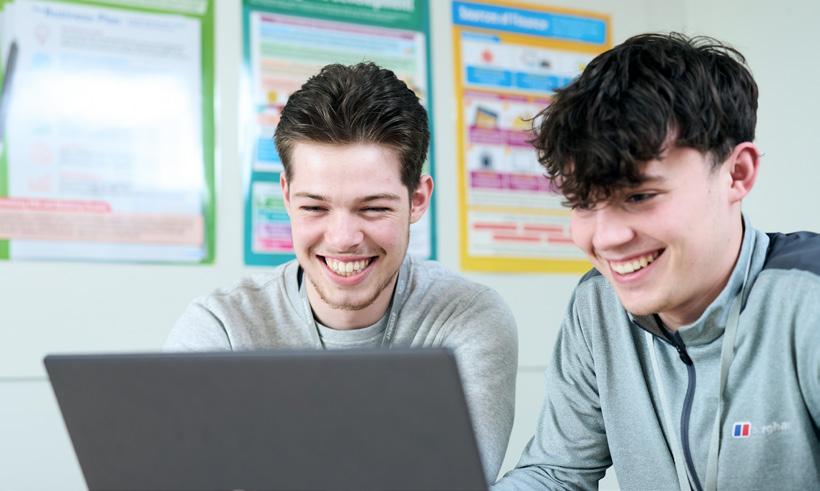
FIND OUT MORE

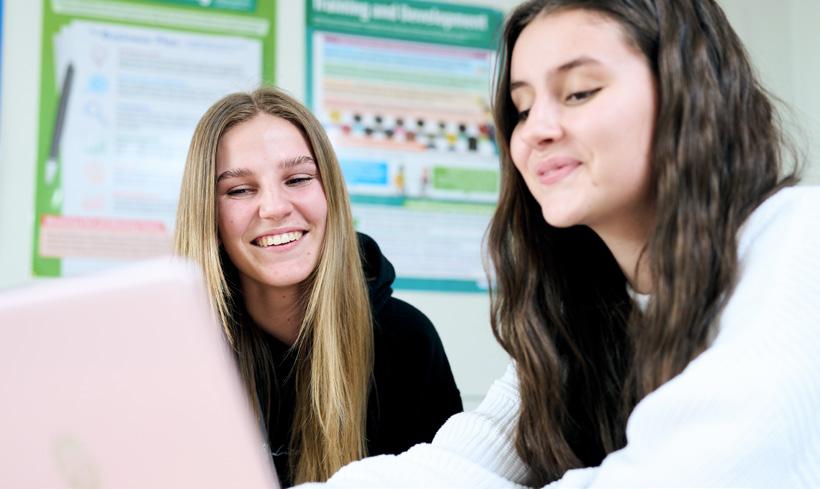
Administration Assistants are found in all sectors and industries and have a highly transferable set of knowledge and skills. They are an integral part of a team and are responsible for supporting efficient organisational operation. During this course you will cover a range of skills which will include software packages and their technical applications, information and data retrieval, written and verbal communication, how to plan and review administration tasks and workload, and maintaining professional relationships with stakeholders. You will also keep up to date with sector developments to enhance skills and follow a continuous professional development plan.
Following completion of the course you may progress on to higher-level courses or a more senior role in the organisation.
This apprenticeship will give you the knowledge and skills to work as part of an HR team delivering front line support to managers and employees. It will cover a wide range of areas such as understanding HR legislation and policy frameworks, supporting the implementation of HR changes and projects within the business and how to use agreed systems and processes. Delivering excellent customer service and providing solutions and support primarily to managers is also a key component.
On completion of this apprenticeship, you may choose to stay within core Human Resources or diversify into one of the specialist areas of Human Resources. A successful apprentice may be eligible to apply for Associate Membership of the Chartered Institute of Personnel and Development (CIPD) or any other professional body that recognises this apprenticeship within its membership criteria.
This apprenticeship will allow you to work independently or as part of a team developing and implementing administrative services. You will learn how to use multiple IT packages to aid correspondence, financial processes and data analysis, develop report writing skills and how to review others' work, understand how to use relevant project management principles, and make effective decisions based on sound reasoning. Building and maintaining relationships within your own team and across your organisation is also a key skill.
This course in an ideal stepping stone into specialist team leading, supervisory or line management roles, or higher-level training and apprenticeships. Progression into a more senior role within the business environment, or another career within the business environment, for example accounting, may also be possible.
Multi-Channel Marketers support customer focussed marketing activities that drive the demand for a product or service through awareness and perception building. This apprenticeship will give you the knowledge and skills required to work as a Multi-Channel Marketer and will cover a wide range of areas such as developing marketing plans and the delivery and evaluation of strategic marketing activity. You will support and manage the cataloguing of offline and digital marketing materials and identify and use relevant emerging trends, solutions and technologies to implement effective marketing activities.
Following completion of this course you could progress onto a higher-level apprenticeship such as the Level 4 Marketing Executive Apprenticeship and also more senior job roles such as Marketing Officer/Coordinator.
Cultural Learning and Participation Officers plan, organise and co-ordinate artistic and cultural education workshops, schedules of activity and community engagement projects. Activities may be accessed in cultural venues, online (through delivering webinars) and other settings for example schools, hospitals and prisons. Employment is through arts and cultural organisations such as galleries, museums, theatres, orchestras, concert halls and local authorities. You will study a range of units which will include working with partner organisations, meeting regulations and legislation, fundraising, IT systems and software, and understanding audiences and effective methods of engagement.
This apprenticeship can lead on to a Level 4 Cultural Heritage Conservation Technician or Historic Environment Advice Assistant Apprenticeship or a variety of job roles such as Learning and Engagement Assistant, Cultural Heritage Officer or a Schools Engagement Coordinator.


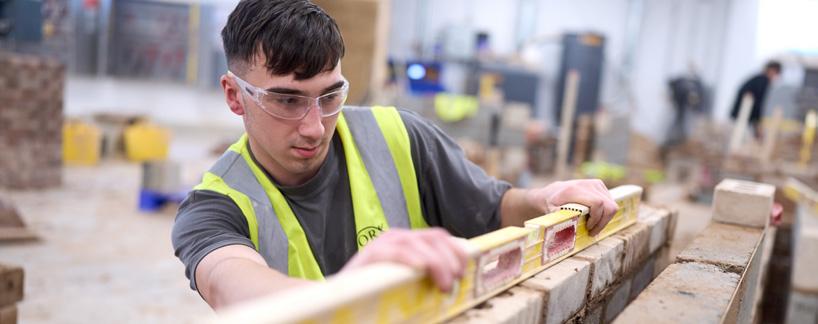
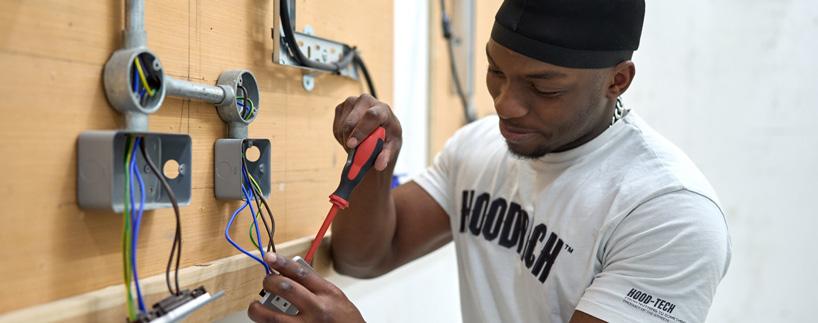

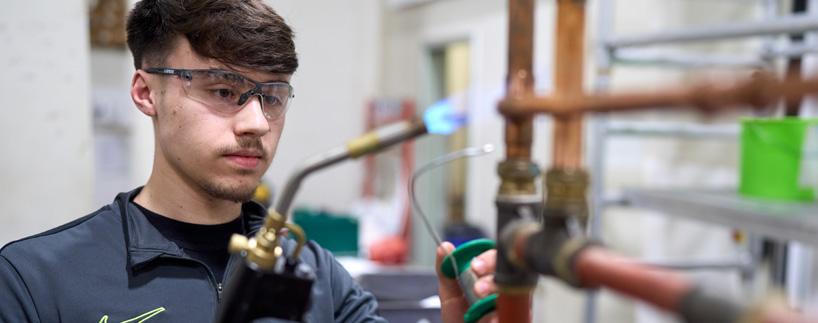
Bricklaying is a core function within the construction sector, and this qualification covers a range of skills and knowledge required to work in this industry. You will learn how to select appropriate tools, equipment and materials, set out and build brickwork; including bonding techniques, cavity walling and types of construction methods, and lay concrete, drainage and other substructure materials. You will develop customer service and communication skills. Classroom theory will also be a key component.
On completion of this apprenticeship you may progress on to higher-level courses, employment or starting a business may be an option.
This apprenticeship will cover a range of knowledge and skills required to work as a Craft Bricklayer. You will learn modern methods of construction such as timber frame, steel frame and insulated concrete forms, as well as the principles of heritage building and techniques including complex arches and surrounding brickwork. You will develop skills to interpret key information from drawings, and an understanding of environmental management systems, as well as how to plan and prioritise work and manage stock control. You will also undertake theory work in the classroom.
Following completion of this apprenticeship you may progress into full-time work in the industry, or continue with the next level of study.
Furniture Making Operatives produce furniture for domestic use, office settings or public areas such as hospitals and schools, and manufacture high quality wood components. This course covers a range of units which will give you the skills to measure, mark out and cut materials to specification, make components and understand the principles of joints used in making hand-crafted furniture, and understand the sequence of assembly and why this is important. You will also undertake theory work in the classroom.
Following completion of this course you may become self-employed, work for a business or progress on to higher-level qualifications to increase your skills and knowledge.
Stonemasonry is a specialist craft and as a Stonemason you would use your skills to carve architectural features, cut and shape blocks, or lay and fit stonework. We deliver two routes, which are Banker Mason and Heritage Mason.
As a Banker Mason you will make moulds and templates in order to produce standard and bespoke stonemasonry components as required. As a Heritage Mason you would prepare backgrounds to receive stone cladding and set out basic external stonemasonry on heritage buildings and structures. Both routes will include theory work in the classroom.
On completion of this course you can progress on to higher-level qualifications, a wide range of employment opportunities or you may consider self-employment.
This apprenticeship will develop advanced skills and knowledge in stonemasonry. It focuses on both the practical and theoretical aspects of working with natural stone. Units covered include producing and installing intricate stone components; including detailed architectural features, restoration work, and bespoke stonework. Interpreting detailed technical drawings and specifications, selecting and using appropriate tools and materials, and applying advanced techniques to shape and finish stone with precision are also key components. Throughout the apprenticeship, individuals learn to work independently and as part of a team.
Successful completion of this apprenticeship will meet the requirement of the Construction Skills Certification Scheme (CSCS) ‘Skilled Worker’ standard. You can then progress to a wide range of employment opportunities in the workplace. Self-employment or starting a business may also be an option.
Site Carpentry involves carrying out skilled work, primarily using timber products on a construction site, creating and installing building components. You will study a range of units which include interpreting and producing drawings and studying the basic principles of computer aided drawing (CAD), how to use power tools and how to carry out first and second fixing work including timber frames and cladding. You will also create structural carcassing and learn how to erect trussed roofs and construct gables. Theory work in the classroom will also be a key component.
Following completion of this course you can progress on to higher-level qualifications, work for a construction business or become self-employed.
Site Carpentry involves carrying out advanced skilled work, primarily using timber products on a construction site. You will undertake complex job tasks requiring high levels of practical skills and knowledge, in addition to managing your own work and leading small teams.
In this apprenticeship you will study units which include the use and maintenance of tools, installation of complex and non-standard doors, erecting inclined roofs and gables, and quality checks on your own and others' work. Theory work in the classroom will also be a key component.
On completion of this apprenticeship you may progress on to higher-level qualifications or a wide range of employment opportunities such as supervisors in the workplace.
This apprenticeship involves carrying out skilled work, primarily using timber products, in a workshop creating and installing building components. You will cover a range of units which include how to use hand and power tools; interpreting and producing relevant drawings, including the basic principles of computer aided drawing (CAD); and understanding the characteristics and uses of timber and timber-based products. You will also learn how to manufacture routine architectural joinery products such as doors, windows and straight stairs. Classroom theory will also be a key component.
On completion of this apprenticeship you may progress on to higher-level courses, employment or starting a business may be an option.
This apprenticeship involves carrying out advanced skilled work, primarily using timber products, in a workshop creating and installing building components. You will cover a range of units which include how to set out complex work tasks for non-standard architectural joinery products, set up and use fixed machinery such as circular saws and planers and manufacture complex and shaped architectural joinery products. You will also carry out quality checks on your own and others work and take the lead when working in a team. Classroom theory will also be a key component.
Progression opportunities could include higher-level qualifications such as an HNC and work in supervisory roles. Starting a business or self-employment may also be an option.
Painters and Decorators operate in domestic and commercial properties and undertake the decoration and protection of buildings. This qualification will give you the necessary skills to work as a Painter and Decorator and covers units such as how to prepare work areas safely; how to select, use, maintain and store paint, tools and wallcoverings; as well as a variety of application methods for paint and techniques for hanging wallpaper – such as lining paper and digital print. Classroom theory will also be a key component.
On completion of this apprenticeship you may progress on to higher-level courses, employment or starting a business may be an option.
This apprenticeship will develop advanced skills and knowledge in painting and decorating, preparing you for a professional career in the construction industry. It focuses on both the aesthetic and protective aspects of painting and decorating, ensuring that buildings are not only visually appealing but also safeguarded against environmental factors. Topics covered include calculating material quantities and costs, maintaining tools and equipment, applying complex paint effects, using spray painting equipment, and installing specialist wallcoverings. Planning and organising work, materials and tools is also a key component as well as continuous professional development to maintain knowledge of current and future developments.
On completion of this apprenticeship you could progress into a supervisory role or look to specialise in certain fields of work.
Plumbing and Domestic Heating Technicians work with all aspects of plumbing and heating systems. This apprenticeship will give you the knowledge and skills to progress in this industry. It will include units such as selecting, installing and servicing core plumbing systems; fault diagnosis and repair techniques; and installation and testing techniques for electrical components and control systems on plumbing and domestic heating systems. You will also choose to follow either the Fossil Fuel - Natural Gas route, or an Environmental Technologies route. Classroom theory will also be a key component.
On completion of the course you can progress on to a wide range of employment opportunities in the workplace, or self-employment may also be an option.
Apprenticeship Level 3
This apprenticeship will give you the knowledge and skills required to work as an Electrician. Installation Electricians work on the installation, testing, commissioning and maintenance of low voltage electrical and electronic devices and appliances. You will study units which will cover the practices and procedures for installation of wiring systems and electronic equipment in buildings; inspecting, testing and certification of electrotechnical systems; as well as diagnosing and correcting electrical faults. Classroom theory will also be a key component.
Progression opportunities could include higher-level study, working for electrical contractors or becoming self-employed.
This qualification is for anyone who wishes to work within an exciting and dynamic construction environment. This could be in an office, on a construction site or in contracting organisations. You will study a range of units which will include how to use digital construction processes, interpreting different types of built environment contracts and project tendering, and measurement and costing systems. You will also learn how to plan, carry out and manage your own work in line with management requirements and will undertake theory work in the classroom.
Following completion of this apprenticeship you may progress on to higher-level qualifications such as the Construction Site Supervisor Apprenticeship or an HTQ HNC Construction Management for England.
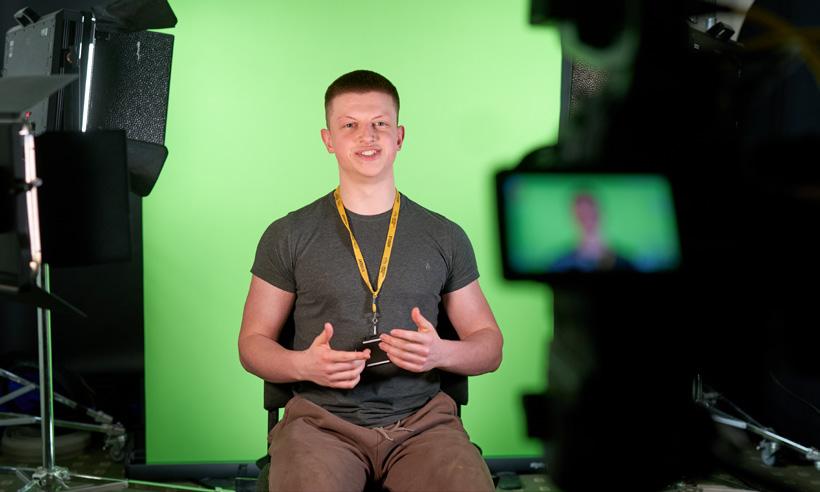
FIND


Content Creators can be found in creative and non-creative industries. The broad purpose of this occupation is to develop and create written and audio-visual content that can be used across a variety of platforms.
This apprenticeship will give you the knowledge and skills required to work as a Content Creator. You will learn how to work to a brief and research, prepare and develop content to maximise audience engagement, and capture the strategy and objectives of the brand and needs of the customer. Content created can be used through media, advertising and marketing campaigns, and will be shared across different platforms and channels. An interest in technology and creating content is a must, and you will undertake continuous professional development to keep up-to-date with trends and technology.
Following completion of this apprenticeship you could progress on to a Level 4 Marketing Executive Apprenticeship or a variety of job roles such as Content Strategist, SEO or Digital Marketing Specialist.
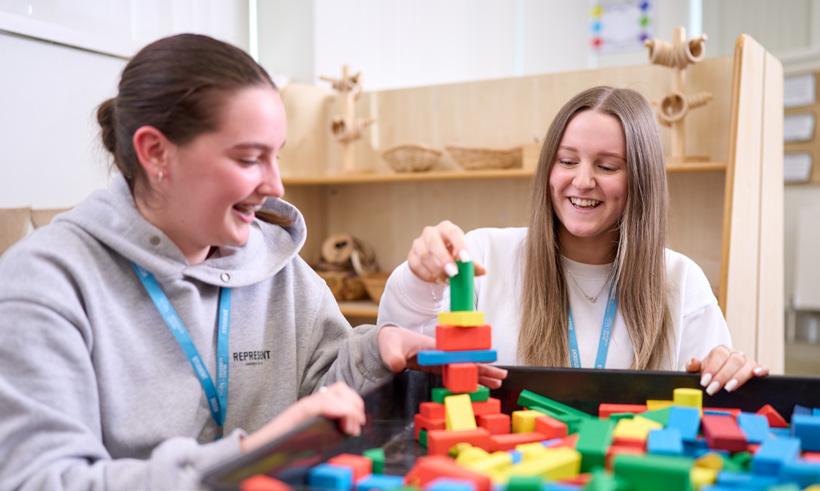

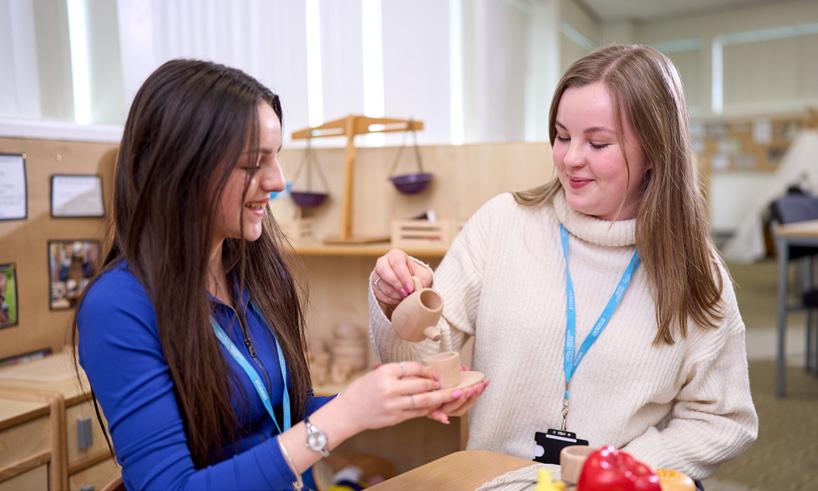
An Early Years Practitioner will work and interact directly with children on a day-to-day basis supporting the planning and delivery of activities, purposeful play opportunities and educational programmes. This apprenticeship will include working in partnership with other colleagues, parents and/or carers or other professionals to meet the individual needs of each child, using play to support children to understand and encourage healthy life choices. You will also identify issues of safeguarding and child protection, ensuring that the welfare and safety of children is promoted and safeguarded.
On completion of this apprenticeship you could progress on to the Level 3 Early Years Educator qualification, or work towards roles such as nursery practitioner, classroom assistant or pre-school practitioner.
Early Years Educators are highly trained professionals who play a key role in ensuring that young children learn and develop well and are kept healthy and safe. This apprenticeship will give you the knowledge and skills required to work as an Early Years Educator and will include supporting children’s learning and development through applying knowledge of pedagogy and observation; developing secure and supportive relationships with children and families; and working in partnership with other organisations and agencies to support children’s learning and development. You will also initiate and engage in continuous professional development, underpinned by reflective practice, and support the implementation of change to improve practice.
Completion of this apprenticeship will allow you to work with children 0 - 5 years in an Early Years setting, or you could progress on to higher education or higher-level apprenticeships.
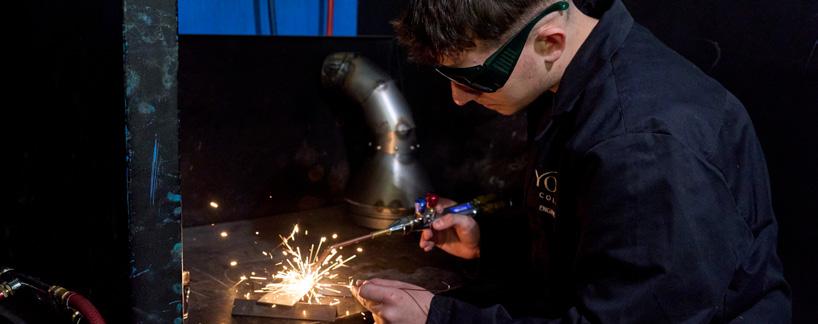
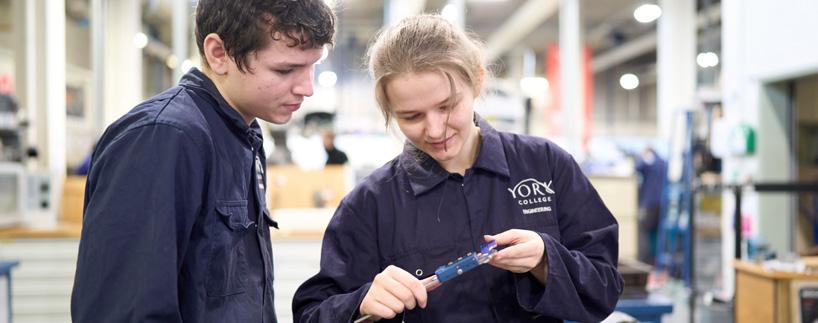
FIND OUT MORE

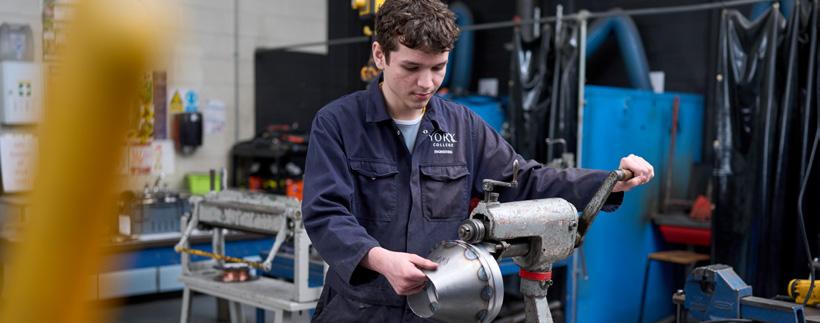
Engineering Fitters are often found in manufacturing and processing sectors of engineering. They typically produce or refurbish complex high value, low volume components or assemblies in full or part, using machines, equipment or systems. Fitters work across a range of engineering disciplines such as mechanical, electrical, electronic and control systems. This apprenticeship will cover units such as understanding engineering drawings and diagrams, quality standards, tools and equipment required, and also professional skills such as effective communication, team working and organisational skills. Theory work will be a key component completing a BTEC Advanced Manufacturing Engineering Diploma Level 3.
Following completion of this apprenticeship you may progress into full-time work in the industry or continue with the next level of study.
This apprenticeship will give you the knowledge and skills to work as a Maintenance & Operations Engineering Technician. There are two routes to choose from, Electrical Technician and Mechanical Technician.
You will study a range of units to support your knowledge development including health & safety, engineering maths, mechanical principles, electrical/electronic principles and engineering maintenance. You will also develop a range of skills including mechanical assemblies, engineering maintenance and hand fitting. A key component of this apprenticeship is the development of both theory knowledge and practical skills relevant to the role.
Following completion of this apprenticeship you may work towards higher-level apprenticeships and qualifications or progress into full-time work in the industry.
Metal Fabricators carry out metal fabrication work using rolled steel joists, columns, channels, steel plate and metal sheet. This apprenticeship will cover a range of units which include interpreting technical drawings to mark out, produce and assemble complex fabricated products; use of appropriate tools and equipment; demonstrating knowledge of material properties; and operate tools and equipment to shape and form metal materials. You will work towards the Diploma in Advanced Manufacturing Engineering, and theory work in the classroom will be a key component. On completion of this apprenticeship you can progress on to higher-level apprenticeships or the HNC in Engineering.
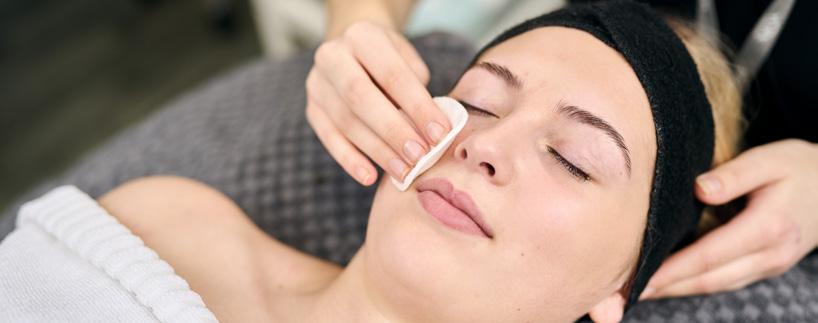
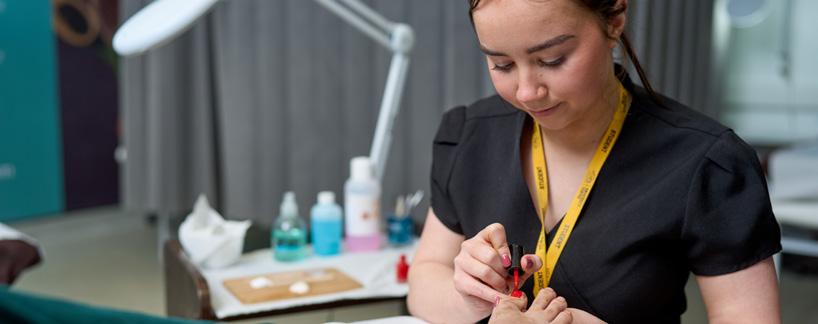

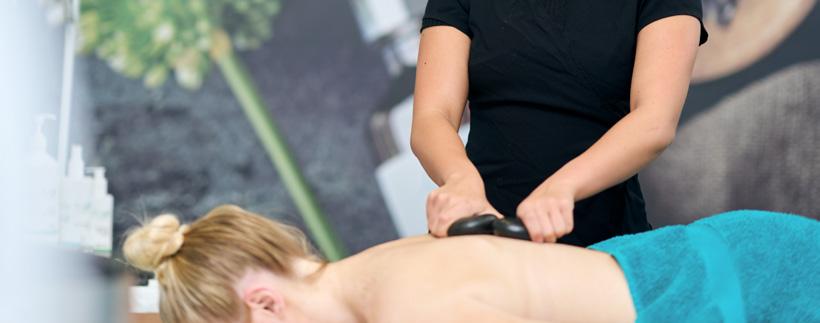
Beauty Therapy is a varied and creative industry. This apprenticeship will allow you to develop the knowledge and skills needed through a range of units which include carrying out beauty treatments in line with industry requirements; selecting, using and applying a range of beauty therapy techniques, products and tools; and carrying out waxing services, eyelash and eyebrow treatments and make-up application. Theory work will also be a key component. Study will include working towards Beauty Professionals - Beauty Therapist Level 2.
Following completion of this course you could progress to the Advanced Beauty Therapist Level 3 Apprenticeship or Diploma, or enter the workforce as a qualified Beauty Therapist in salons, spas or as a freelance professional.
This apprenticeship will give you the knowledge and skills required to work as a Beauty Therapist to provide, design and implement bespoke treatment plans. These advanced treatments range from advanced manual therapies such as advanced massage techniques to technical therapies including face and body electrical treatments. You will also complete advanced consultations, provide post treatment aftercare and product advice, and continue with your professional development.
Upon completion of this apprenticeship you can progress on to higher-level qualifications to specialise in aesthetic treatments, or pursue training in salon management, teaching, or become self-employed.
A Wellbeing and Holistic Therapist will create, implement and adapt tailored holistic and wellbeing experiences, meeting and managing treatment and experience outcomes in a private and secure environment. This could be working in a leisure, holistic or wellness therapy centre. You will cover a range of units which will include Indian head massage, wellness and holistic massage, thermal therapy treatment, and the option of studying facial electrical treatment.
On completion of this apprenticeship you may progress on to higher-level Aesthetics qualifications or work as a Wellbeing and Holistic Therapist in a range of expanding environments.
Hairdressing is a varied and creative industry. This apprenticeship will allow you to develop the knowledge and skills needed through a range of units which include safe working practices, behaviour and communication skills, consultations, shampoo, condition, and treating the hair and scalp. You will also cut, style and finish hair to achieve a variety of looks and colour and lighten hair using a range of techniques.
Job opportunities following completion of this qualification include Junior Stylist, Stylist, Colour Technician, self-employment, starting your own business or progression on to the Advanced & Creative Hair Professional Apprenticeship Level 3.
Hairdressing is an exciting and varied career. This apprenticeship will give you the knowledge and skills required to work as a Hairdresser and will include units teaching you to provide hairdressing consultation services; creatively colour, lighten, style and dress hair; cut hair using a combination of techniques; provide colour correction services; and cut men’s hair using basic techniques. You will also put together a collection of looks which will inform the professional discussion during your End-Point Assessment.
Following completion of this apprenticeship you can progress into roles such as Senior Stylist, Colour Technician, Salon Manager, or Session Stylist in the fashion and media industry. You may also consider teaching or working as a Freelance Stylist.
There is a demand for skilled and qualified barbers who are well trained and enthusiastic workers. This apprenticeship will provide the knowledge and skills to work as a Barber and will cover units such as client consultations, cutting hair using barbering techniques to create a variety of looks, shampoo and condition hair and provide hair and scalp treatments, as well as cutting and shaving facial hair.
Following completion of this qualification you may progress on to a higher-lever apprenticeship or seek employment in roles such as Junior Barber or Colour Specialist. Alternatively you may wish to become self-employed or start your own business.

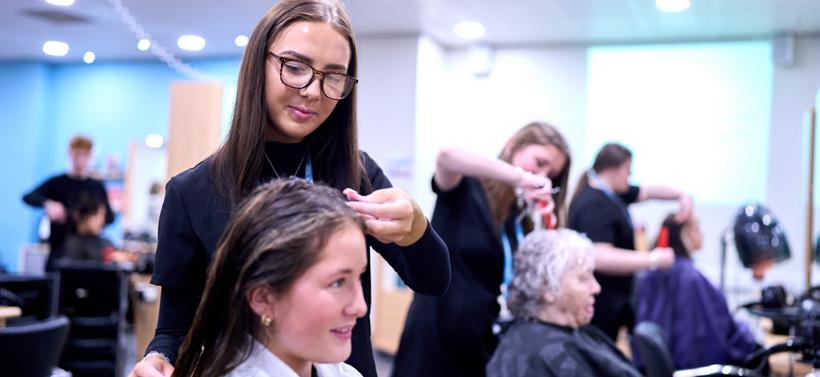



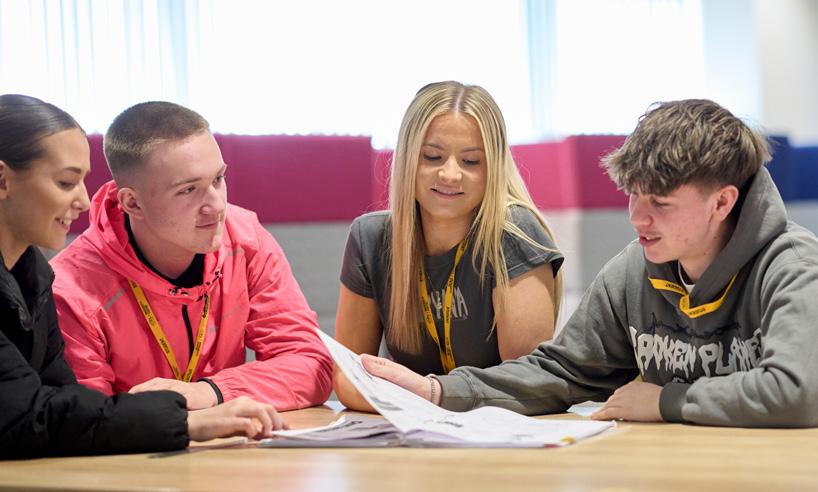
Adult Care Workers are the frontline staff who help adults with care and support needs to achieve their personal goals and live as independently and safely as possible, enabling them to have control and choice in their lives.
This apprenticeship will give you the knowledge and skills required to work as an Adult Care Worker and will cover how to support individuals to remain safe from harm (safeguarding), how to promote health and wellbeing for the individuals being supported and work colleagues, the importance of communication, and how to work professionally, including your own professional development.
On completion of this apprenticeship, you could progress on to the Level 3 Senior Healthcare Support Worker Apprenticeship.
Senior Healthcare Support Workers work in a range of settings such as hospitals, as part of a community team, individual’s homes, hospices and in general practice. They support registered healthcare professionals in the delivery of high-quality and compassionate health and care services.
This apprenticeship will give you the knowledge and skills required to work as a Senior Healthcare Support Worker and will include promoting the health and well-being of individuals, using communication methods and techniques to overcome barriers, recording and storing information related to individuals, and keeping information confidential. You will also be expected to contribute to the quality of services by participating in improvement activities and provide leadership for others. An Adult Nursing Support Pathway is also available where you will undertake delegated nursing care and support for adults.
On completion of this apprenticeship you could progress into a supervisory role or look to specialise in certain fields of work.
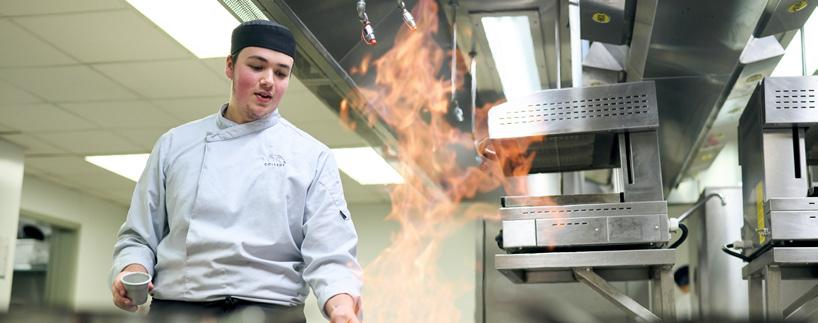
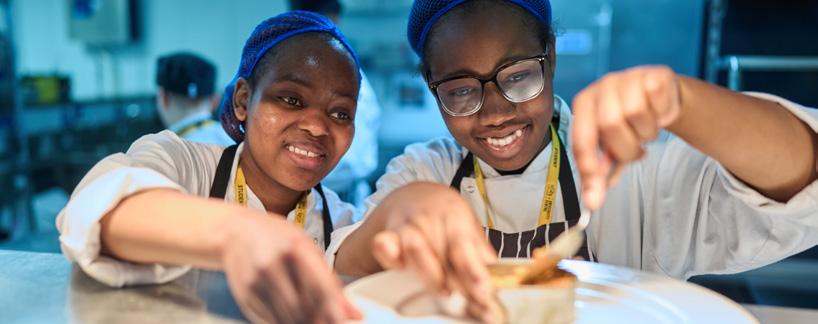
FIND OUT MORE

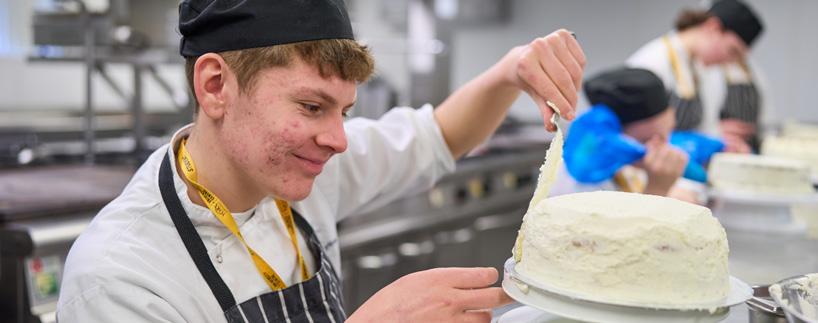
This apprenticeship is suitable for those working in a variety of organisations such as restaurants, hotels, care homes, hospitals, military establishments and cruise ships. The broad purpose is to support the kitchen by preparing, cooking and finishing a range of food items whilst rotating around each section of the kitchen. This apprenticeship will cover a range of culinary skills and techniques, preparing and cooking commodities including fish, shellfish, meat, poultry, game, offal, vegetables, stock, sauces, soup, bread and dough, pastry, cakes, and hot and cold desserts. Other knowledge covered includes waste management, basic costings, food safety and legislation.
On successful completion of this apprenticeship you could progress on to a Senior Culinary Chef Apprenticeship or Sous Chef position.
This course is for those who are working as part of a team in a variety of different areas, such as private, public or third sector and in all sizes of organisations where they have centrally developed recipes and menus, often produced in high volume.
You will gain the knowledge and skills required to work as a Production Chef and will develop subject knowledge and culinary and technical skills in a range of commodities. You will maintain excellent standards of personal, food and kitchen hygiene; ensuring compliance to procedures, menu specifications and recipes. Complying with relevant legislation and effective communication and team work are also key elements.
On successful completion of this apprenticeship you could progress on to the Senior Production Chef or Chef de Partie Apprenticeship or into a more senior role within the organisation.
A Senior Production Chef is a first line management role, with operational responsibilities or responsibility for managing a team. This apprenticeship will give you the knowledge and skills required to work as a Senior Production Chef. You will learn about production of dishes and menu items using advanced preparation methods in a range of commodities, with the ability to transfer this knowledge to junior members of the team. Maximising yield and quality ensuring waste is minimised is crucial.
On successful completion of this apprenticeship there may be an opportunity to study a higher-level qualification or progress into a management role within the organisation.
Apprenticeship Level 2
A Food & Beverage Team Member assembles and serves a range of food and beverages to customers, ensuring a seamless and quality customer experience. General duties include making beverages, serving food and beverages, managing bookings and resolving issues.
This apprenticeship will give you the knowledge and skills to work as a Front of House team member and will include topics such as customer service, food safety, team work, food and beverage service skills and sales techniques.
On successful completion of the apprenticeship there could be a possibility of moving on to the Level 3 Hospitality Supervisor Apprenticeship or other Level 3 apprenticeships in the relevant area, or into a more senior role within the establishment.
Apprenticeship Level 3
A Hospitality Supervisor can work in a wide range of establishments including bars, cafes, hotels or restaurants. A supervisor has to be able to work under pressure, perform a variety of tasks and maintain excellent customer service. This apprenticeship will give you the knowledge and skills required to work as a Hospitality Supervisor and will include topics covering food safety and customer service including coordinating the team to deliver to customers according to their needs in line with business/brand standards. You will develop leadership styles and supervisory management skills appropriate to the business, and prepare food and beverage service areas in line with service style.
On successful completion of this apprenticeship you may progress into a hospitality management position.
Apprenticeship Level 3
This apprenticeship will give you the knowledge and skills to cook and finish complex dishes whilst overseeing a section of the kitchen, which could be the pastry, larder, butchery, fish, sauce or vegetable section. Emphasis is on culinary skills, team management, health and safety and all business aspects of the hospitality industry. You will also develop a deeper understanding of preparing and cooking a range of commodities with the ability to transfer this knowledge to junior members of the team.
On successful completion of this apprenticeship you could progress on to a Senior Culinary Chef Apprenticeship or Sous Chef position.
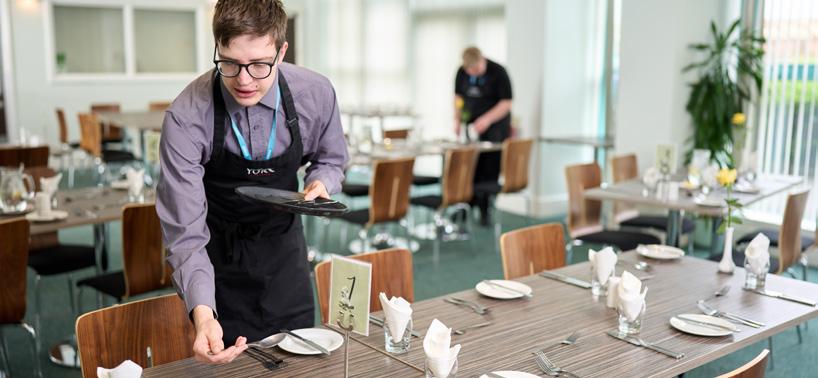

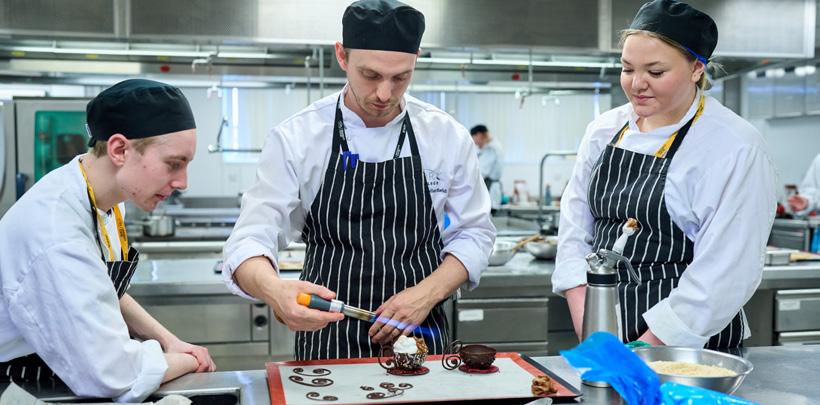




Typical duration 30 months plus
This apprenticeship is ideal if you would like a career in the motor vehicle industry. This could be with a main dealer, independent garage or a specialist garage. You will study the knowledge and skills required through a range of units which include carrying out vehicle safety inspection, using a wide range of specialist equipment, replacing components on a specific range of vehicles systems, as well as understanding the importance of dealing with low level customer complaints. Theory work in the classroom will also be a key component.
On completion you can progress on to higher-level courses such as the Level 3 Motor Vehicle Service & Maintenance Technician Apprenticeship.
Typical duration 36 months plus
This apprenticeship will give you the knowledge and skills to work in the Motor Vehicle Service and Maintenance area. You will cover a range of units which include using diagnostic equipment and following recognised procedures to establish faults; removal and replacement of vehicle parts to complete a wide range of repairs; and contribute to problem solving discussions, finding solutions and suggesting ways to make the business more efficient. You will also complete an F-Gas qualification and undertake theory work in the classroom.
Following completion of this apprenticeship you may progress into full-time work in the industry, or continue with the next level of study.
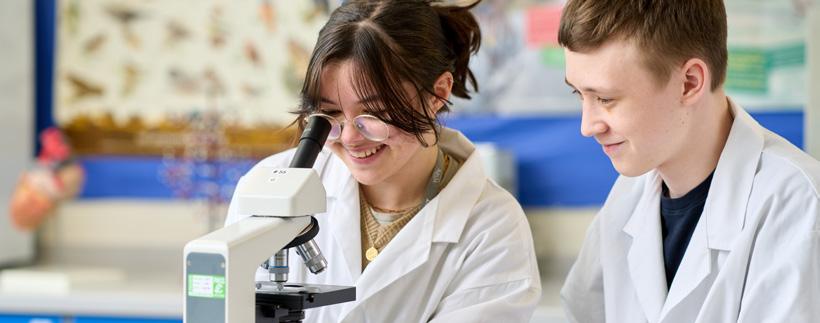

FIND OUT MORE

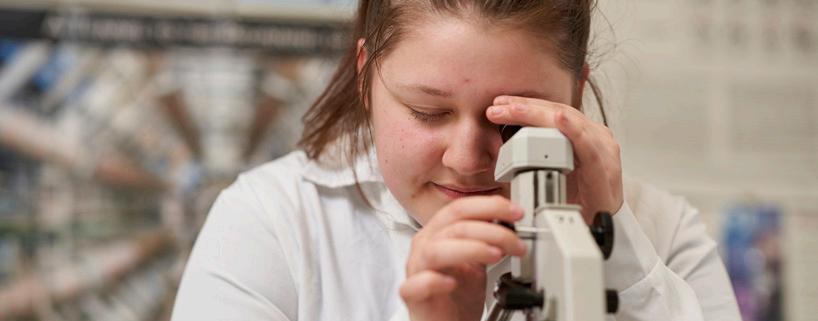
This course is aimed at those seeking employment as a trainee technician or already employed in the science industry or supporting the education sector. You will work towards a HNC in Applied Science - Biology. There is also an opportunity to study the Pearson BTEC Level 4 Higher National Certificate (HNC) in Applied Sciences (Biology Pathway) alongside this apprenticeship.
During the course you will cover core units which include fundamentals of laboratory techniques, scientific data handling approaches and techniques, and regulation and quality in the applied sciences. You may also study cell biology, fundamentals of chemistry, anatomy and human physiology, and biochemistry.
Ideally, once you have completed your apprenticeship you will have a job with your employer. From the Level 3 Laboratory Technician Apprenticeship you can then progress on to higher-level apprenticeships or higher national qualifications. Where possible, we also work with employers to ensure there are progression opportunities to higher study, including liaising with an appropriate university.
Open Events: Welcome Fest:
TASTER DAY I'LL BOOK ON TO
Every care has been taken to ensure the accuracy of the information given in this course guide. However, York College cannot accept any responsibility for the consequences of any error or omissions in its content.
If, in the opinion of the College authorities, circumstances necessitating a change in the course provision occur, an advertised course may be changed or the content of any course may be modified.
York College reserves the right to cancel courses. Where this happens we will endeavour to offer an alternative.
This course guide is for students applying to join us in September 2026 and was correct at the time of going to press - July 2025.
Thanks to everyone who contributed to this publication, either by providing information or photographs. Thanks to all students and staff featured.
The College is committed to equality for all and widening participation for disabled students, and ensuring that all students have access to a high quality learning experience.
To help us achieve this please make sure that you let us know what you need so we can make reasonable adjustments to help you succeed.
York College is committed to equality of opportunity. The aim is to create an environment in which people treat each other with mutual respect, regardless of: age; disability; family responsibility; marital status; race; colour; ethnicity; nationality; religion or belief; gender identity; sexual orientation; trade union activity; unrelated criminal convictions.

